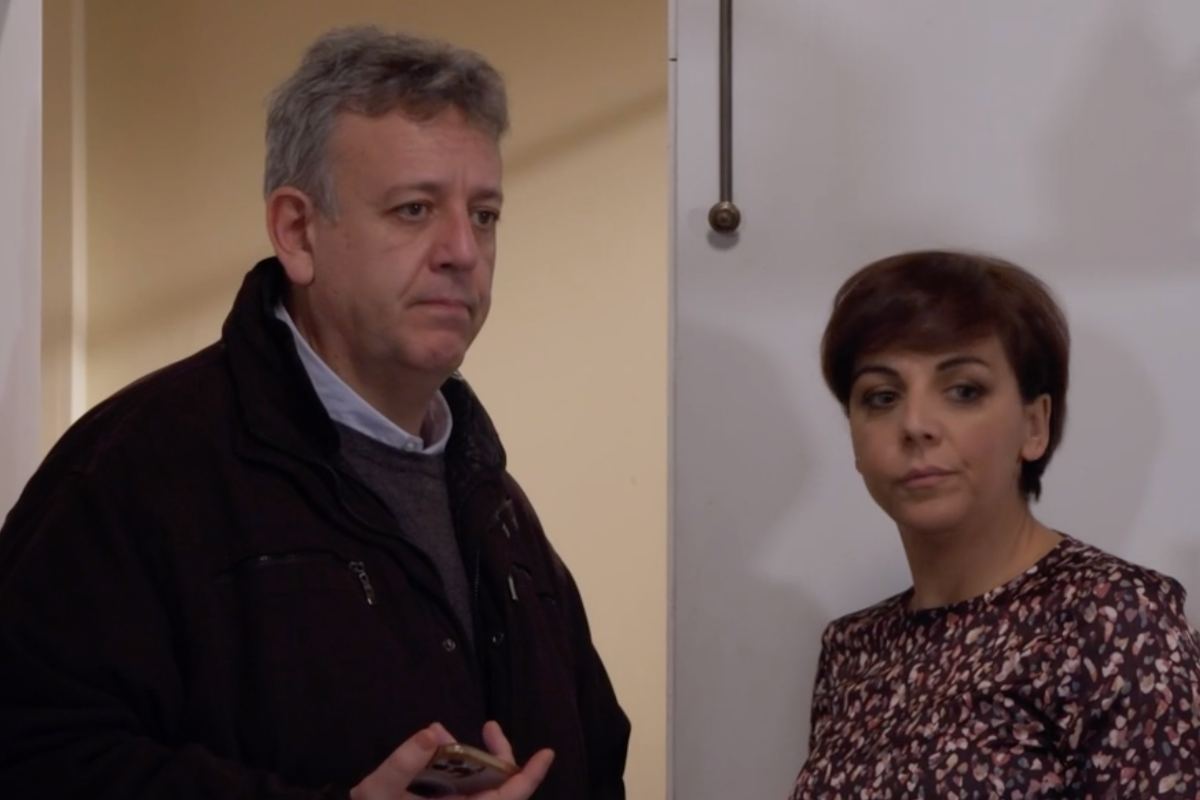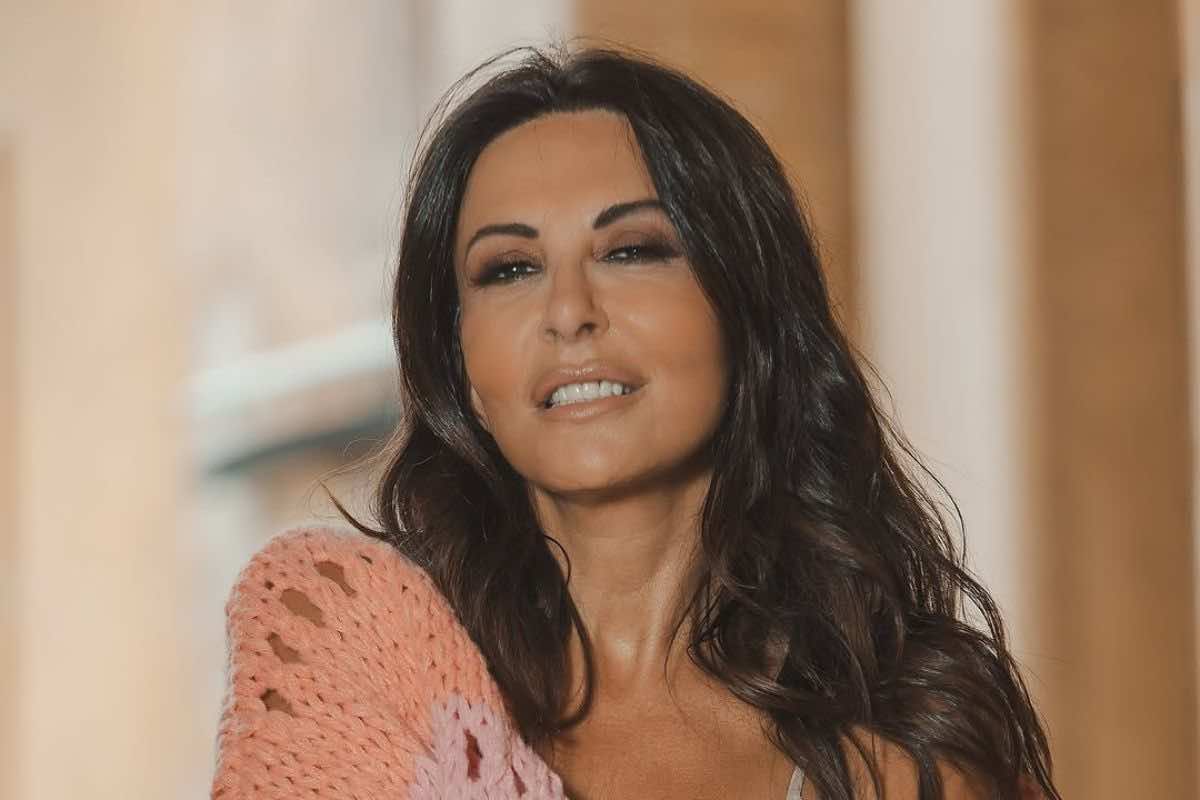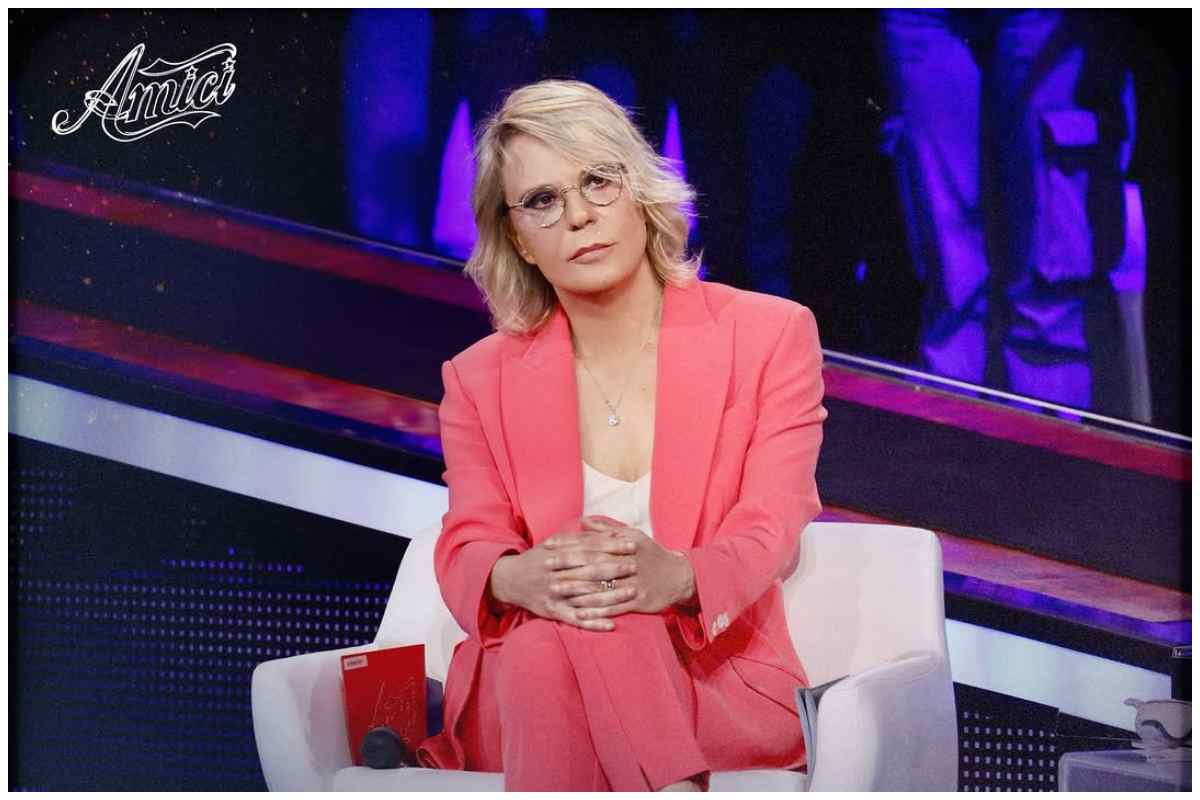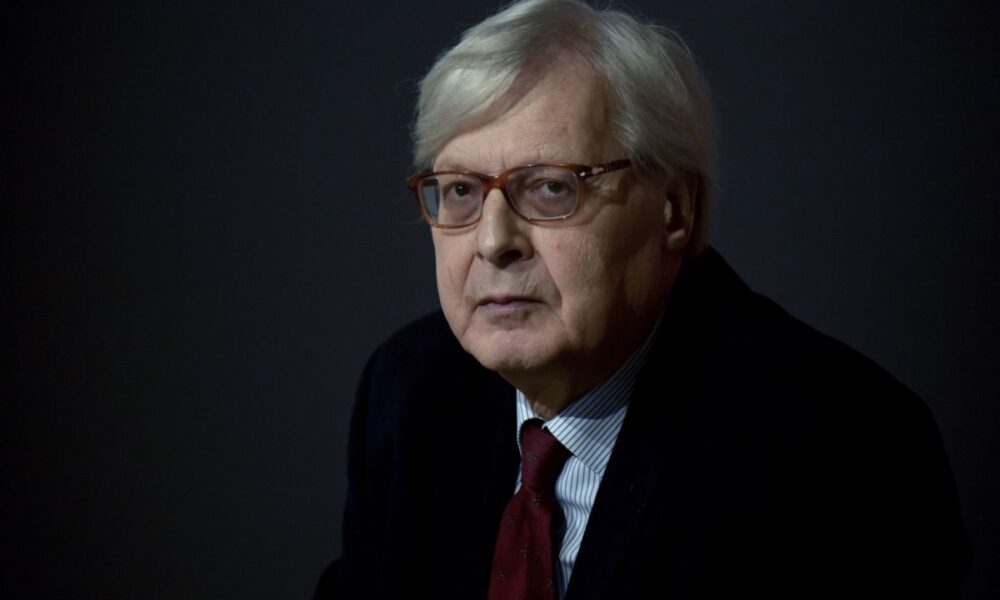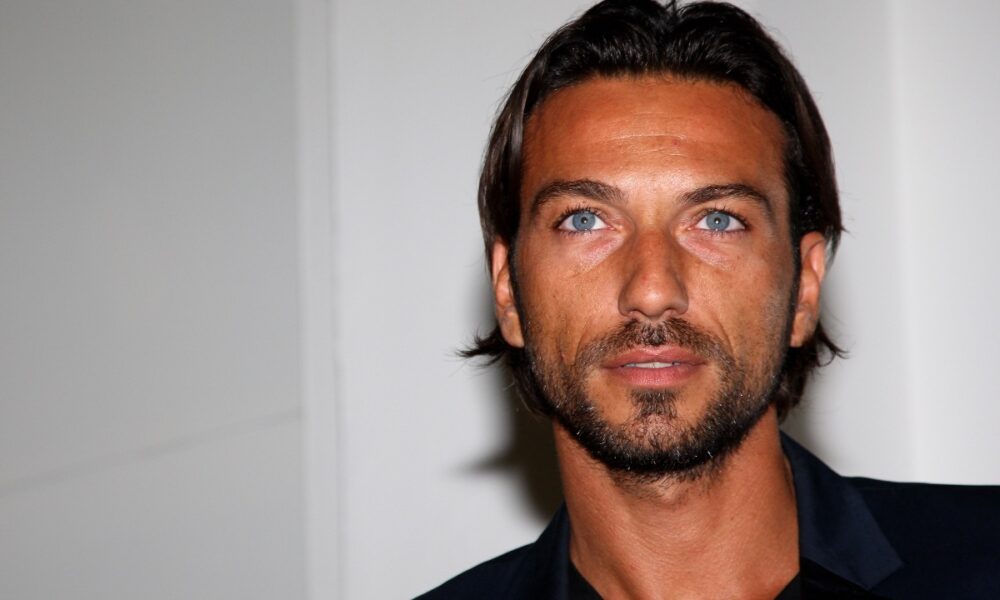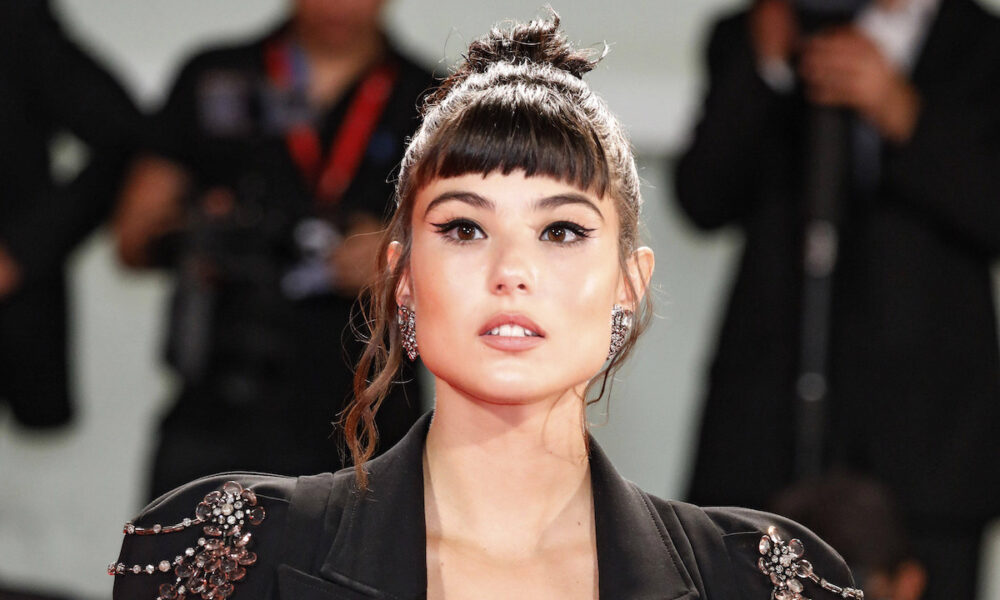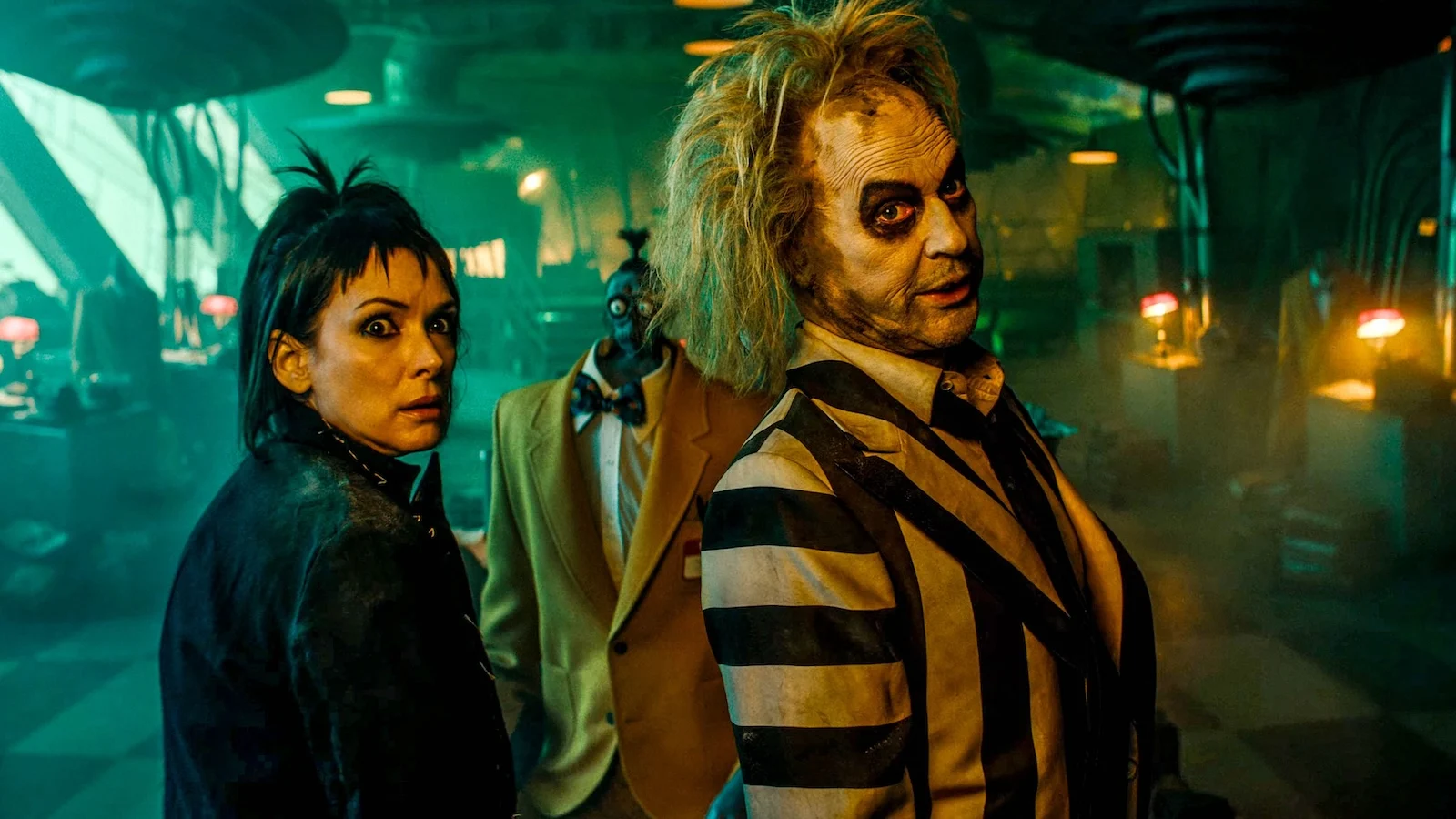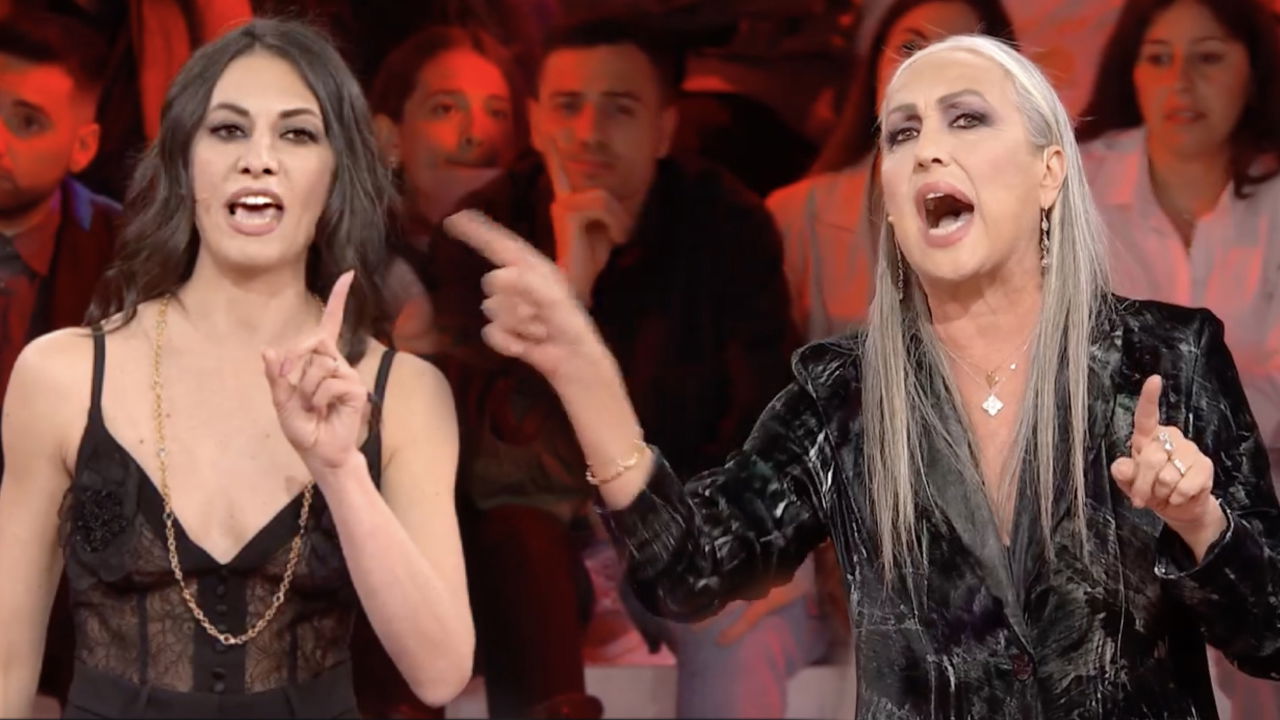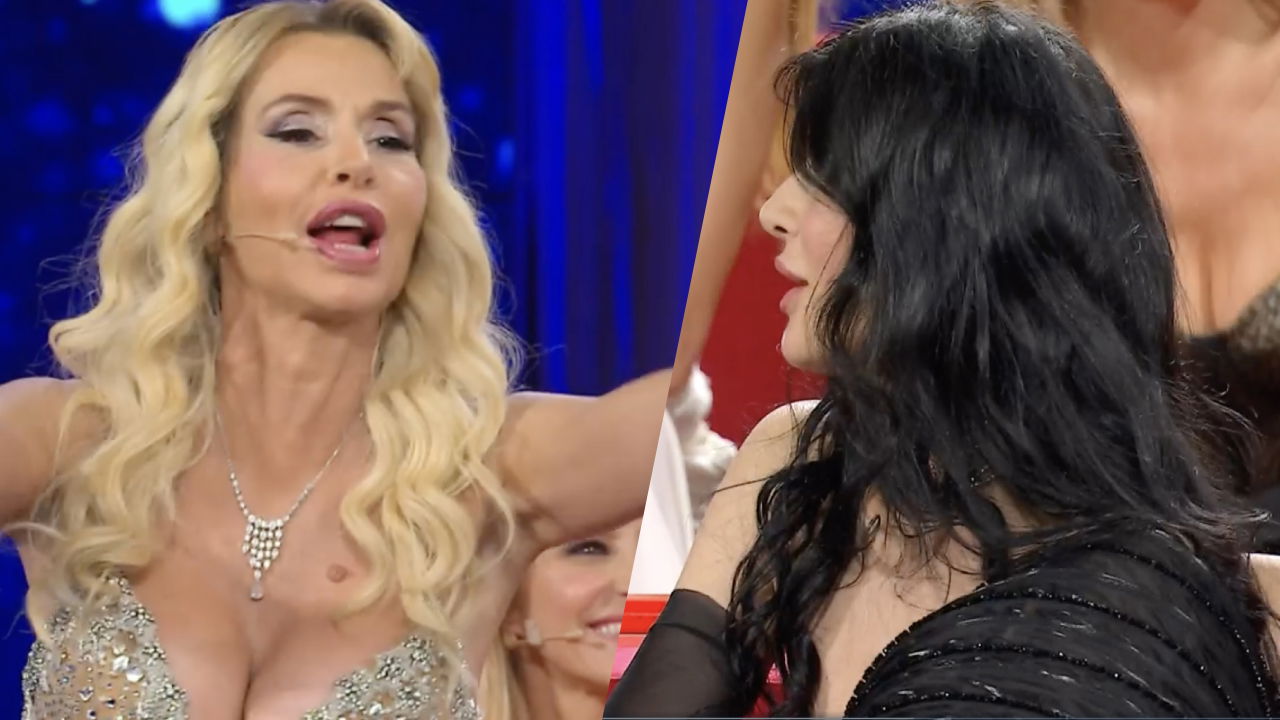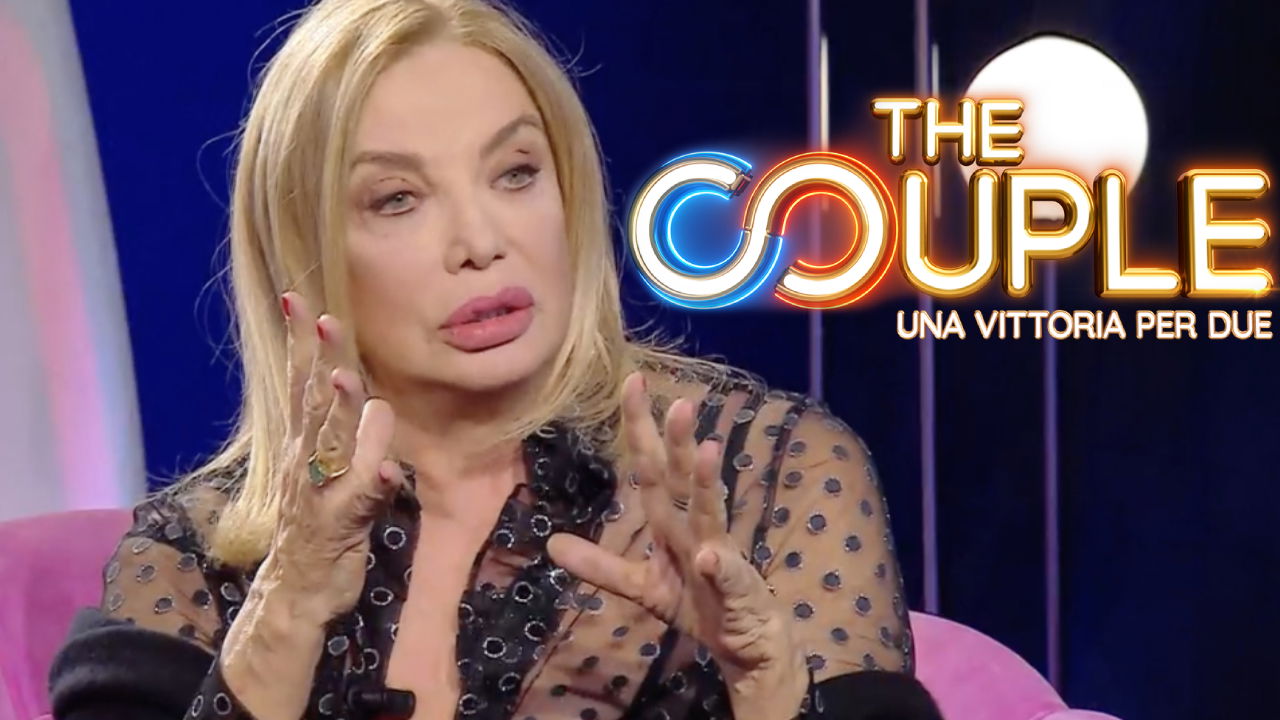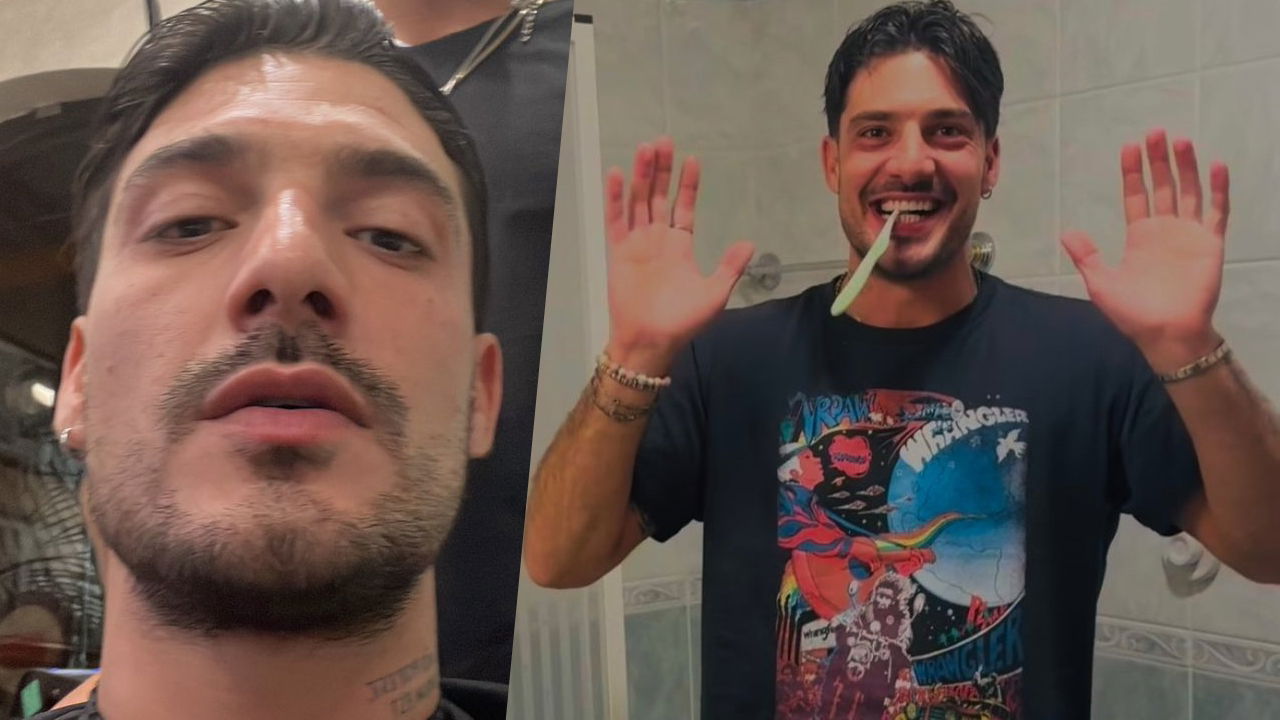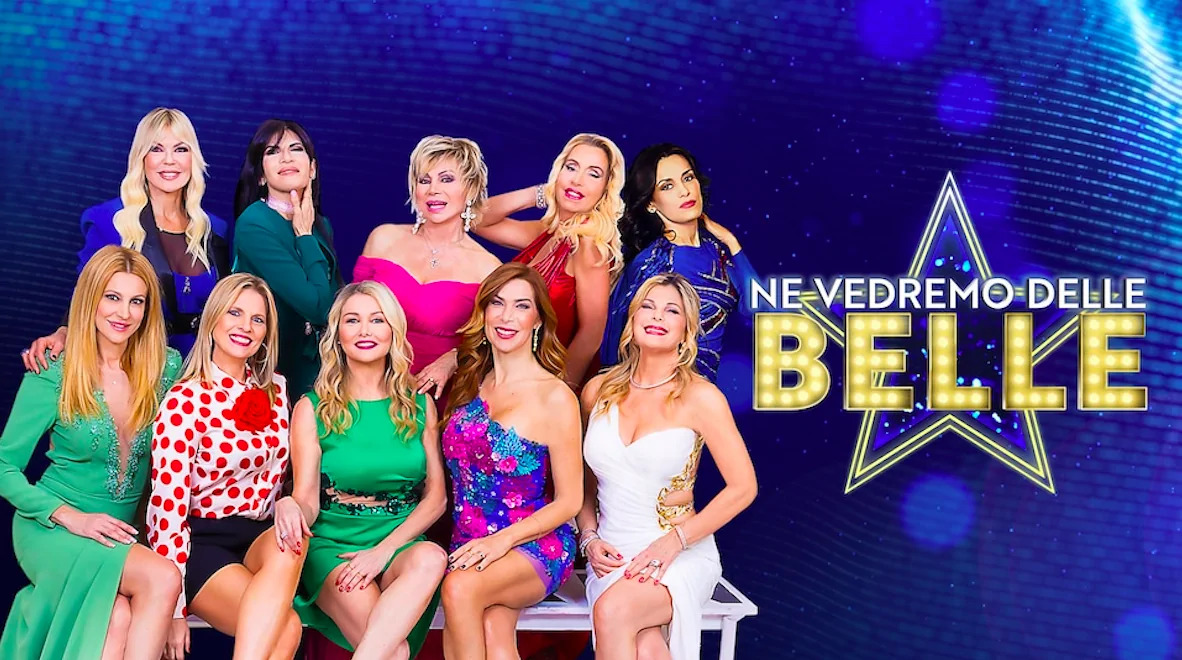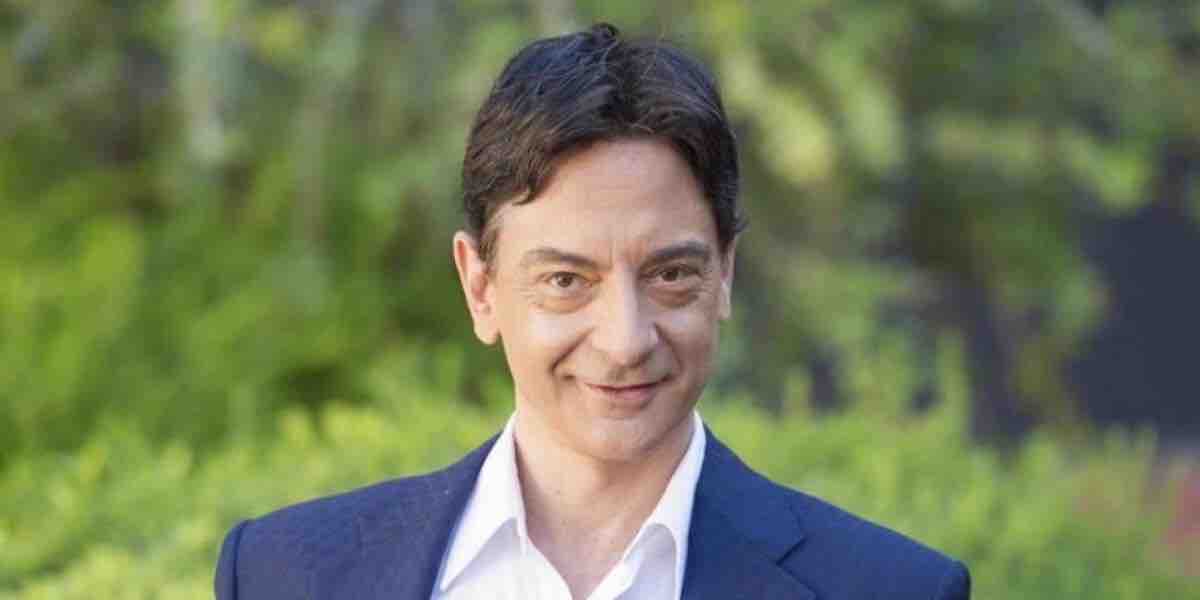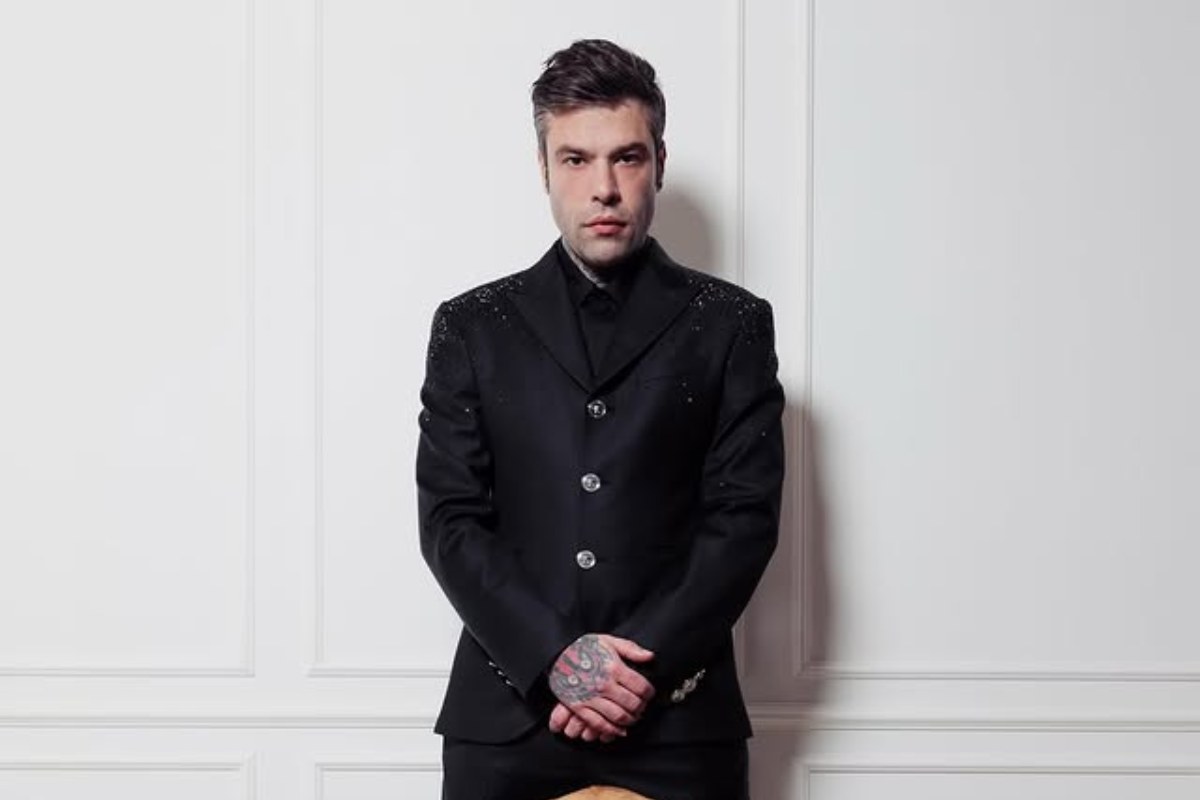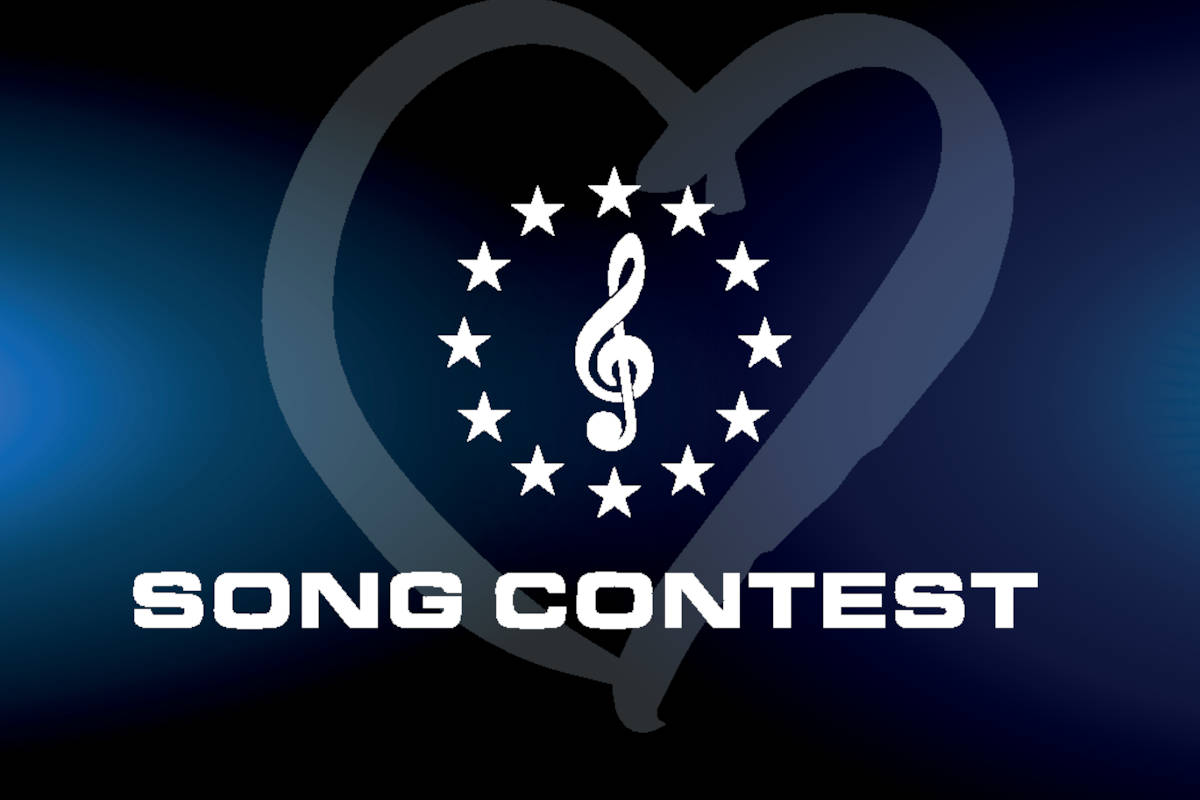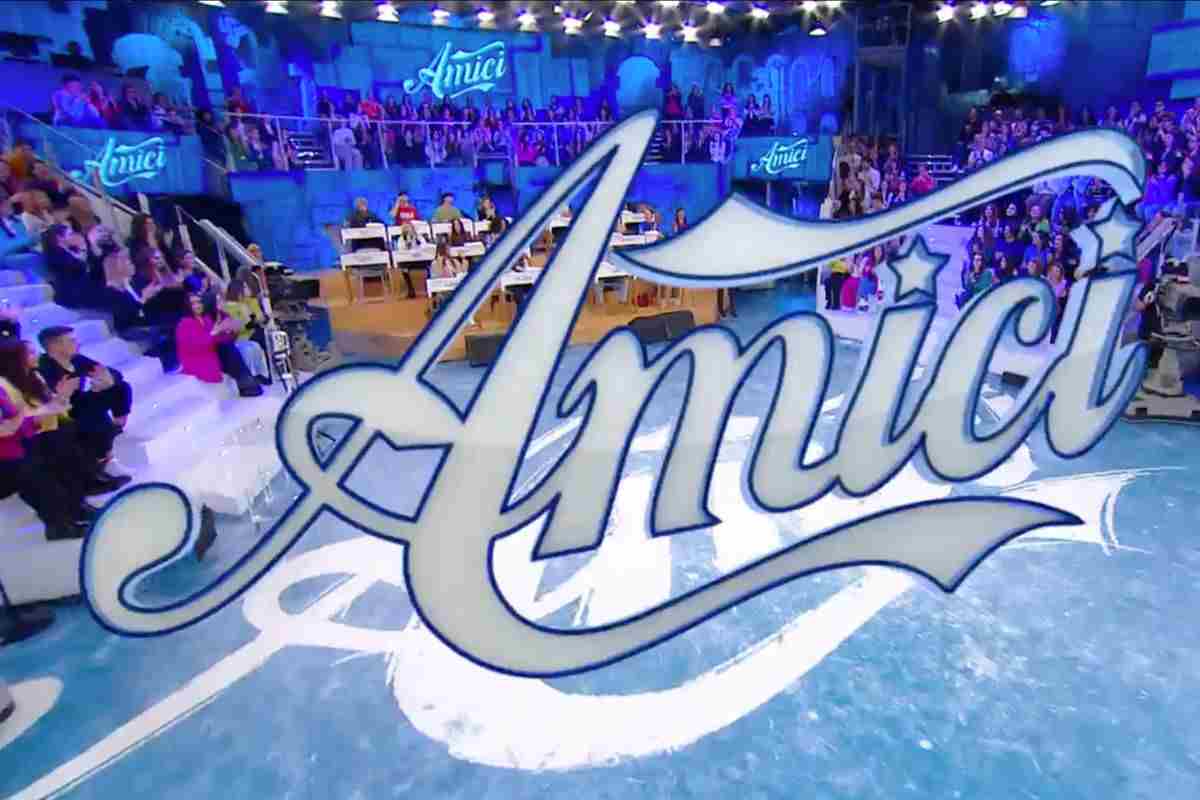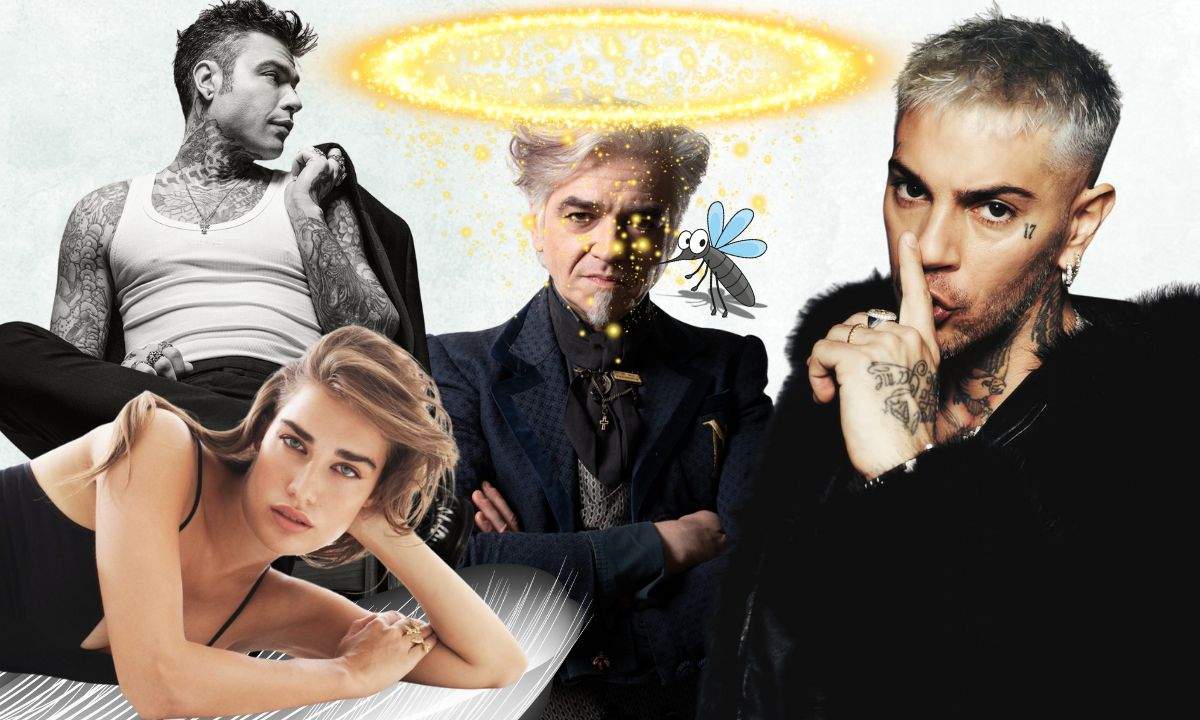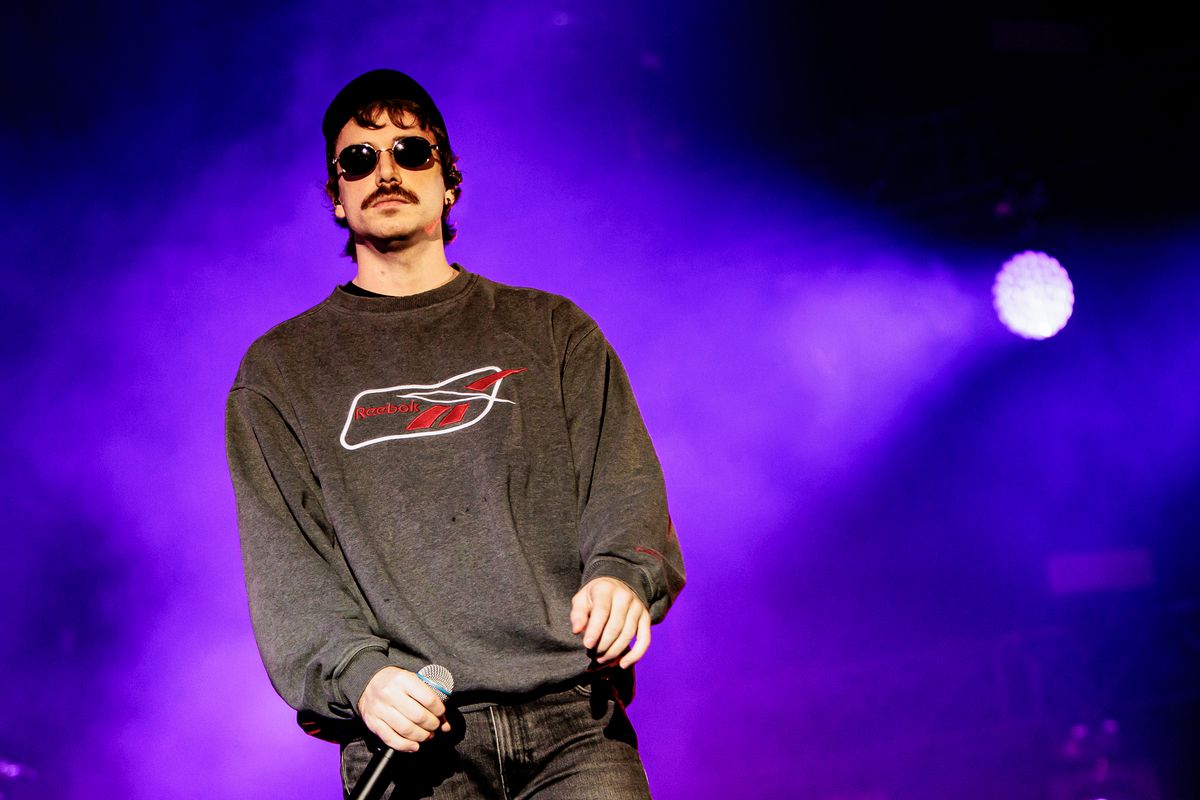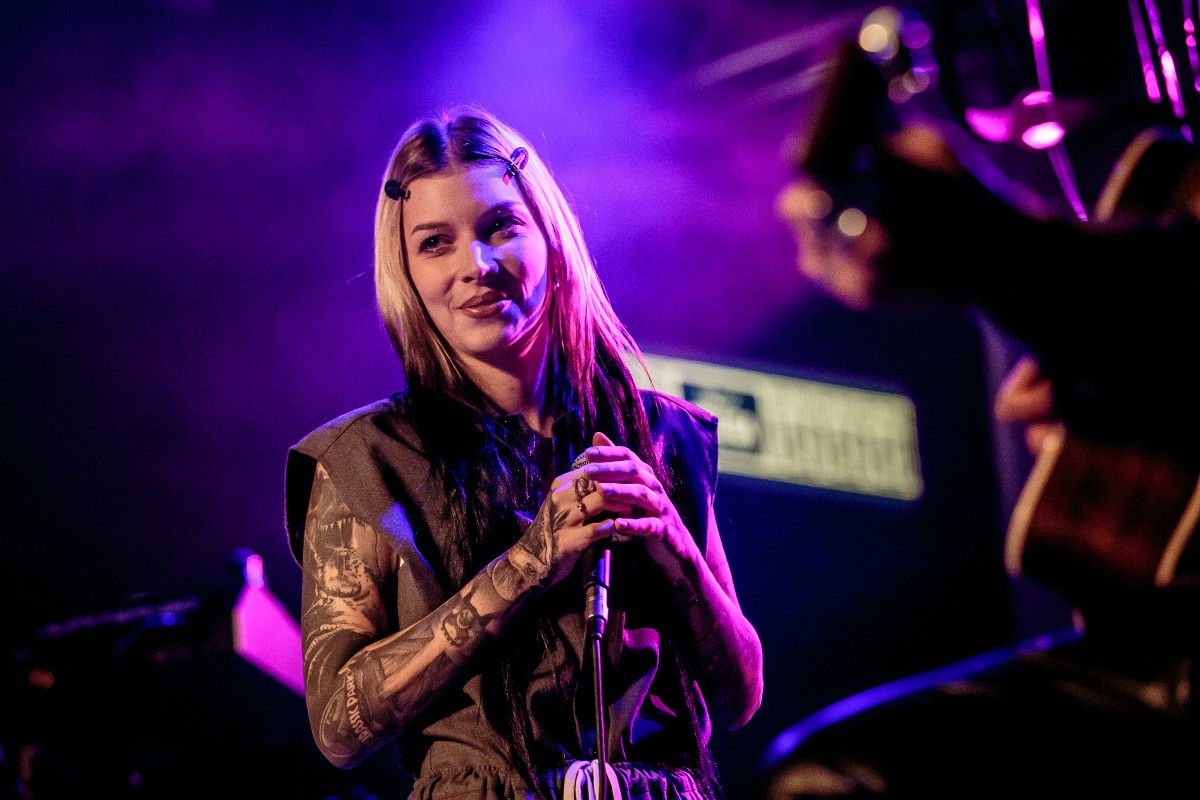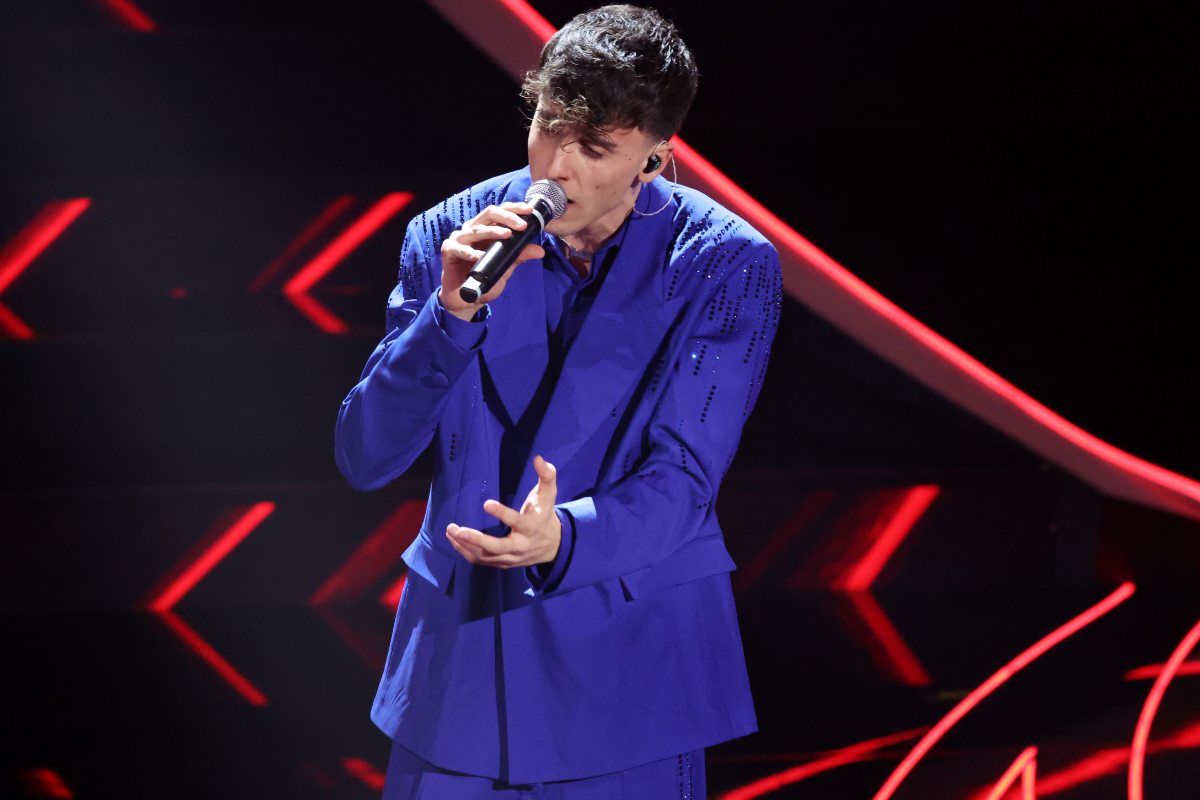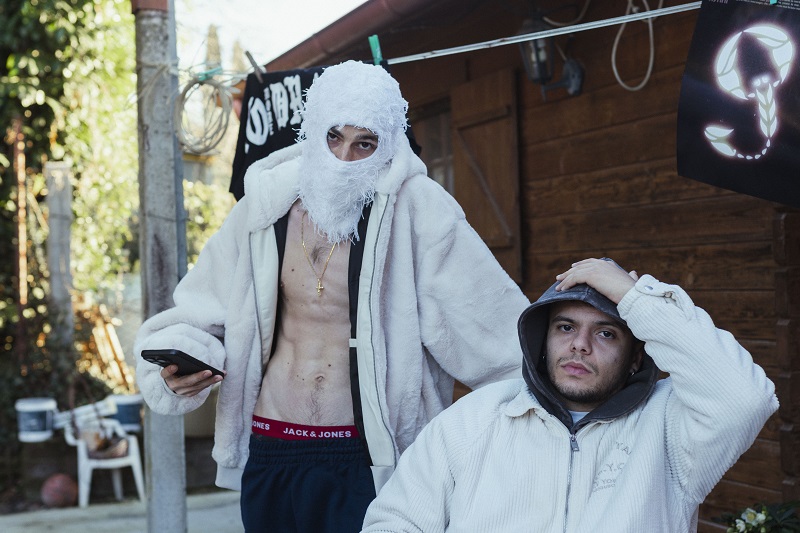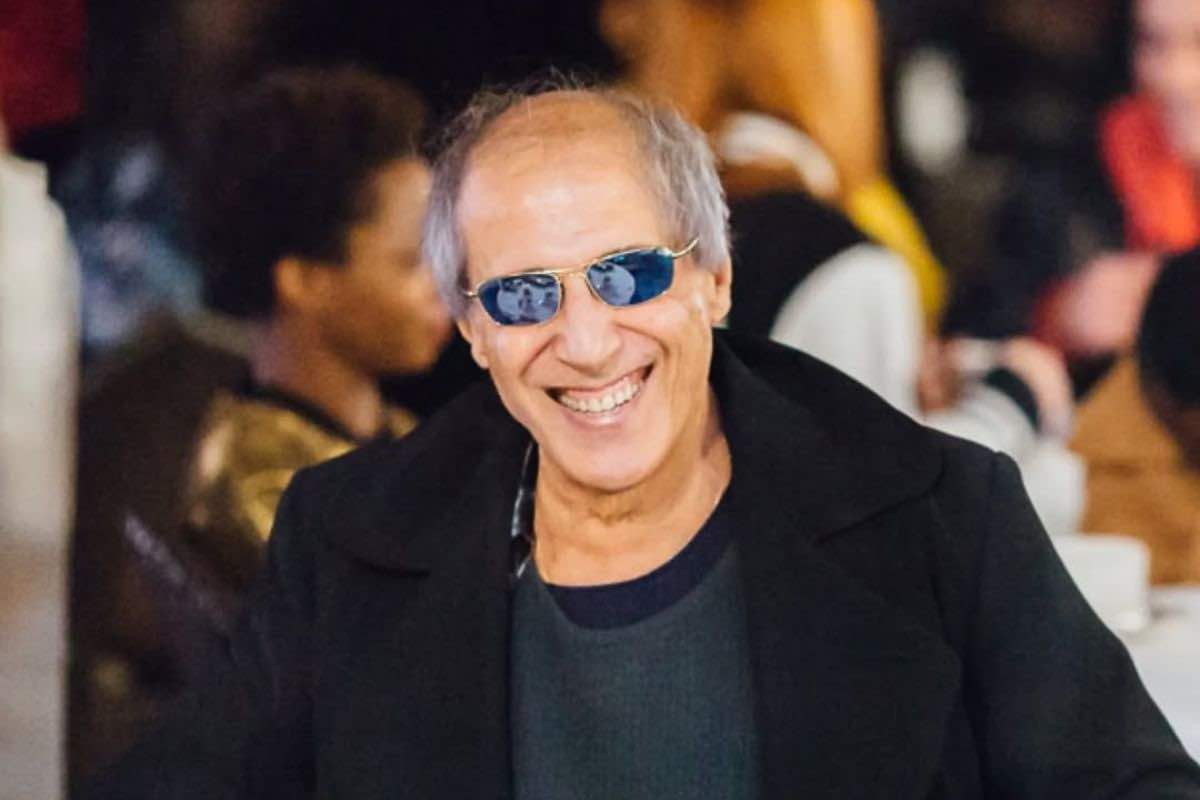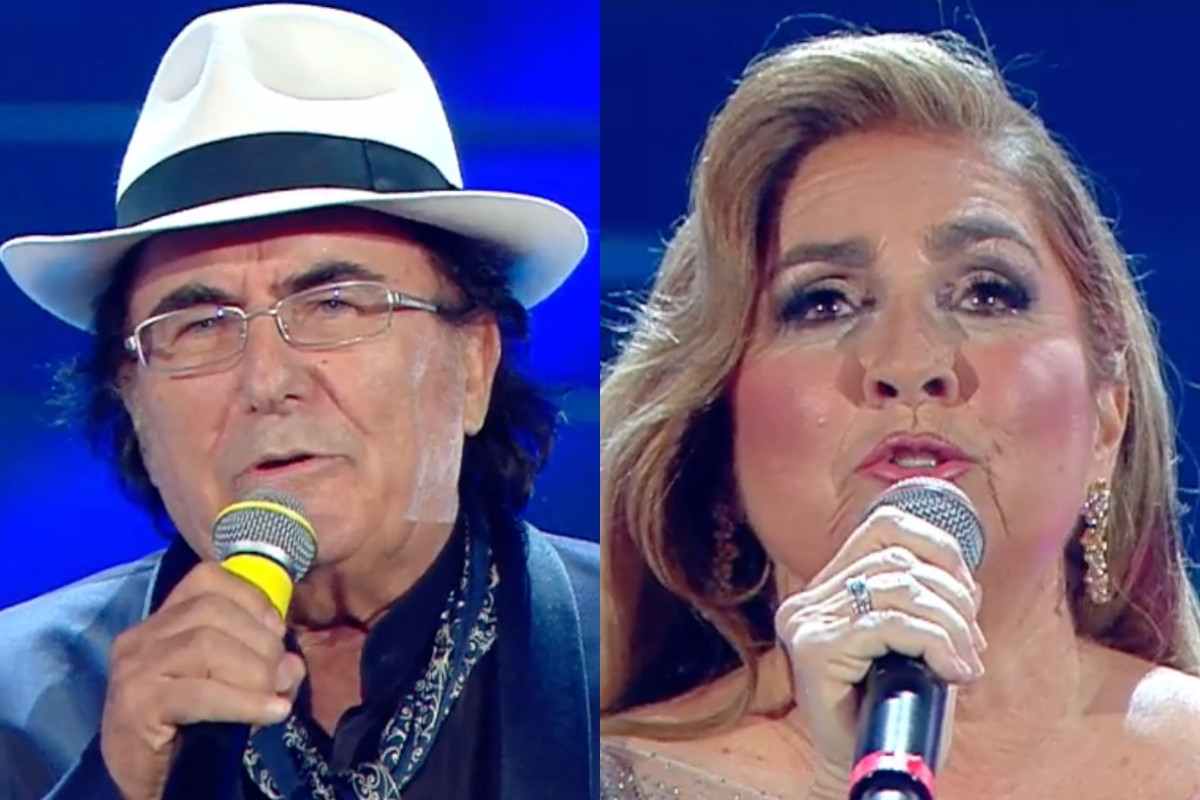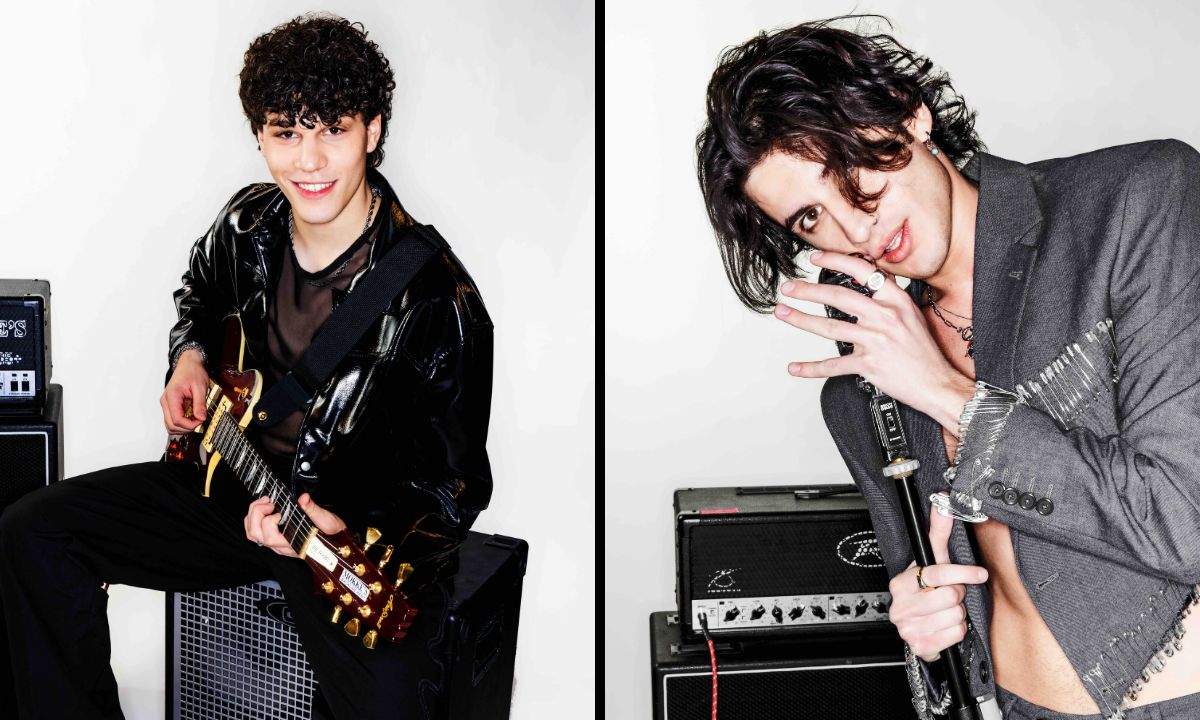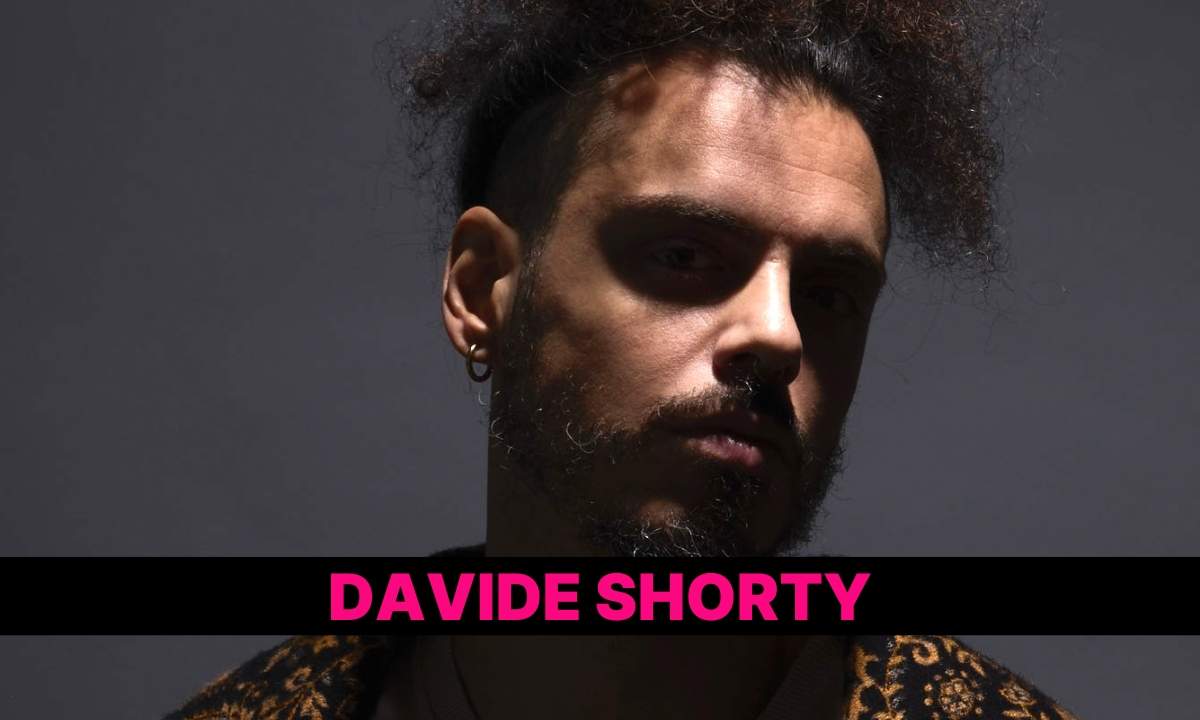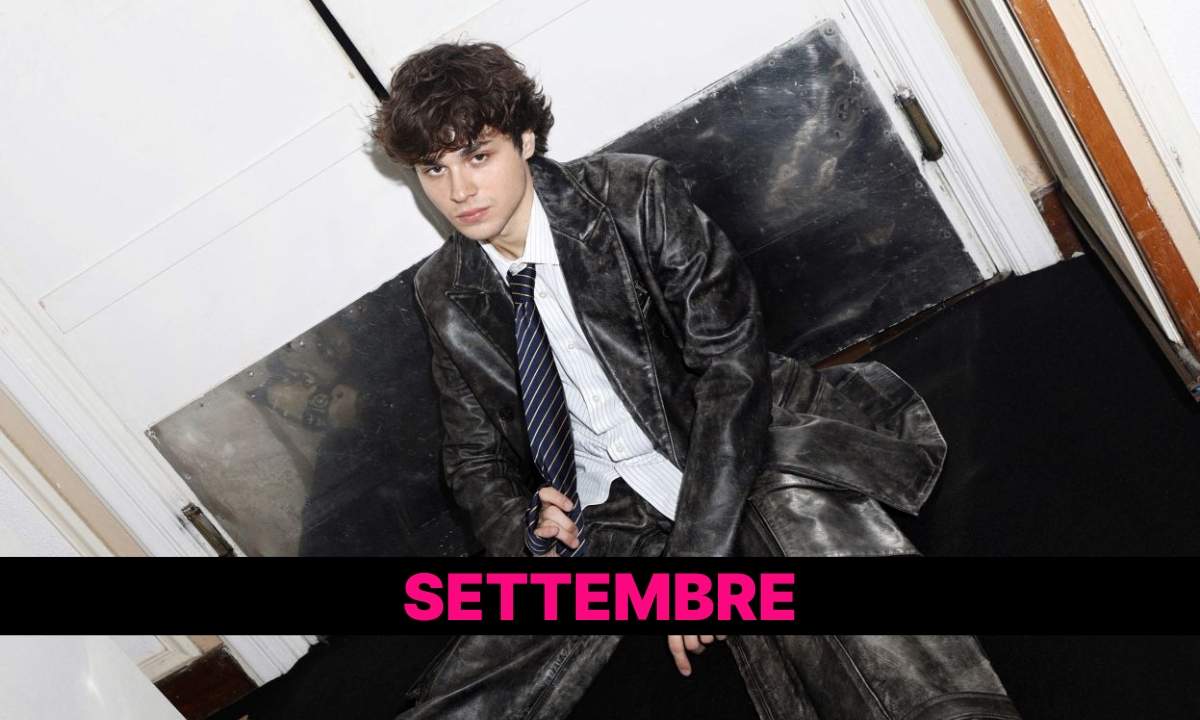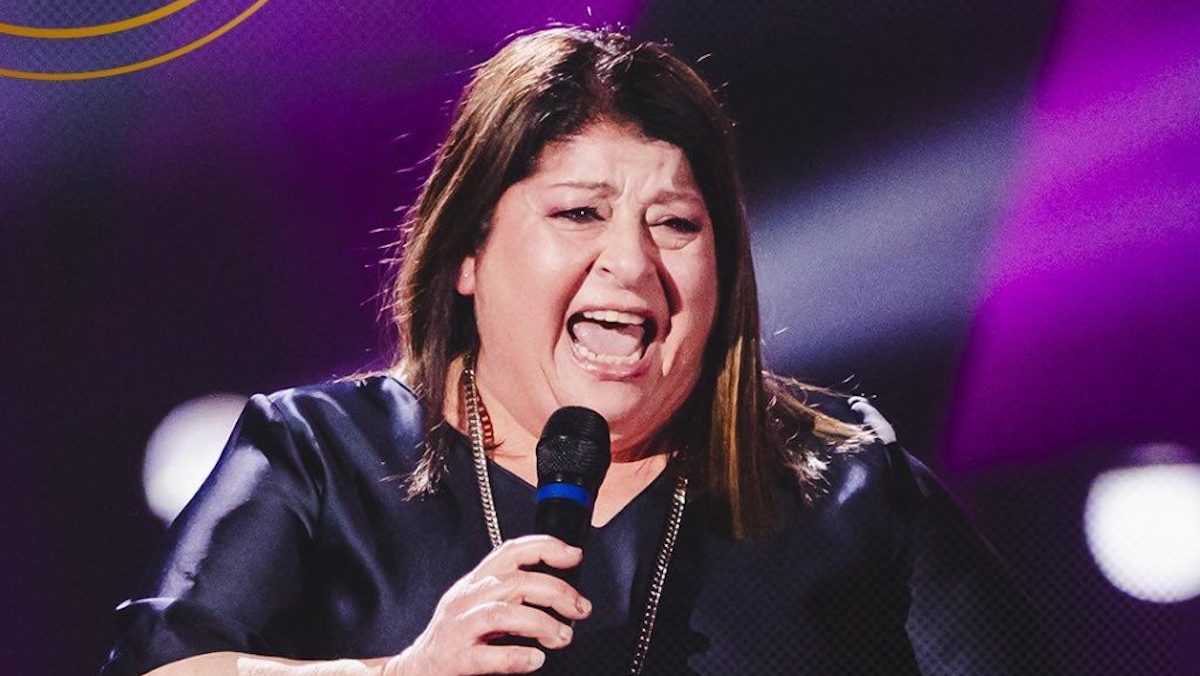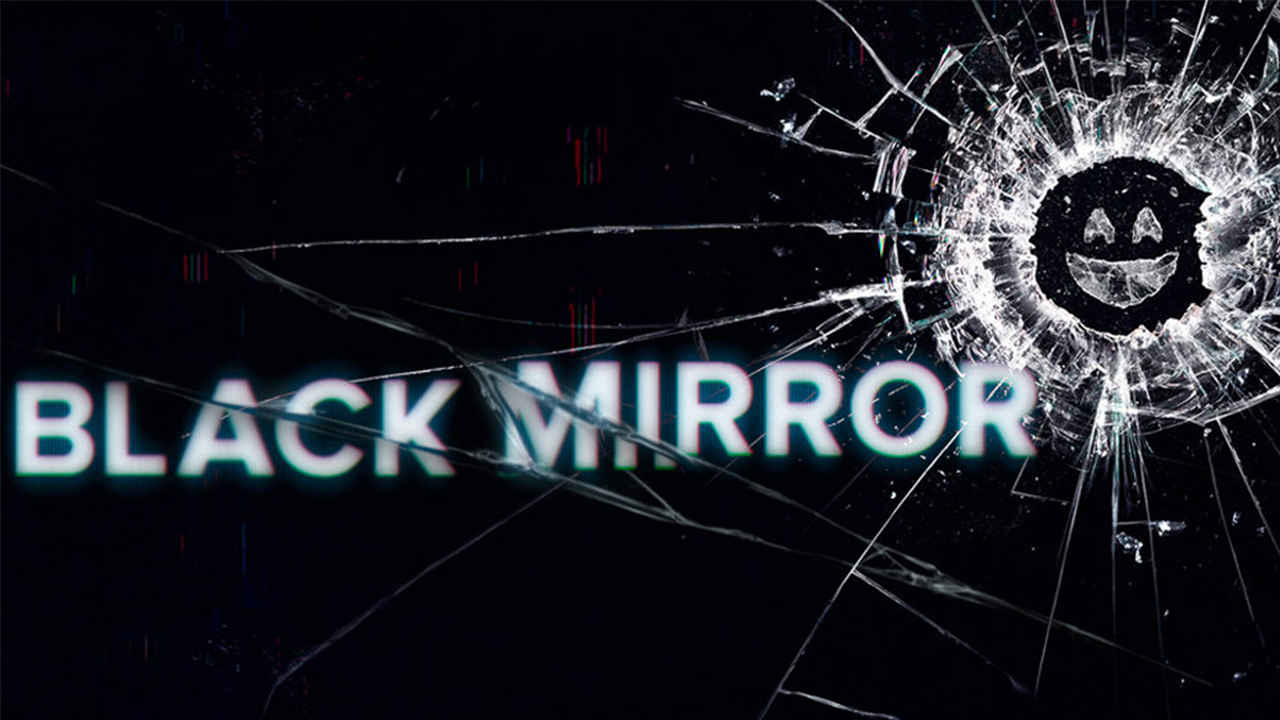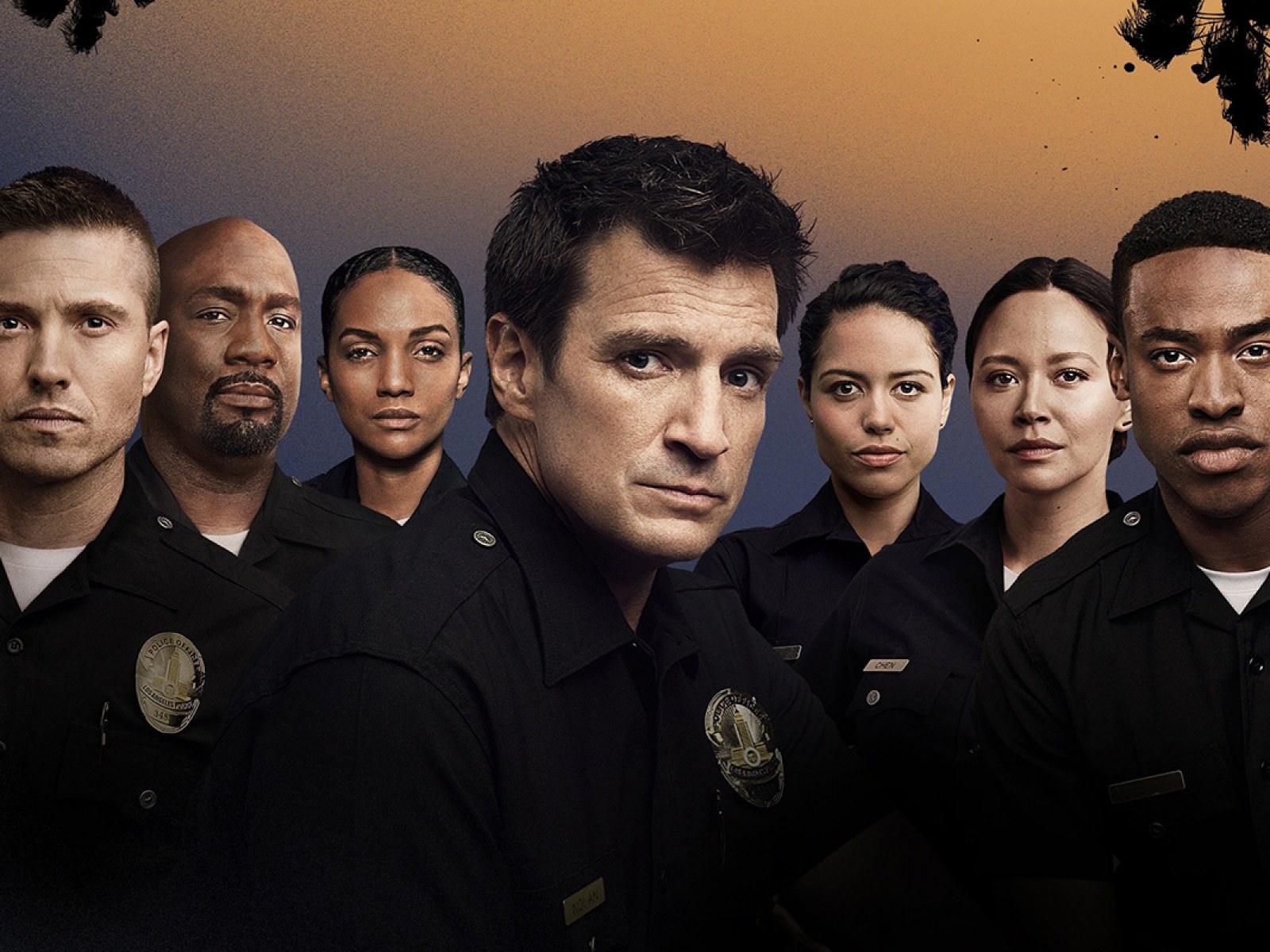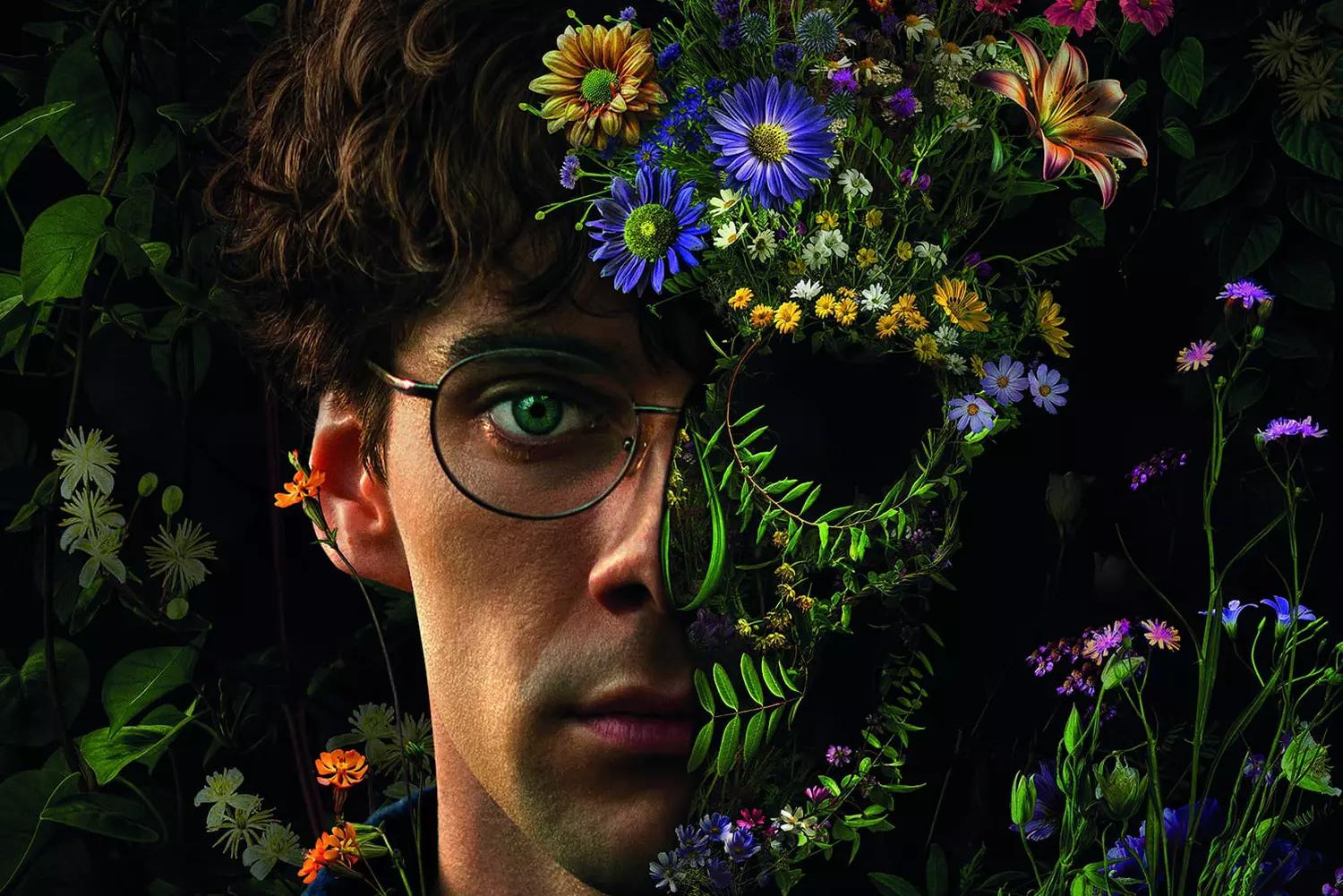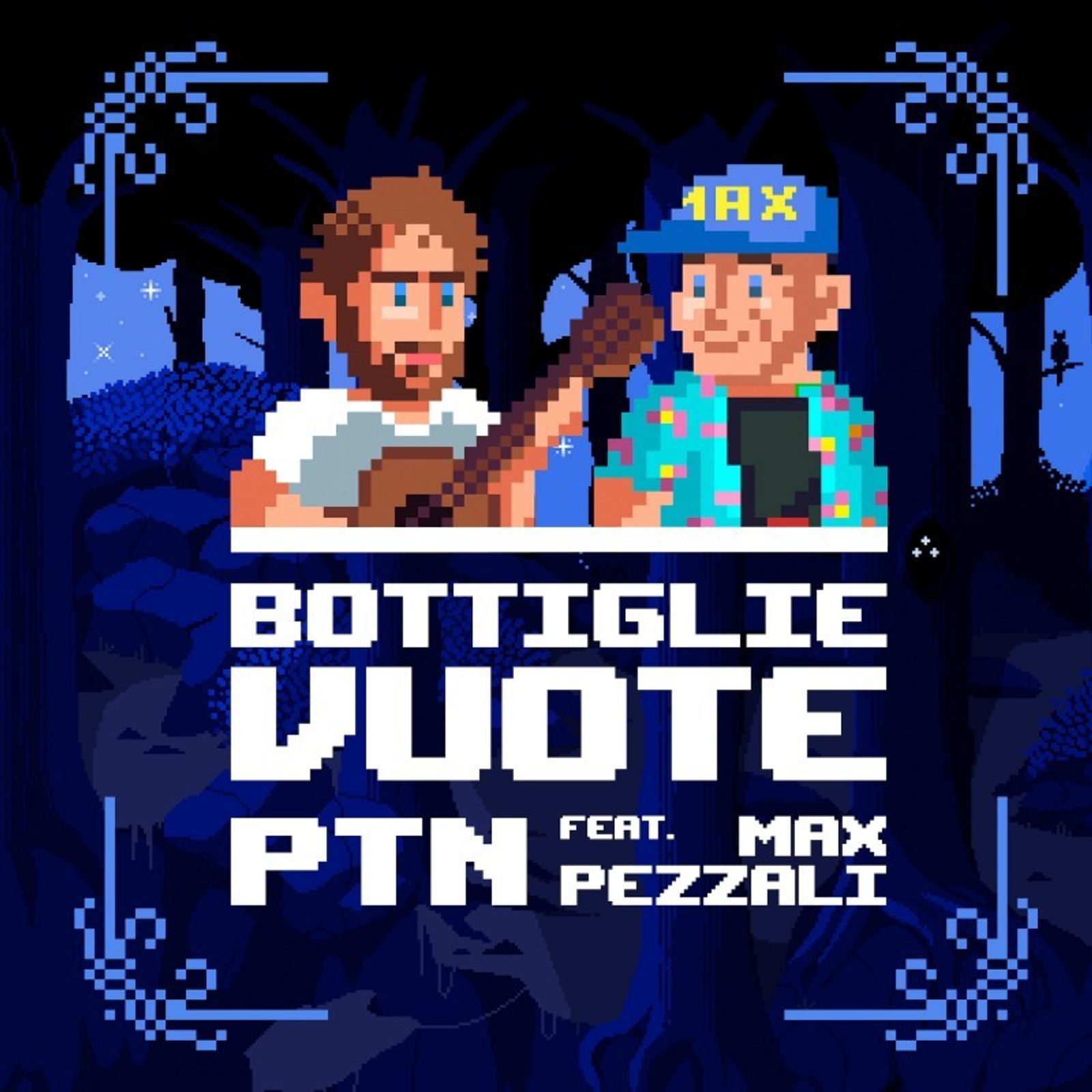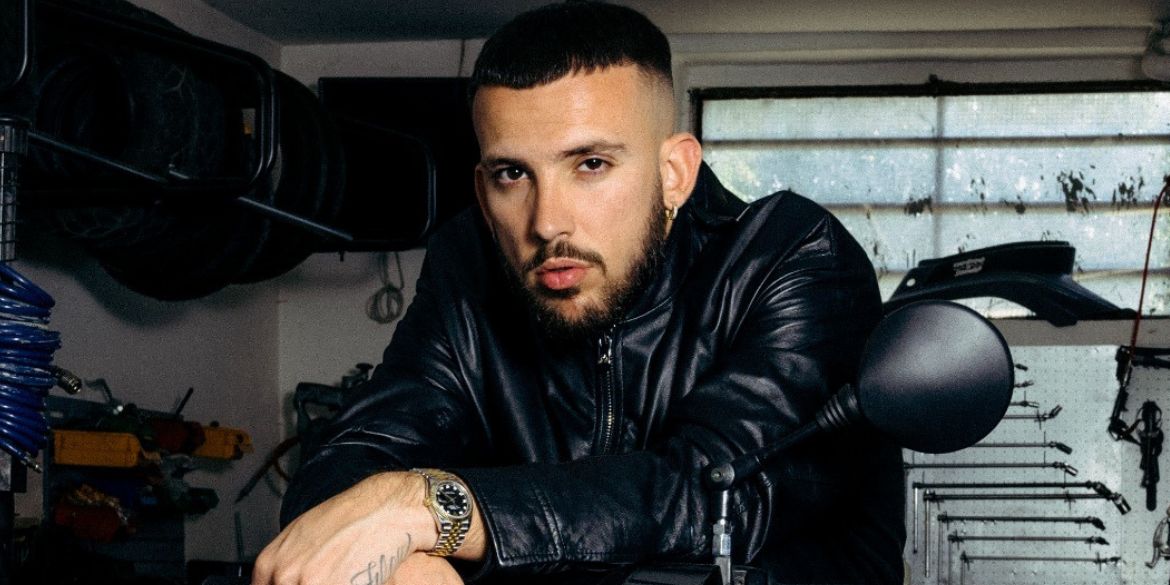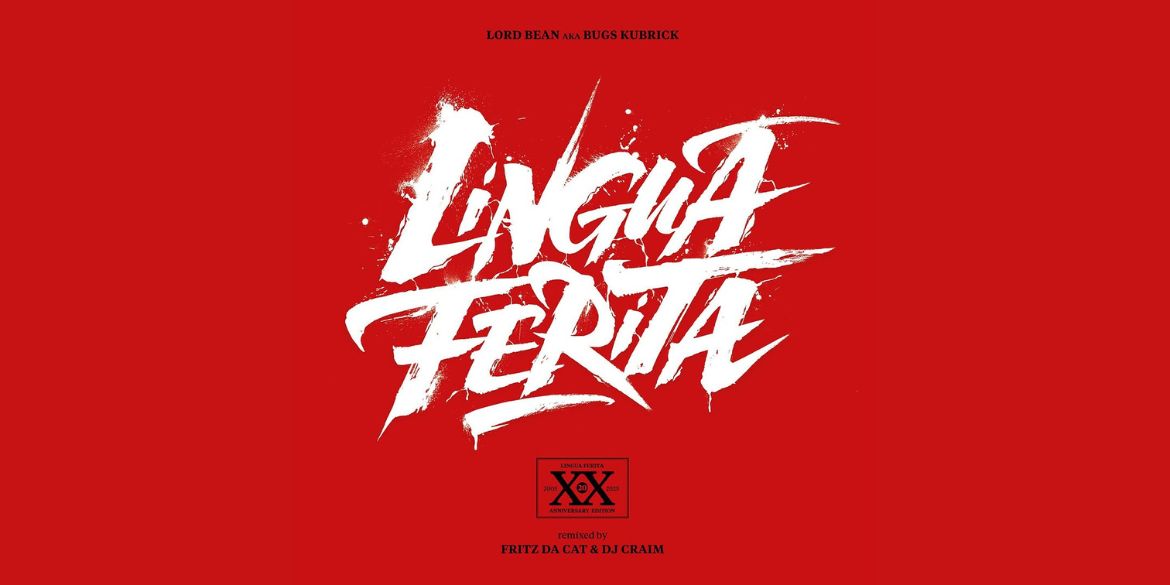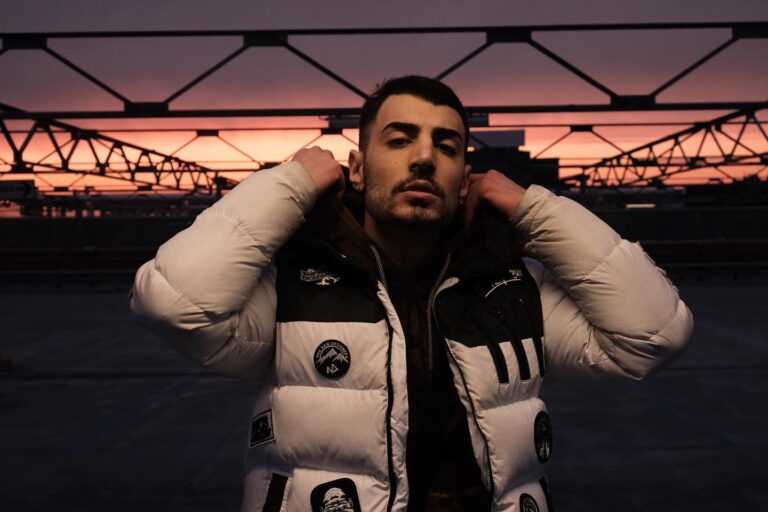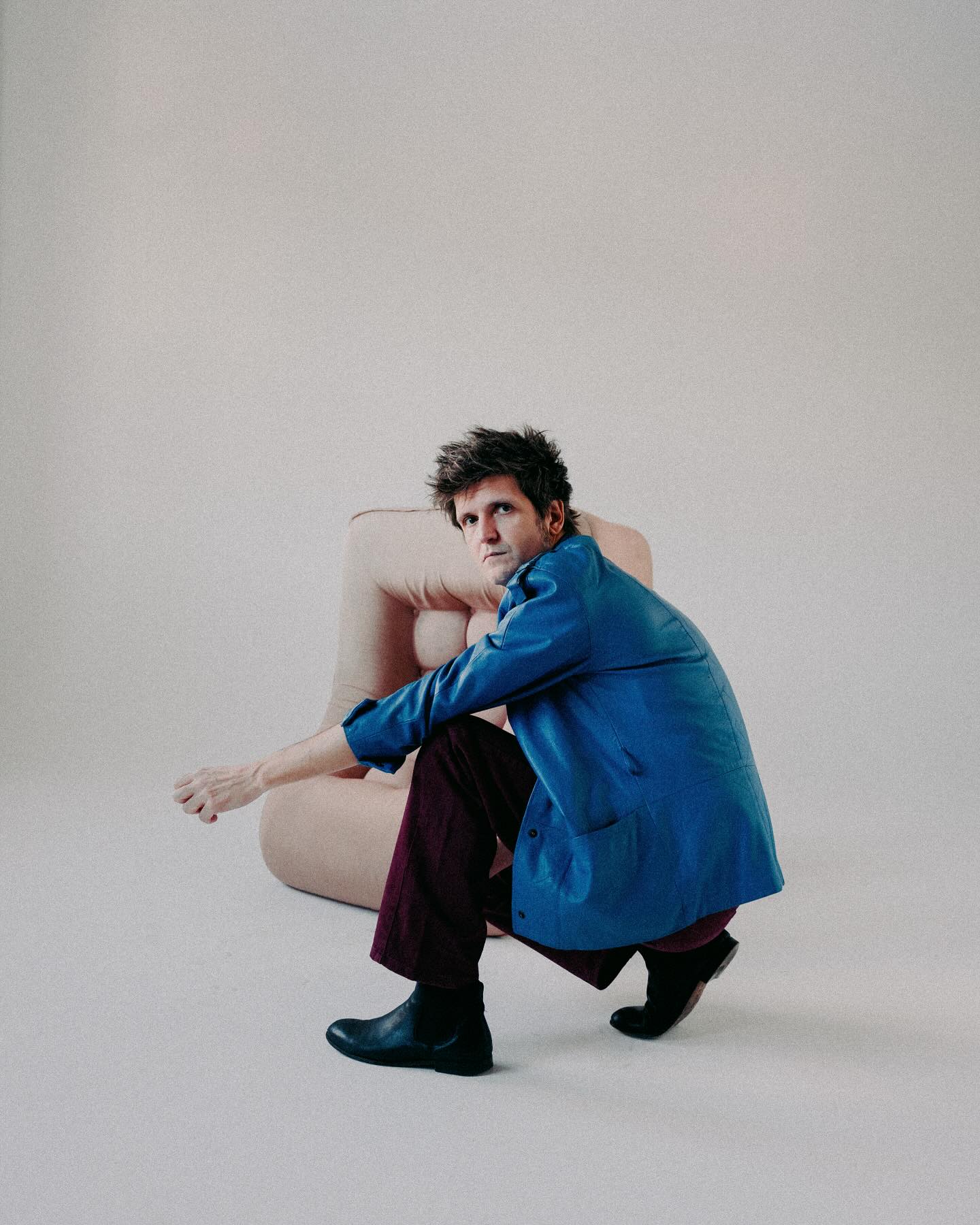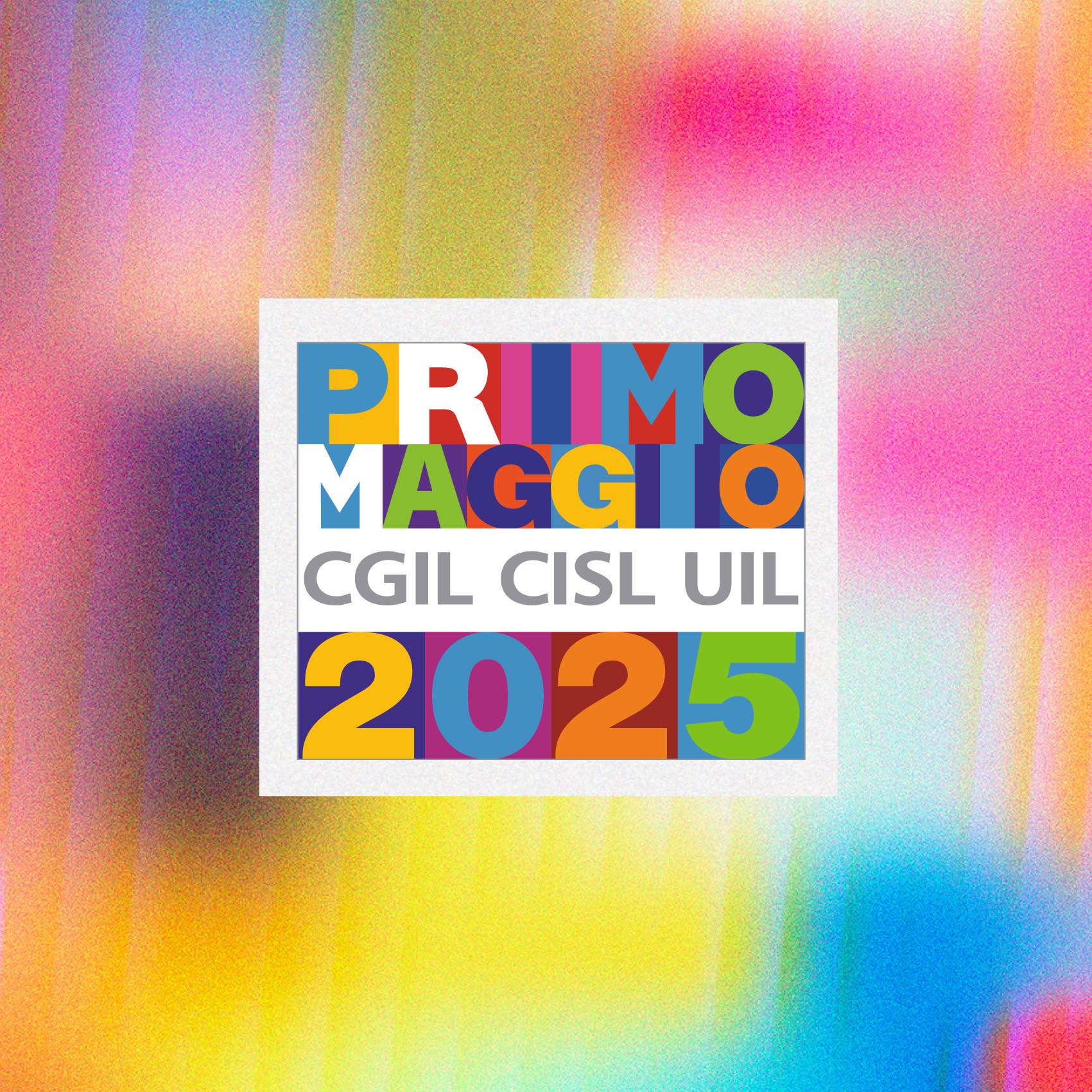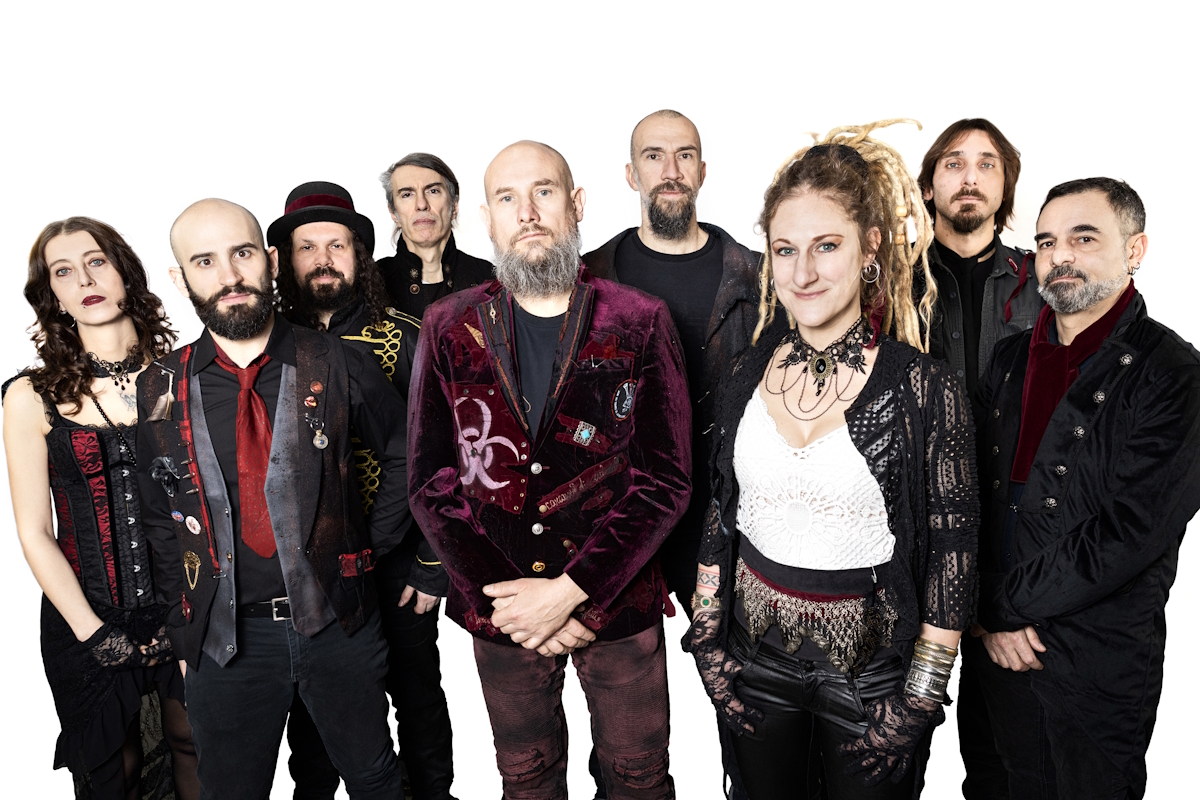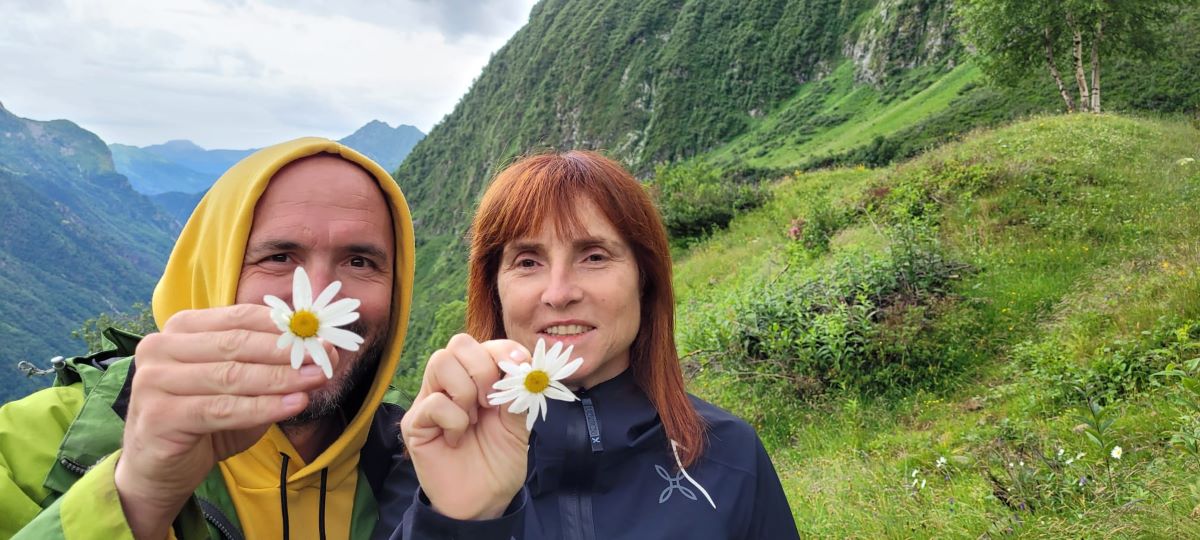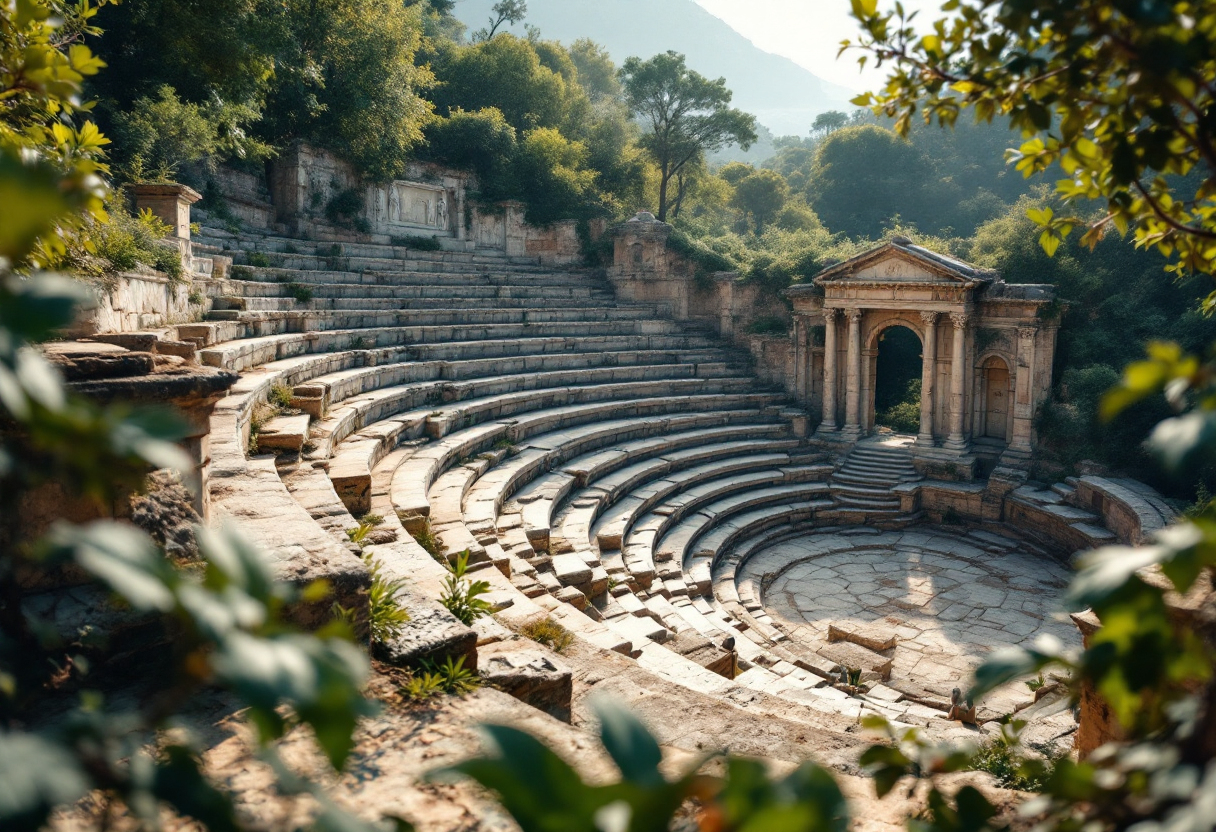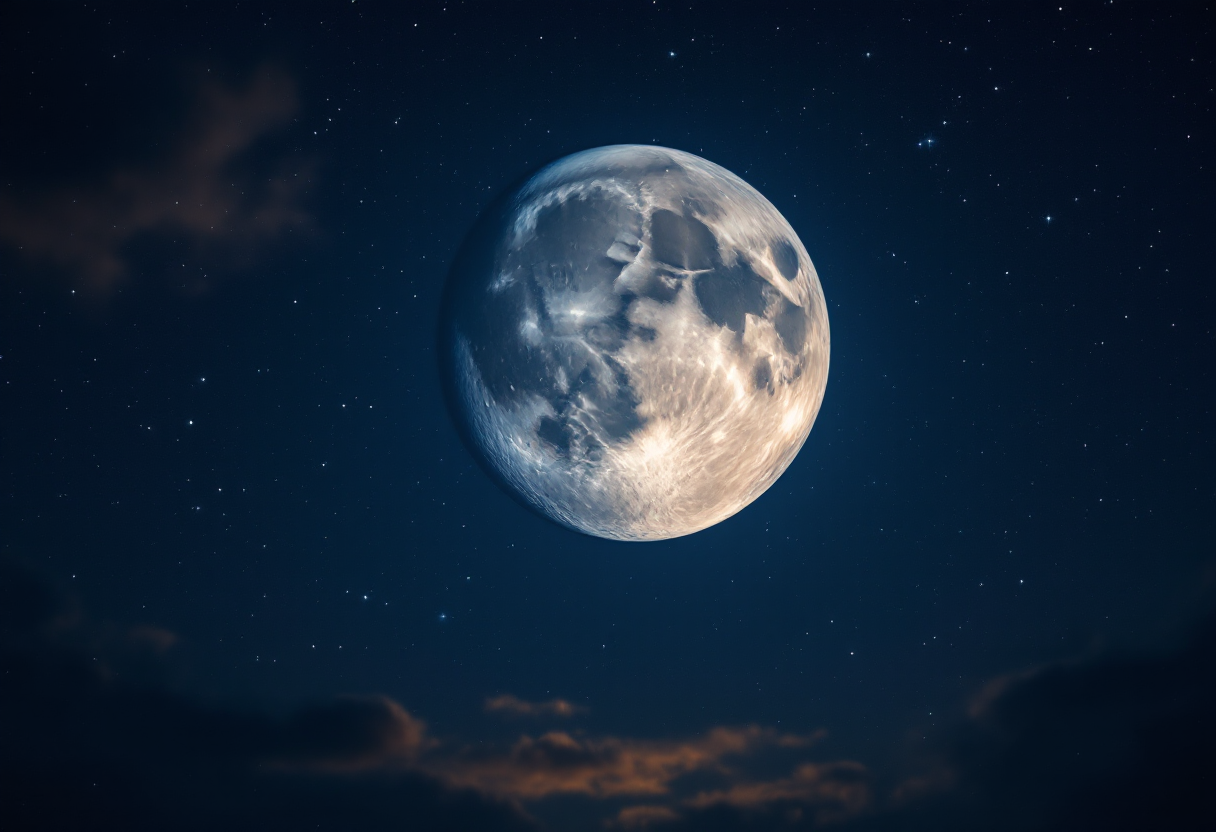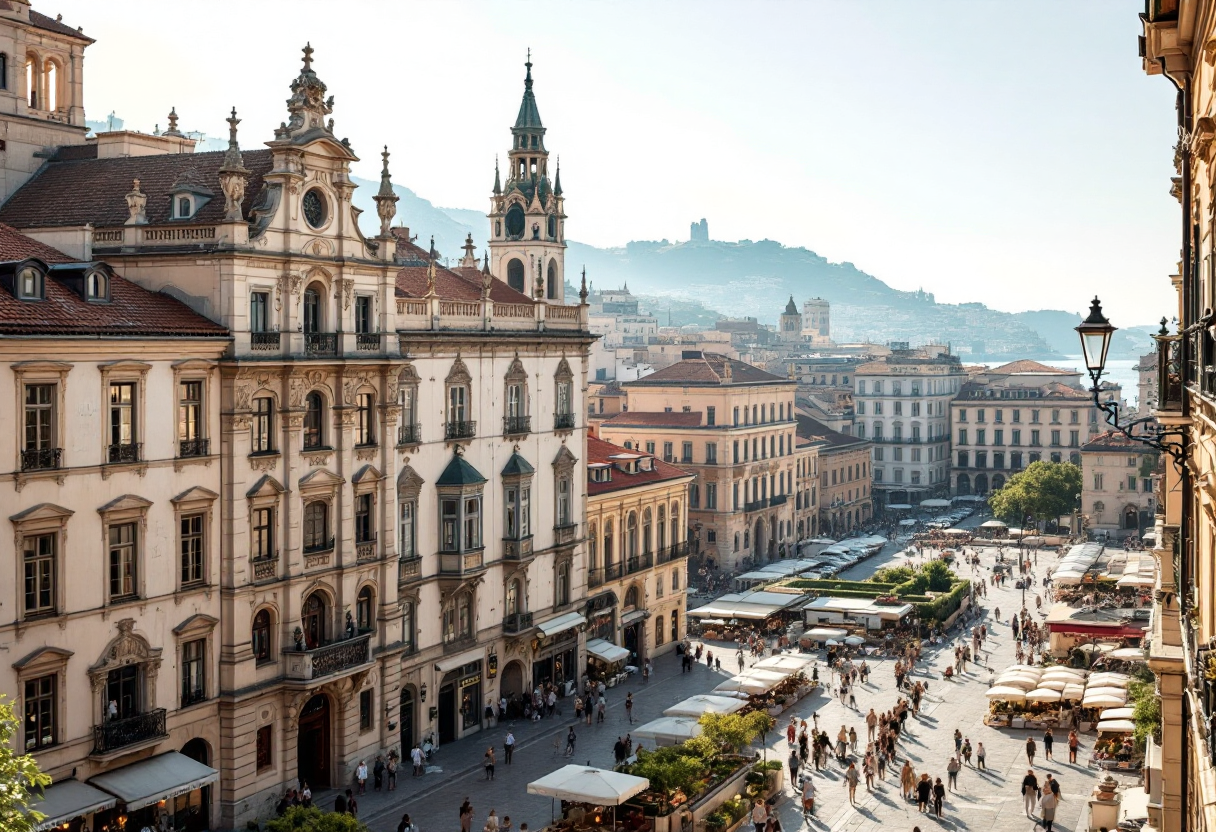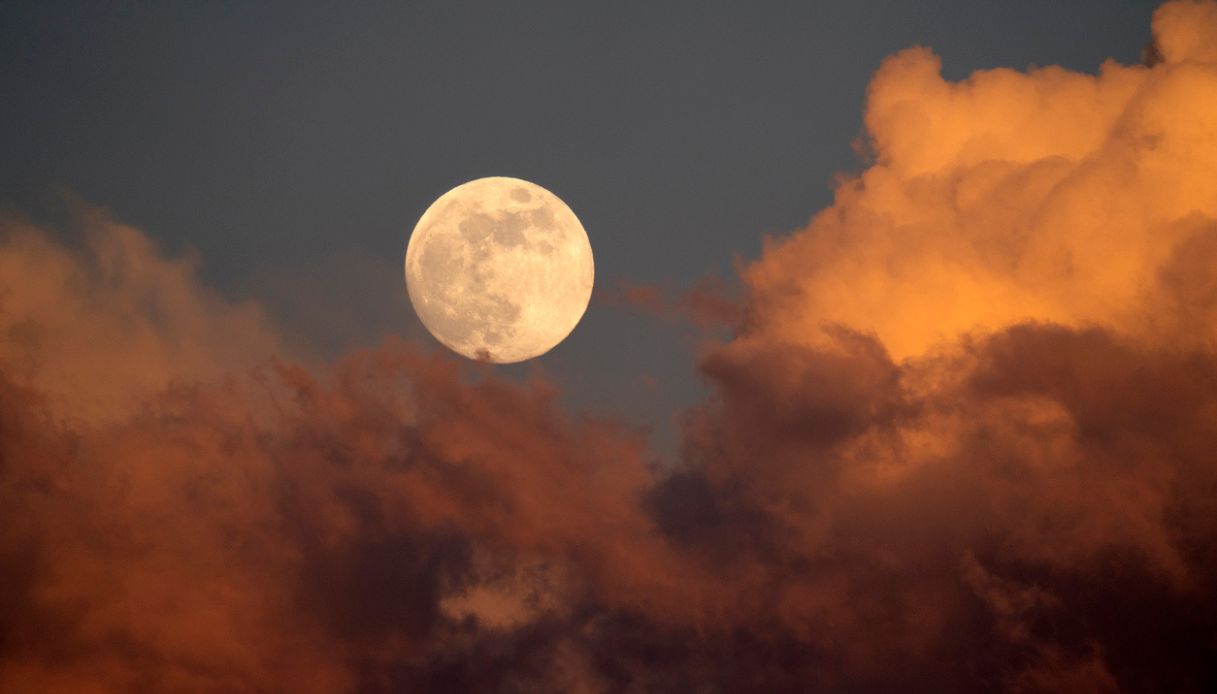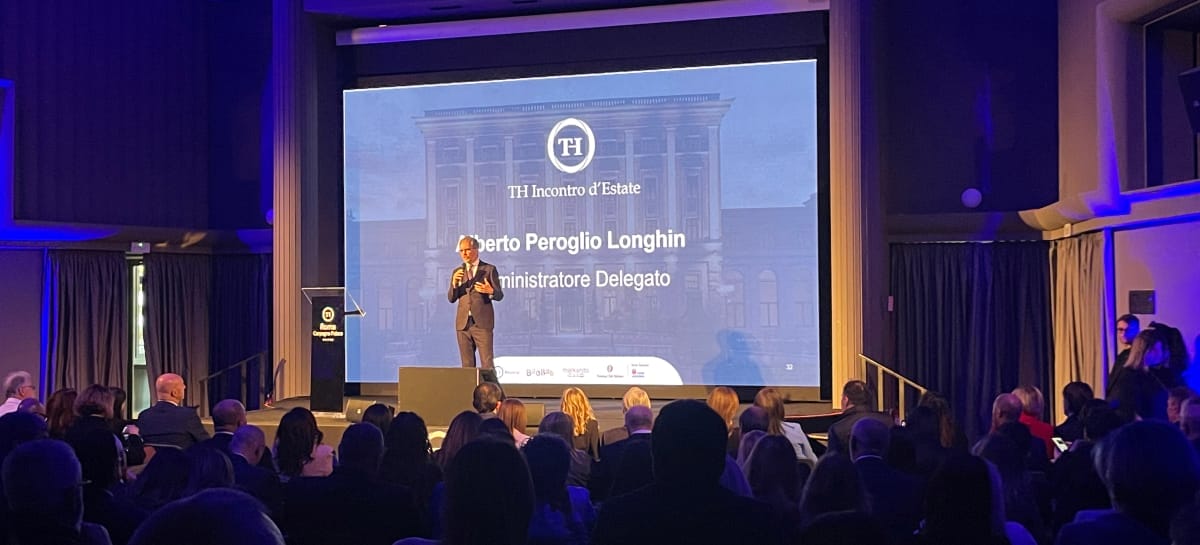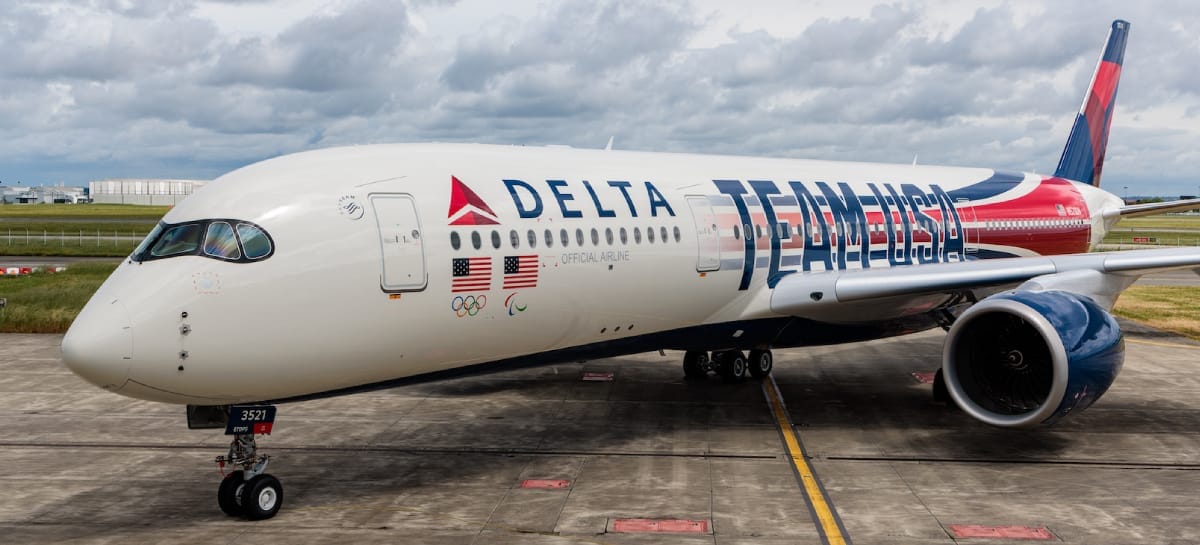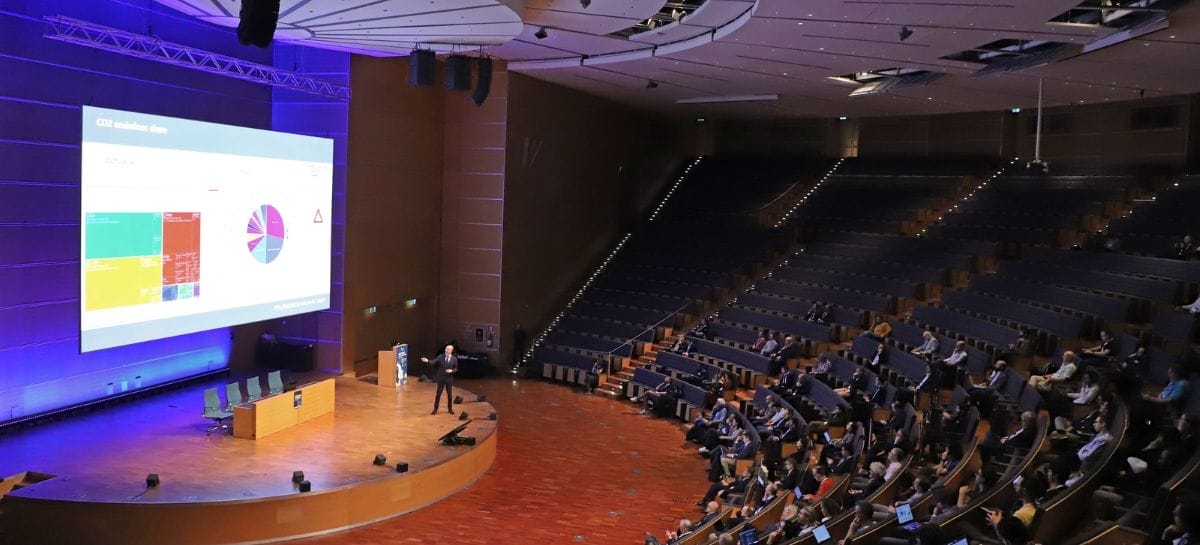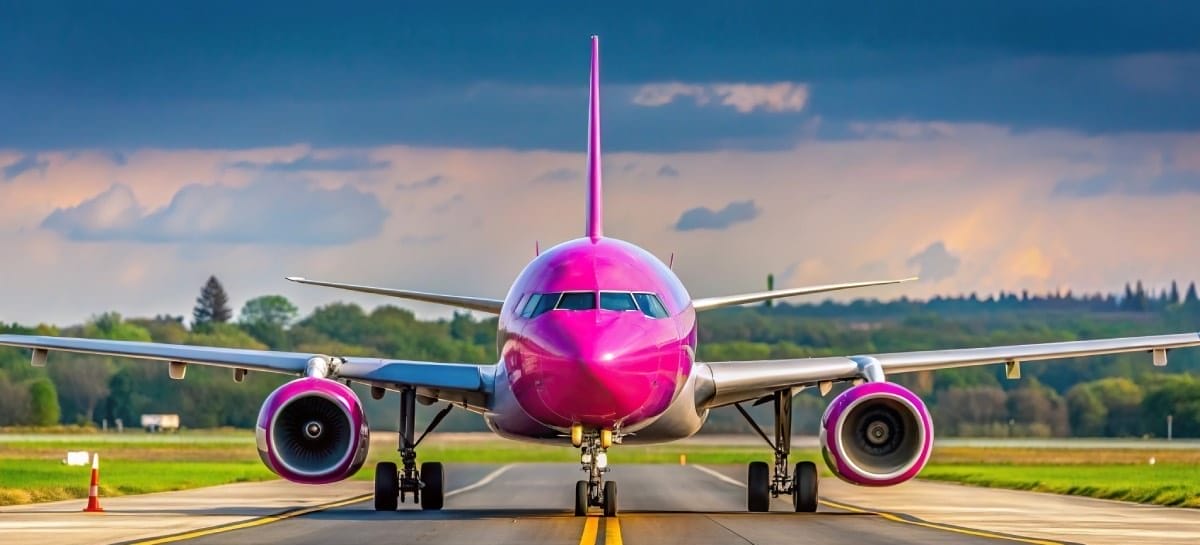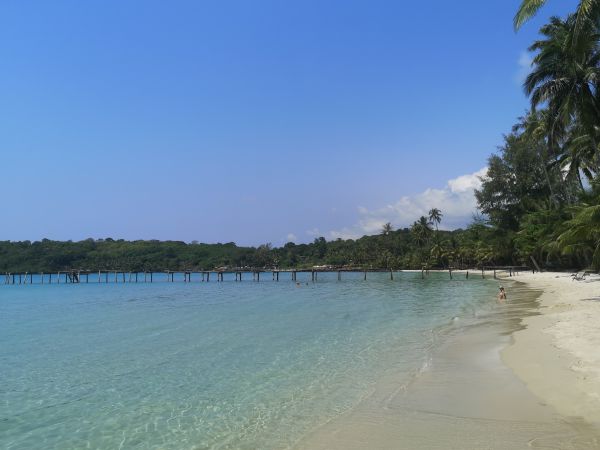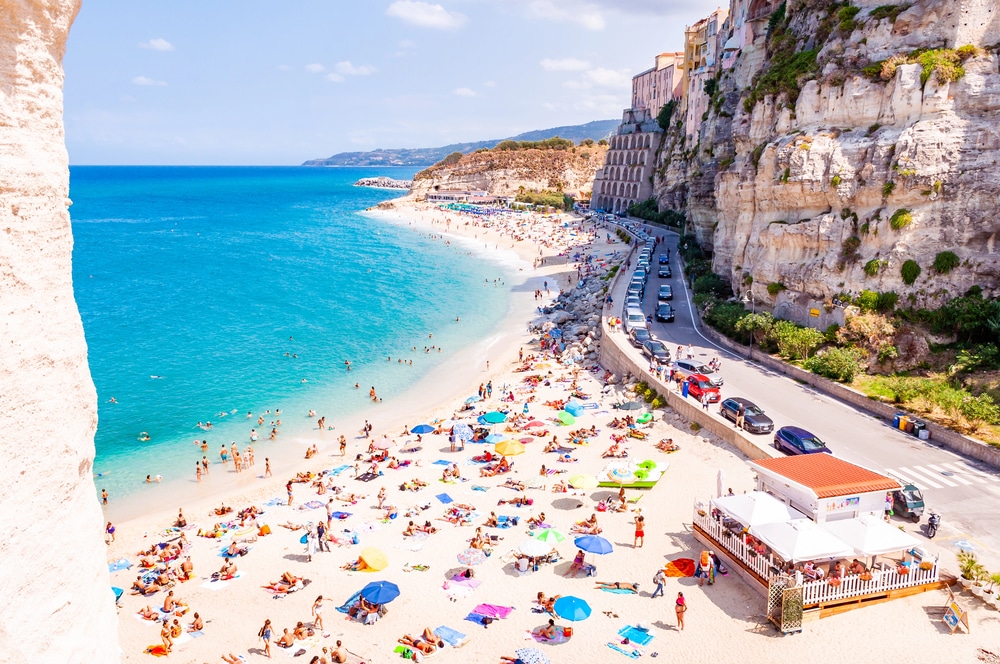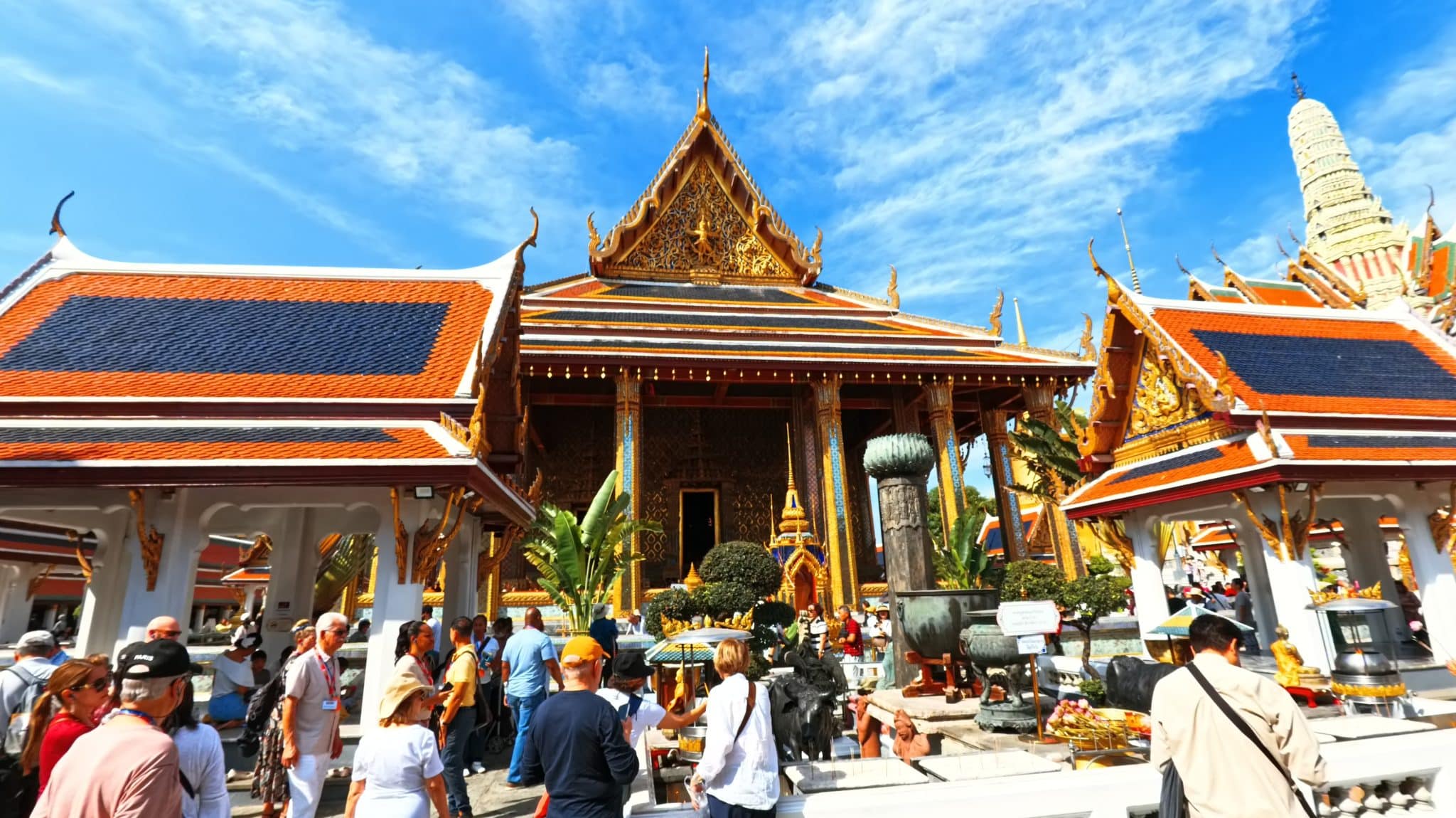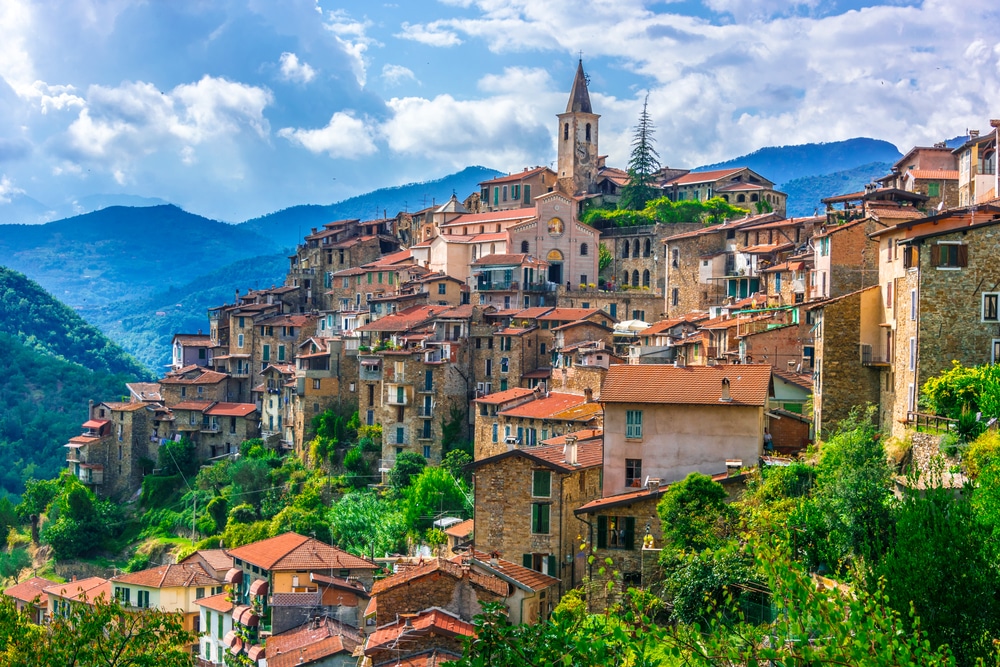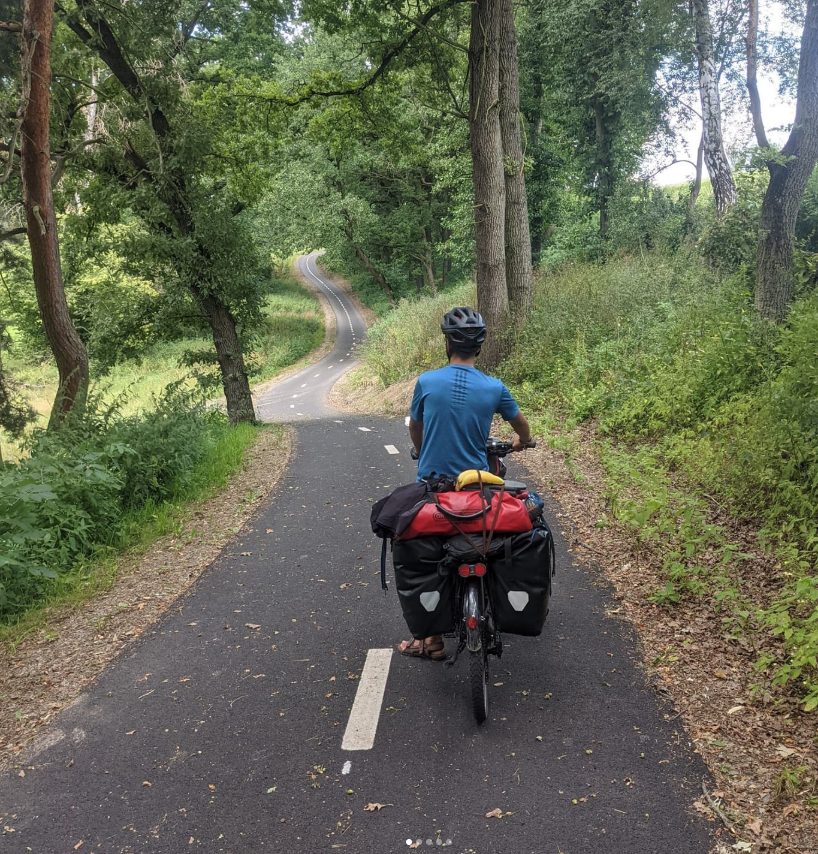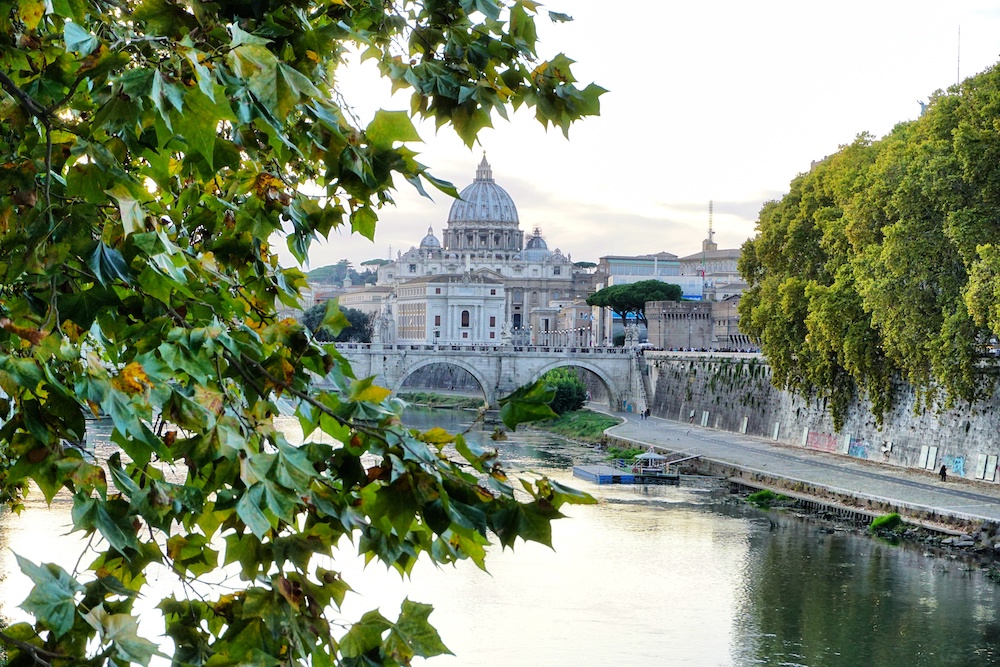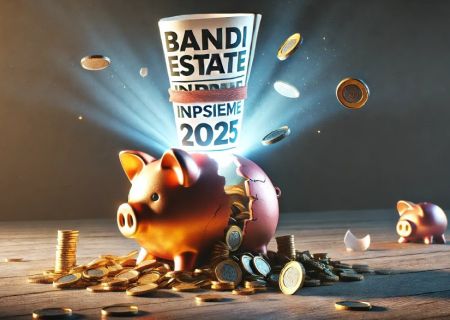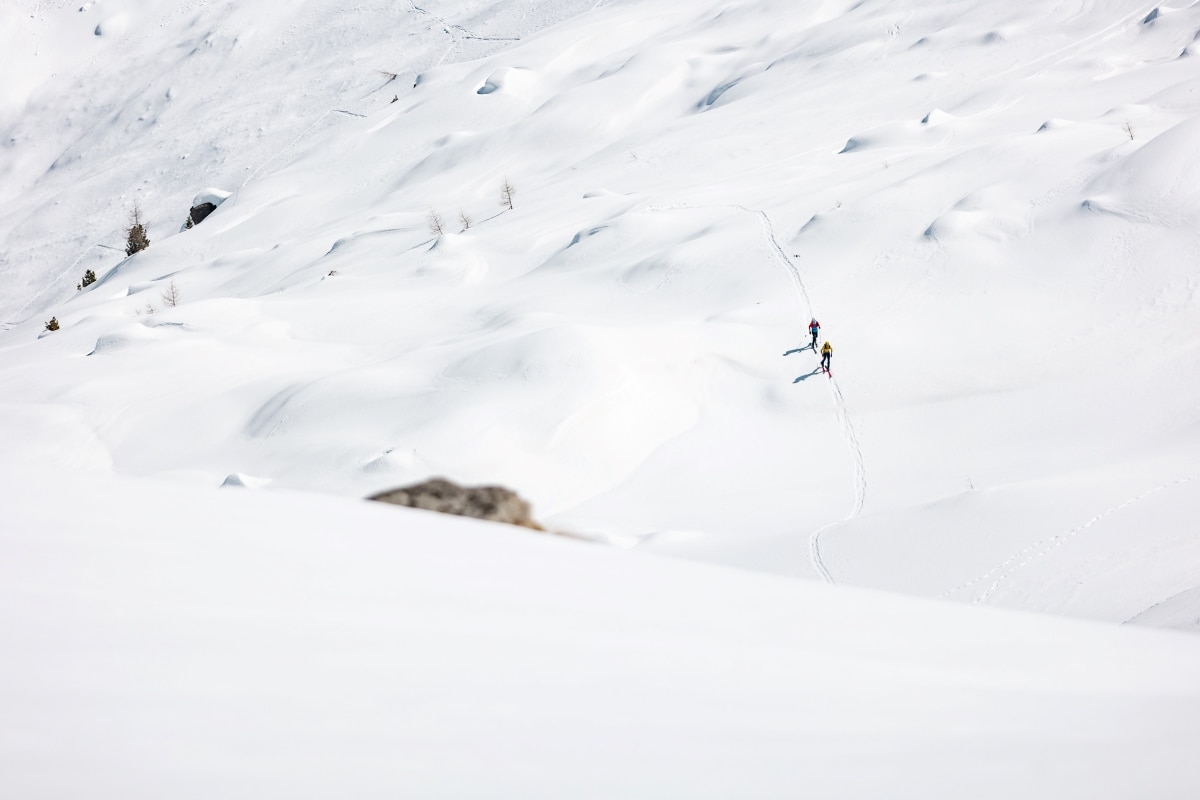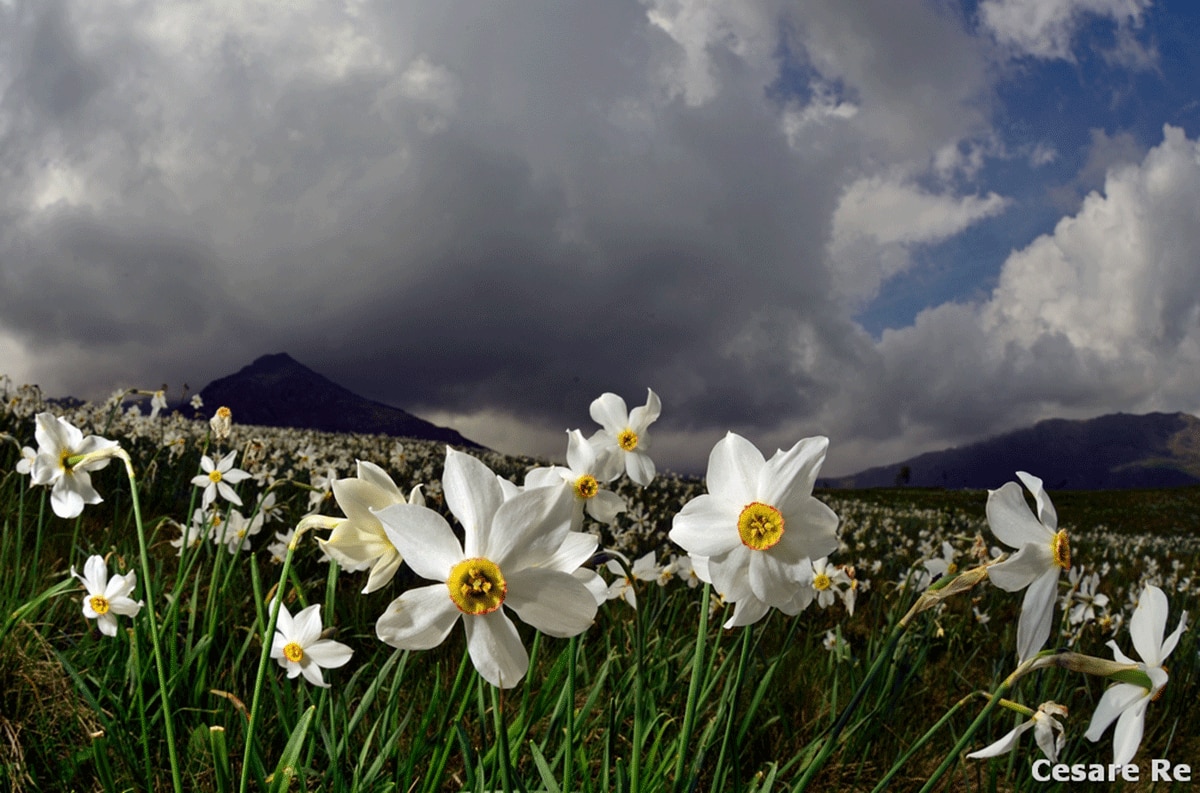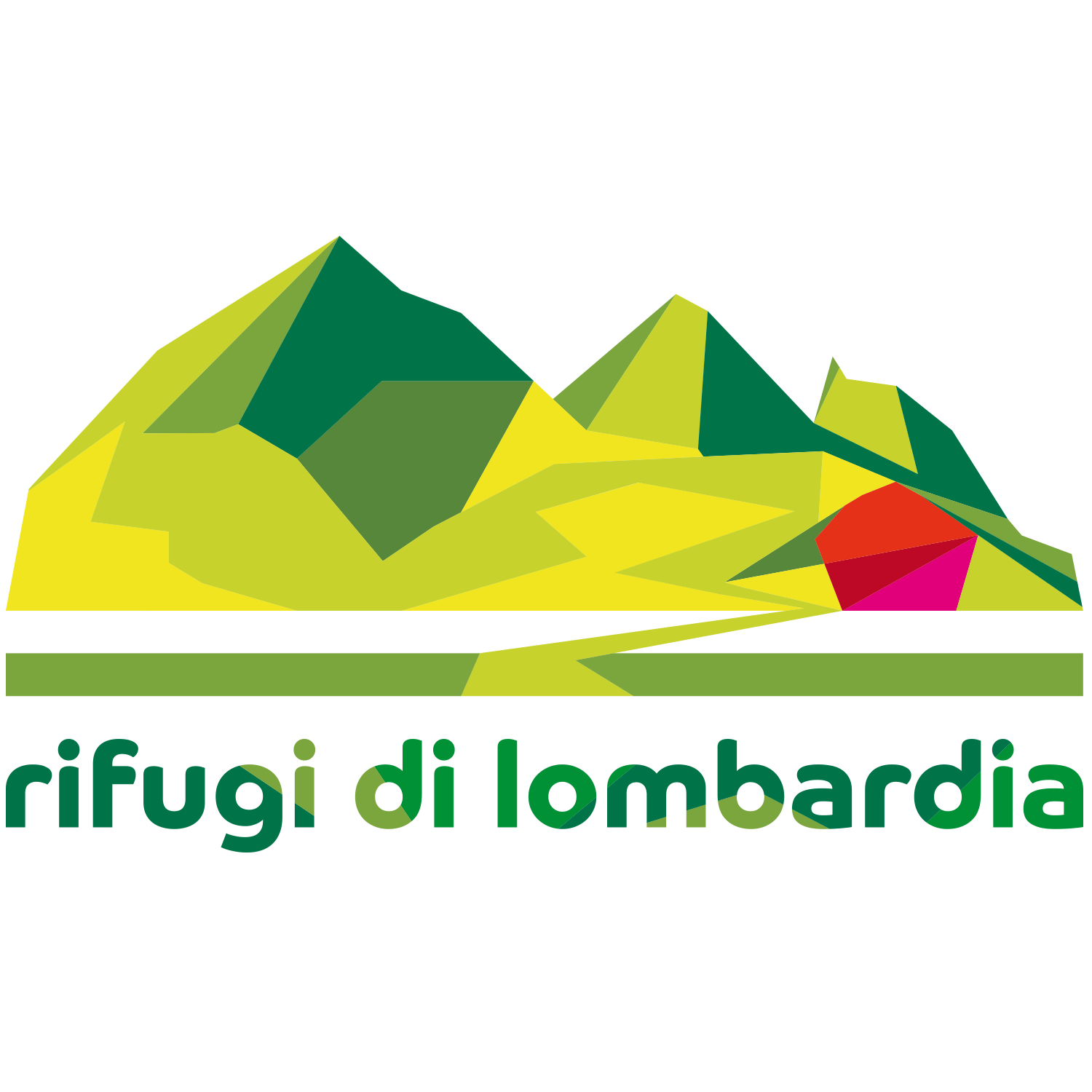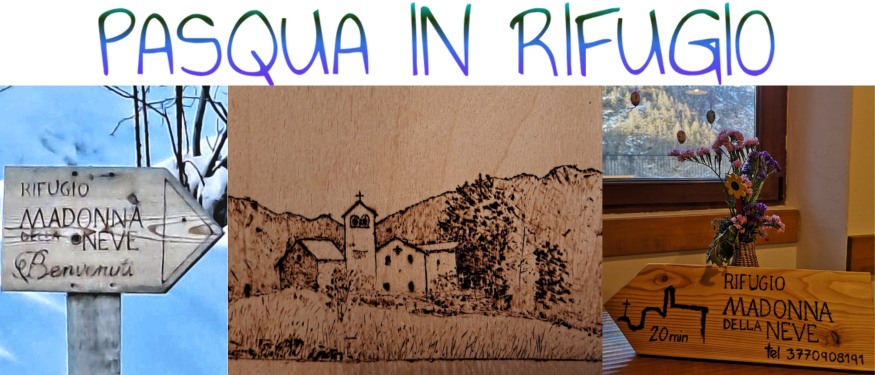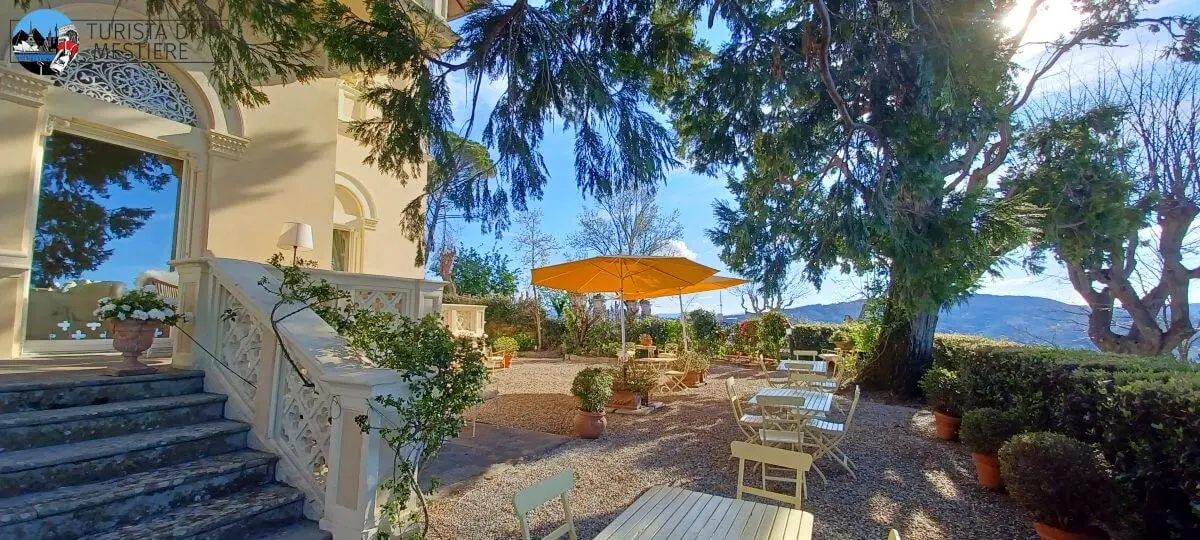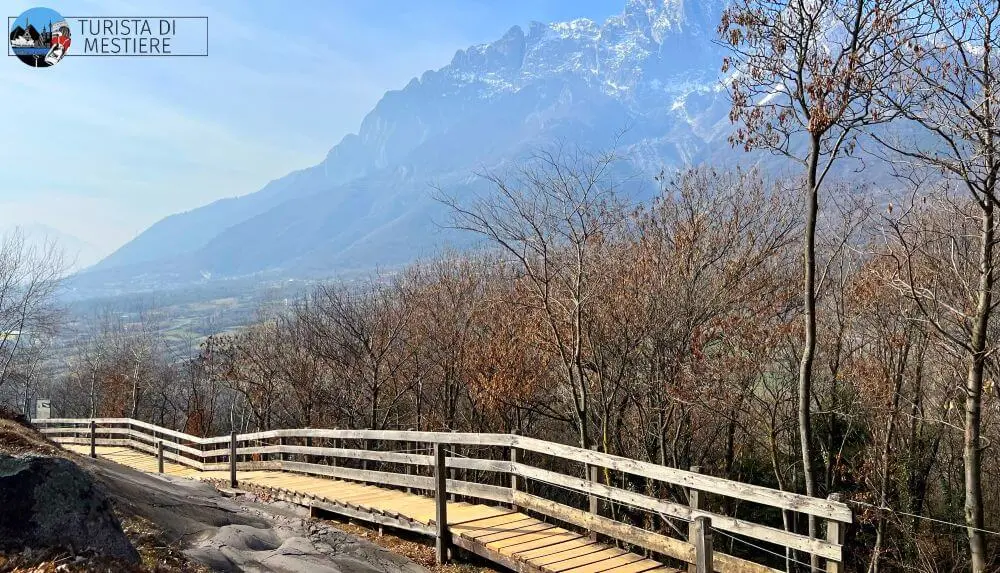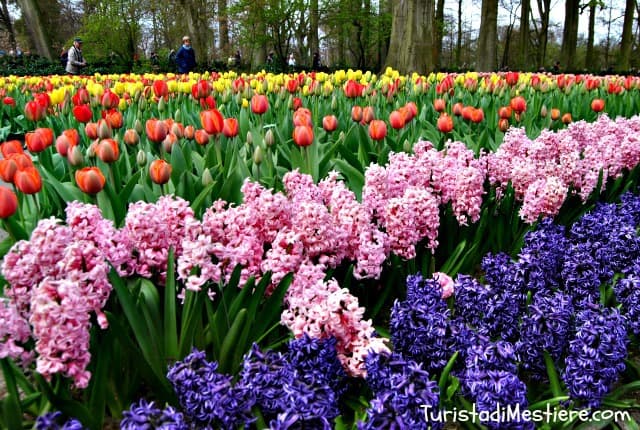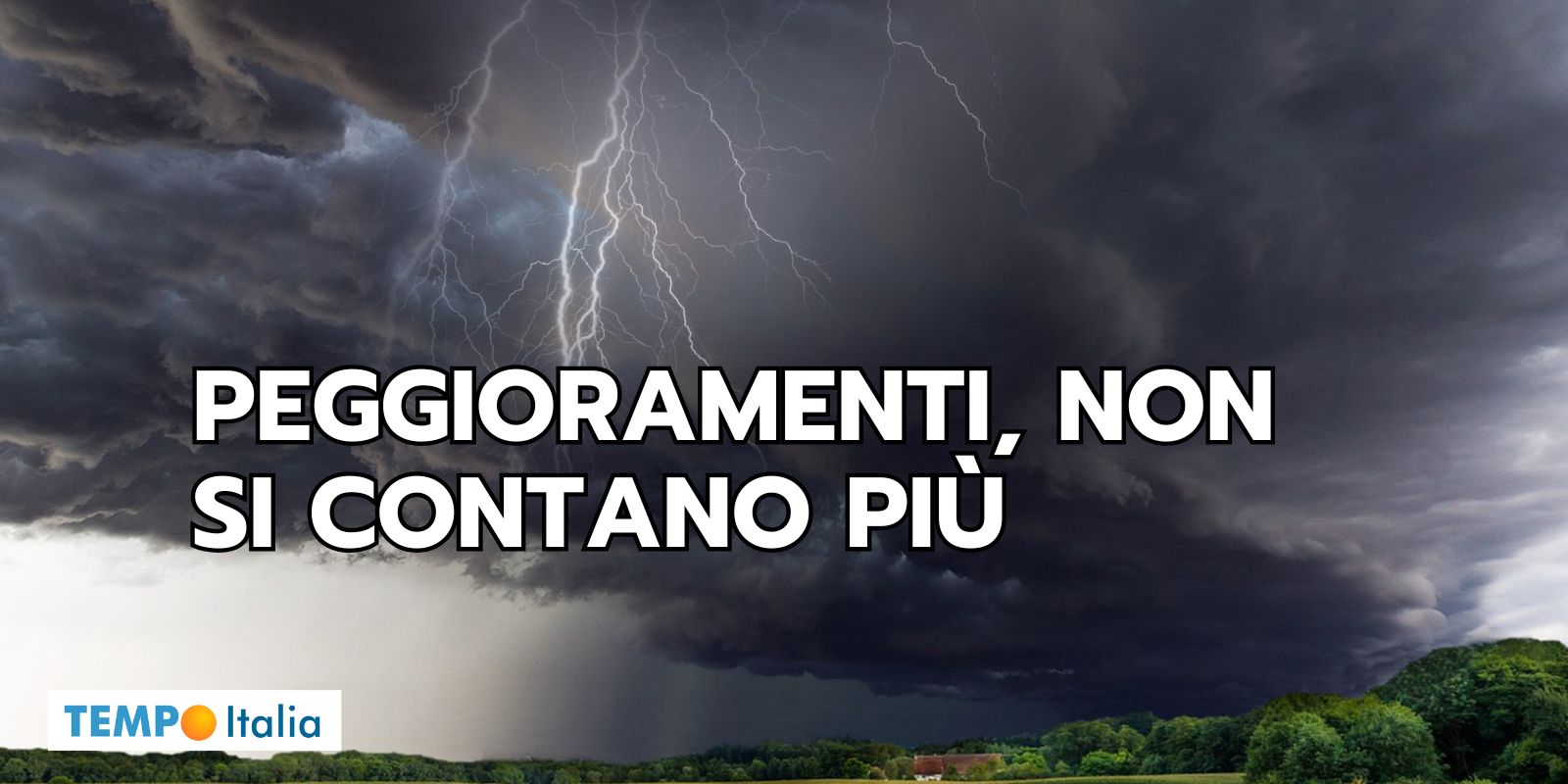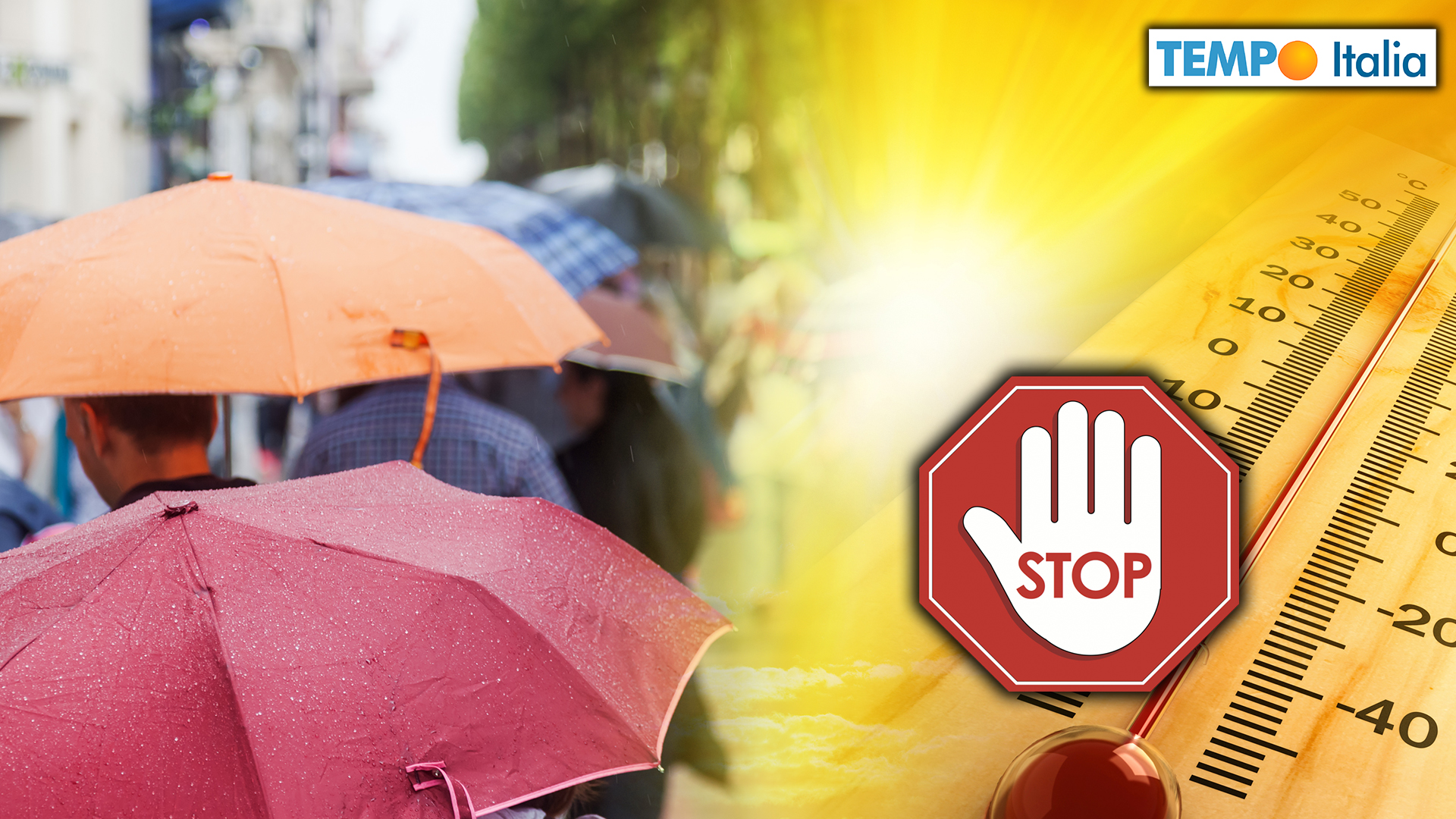Die Sekte: intervista al founder Franz Bush
Die Sekte e Disturbia uniscono le forze per un weekend di pura Techno per la Milano Design Week. Per l’occasione, abbiamo intervistato Franz Bush, founder del collettivo di Milano. Se grandi eventi come la Design Week riescono a smuovere momentaneamente gli equilibri di chi vive il clubbing milanese tutto l’anno, Die Sekte rientra tra quelle […] L'articolo Die Sekte: intervista al founder Franz Bush sembra essere il primo su Parkett.

Die Sekte e Disturbia uniscono le forze per un weekend di pura Techno per la Milano Design Week. Per l’occasione, abbiamo intervistato Franz Bush, founder del collettivo di Milano.
Se grandi eventi come la Design Week riescono a smuovere momentaneamente gli equilibri di chi vive il clubbing milanese tutto l’anno, Die Sekte rientra tra quelle realtà in grado di non snaturarsi pur creando nuove connessioni e accogliendo la diversità.
Sabato 12 e Domenica 13 aprile si terrà il primo weekender di Die Sekte in collaborazione con il collettivo di Amsterdam Disturbia. A rendere la proposta ancora più interessante è il nuovo soundsystem Void del DKR, club che ospiterà il party. In attesa di questo evento speciale abbiamo intervistato Franz Bush, founder del party e label milanese.
Die Sekte nasce nel 2016 in una Milano ancora priva del riferimento alla scena tedesca e olandese, dal desiderio di portare in città delle sensazioni nuove e di colmare il vuoto lasciato dallo storico Dude Club. Quasi dieci anni dopo, Franz si racconta su Parkett in attesa di questo speciale weekend.

Ciao Franz, benvenuto su Parkett Channel! Stai preparando qualcosa di molto speciale in occasione della Milano Design Week ma mi piacerebbe iniziare la nostra chiacchierata parlando un pò di te e di Die Sekte. Come stai e come vanno i preparativi per questo weekend?
Ciao Gaia, ringrazio te e Parkett Channel per aver ospitato me e la crew di Die Sekte.
Mi presento, sono Franz Bush, DJ, producer e fondatore di Die Sekte, una label e un “subculture party” che porto avanti da un’idea nata nel 2016.
Siamo in super fermento. Per la prima volta nella storia di Die Sekte, lunga 9 anni, regaleremo alla nostra gente un intero weekend: Sabato dalle 23 alle 9 del mattino e Domenica dalle 17 a mezzanotte. Un weekend dedicato alla Techno, quale momento migliore se non la Design Week per integrare l’idea di underground con i nostri allestimenti in stile post industriale all’interno di un contenitore come DKR, gestito da Cristian, realtà che ci ospita ormai da un anno e mezzo e con la quale ci troviamo stupendamente.

Il prossimo anno Die Sekte festeggerà il suo 10° anniversario, un traguardo importante per una realtà che ha sempre inseguito il proprio immaginario sonoro e concettuale. L’estetica ha giocato un ruolo fondamentale nel definire l’essenza del party, in tempi in cui il riferimento alla scena tedesca o olandese era solo nelle menti di aveva esplorato davvero certe dimensioni del clubbing. Quale visione ha portato alla nascita di Die Sekte? Si è trasformata negli anni?
Questa idea nasce da Berlino circa 10/11 anni fa, quando le prime volte che visitai posti iconici come Berghain, Tresor e (l’ormai storico) Griessmuehle, tornavo a Milano col desiderio di portare qui quella magica vibrazione, libertà, educazione ed integrazione provata all’interno dei club berlinesi.
Ringrazio l’iconico Dude Club ed Ale Runner per avermi dato la possibilità di iniziare tutto ciò nel migliore dei club underground italiani molti anni fa.
Die Sekte è una realtà che ha fatto debuttare in anteprima italiana molti dei DJ che oggi compaiono in maniera fissa sulle line-up del Berghain. Il principio di base è portare buona musica e avvicinarla al pubblico, sia quello più informato che quello alle prime armi, per poter mostrare la cultura del vero clubbing anche alle nuove generazioni.
Penso che l’adattamento, senza snaturare ciò che si è creato e il perché lo si è creato, sia alla base dei giorni nostri e anche la chiave per comunicare e trasmettere meglio i valori, la cultura e l’educazione del “clubbing sano”. La dimensione del club ci permette di insegnare alle nuove generazioni il rispetto per il prossimo indipendentemente da etnia, orientamento sessuale o pensiero. Noi dentro il club ci proviamo davvero.

Ci sono delle label o delle scene a cui fai maggiore riferimento quando selezioni gli artisti da inserire nelle line-up di Die Sekte?
Conosco dai loro inizi molti degli artisti che abbiamo ospitato negli ultimi due anni. In pandemia mi capitava di confrontarmi sulla produzione in chat con artisti come Setaoc Mass, Quelza e Yanamaste. In quel periodo ho conosciuto molto bene anche Andrea “Conrad Van Orton”, storica figura di cui la scena italiana deve andare fiera, e ho avuto poi il piacere di conoscerlo di persona e ospitarlo in un paio di occasioni.
Cerco di invitare chi musicalmente stimo ma soprattutto chi riesco, dato che economicamente non è facile per la nostra tipologia di eventi fare grandi nomi, ma ci mettiamo il massimo sforzo e molti artisti ci vengono incontro per essere con noi a Milano, artisti che rispetto e ammiro molto anche per questo.
Chi è Franz quando le luci del club si spengono? Che ruolo ha la musica nella tua vita?
Franz è una persona normale, ma con tante storie da raccontare. Dormo poco, spesso al mattino e cerco di “fare” molto, sia con la musica che per Die Sekte. A volte preferirei che le giornate durassero 30 ore.
Ho iniziato ad amare la musica a 6 anni imparando da autodidatta il piano, a 11 anni collaboravo con una radio del mio paese in Sicilia e volevo fare il DJ, ma a 12 ho trovato il mio amore nella chitarra e poi sono andato a Milano con l’ambizione di studiare il Jazz, cosa che poi per vicissitudini varie non sono riuscito a fare, finendo a lavorare per diversi anni come event manager per le aziende. 10 anni fa ho mollato tutto per tornare a fare musica 24h. Un paio di anni fa ho comprato una batteria elettrica per imparare a suonarla da autodidatta, diciamo che ancora mi diverto più che saperla suonare davvero, lo ammetto.
La Techno è arrivata più tardi, circa 15 anni fa, ma da grandi una passione genera un amore molto più maturo e consapevole e ora per me è la mia vita. Sono un tutt’uno con le mie cuffie da quando ero bambino, mi piace ascoltare molta musica spesso diversa, generi ibridi non definiti, per trovare emozione e ispirazioni diverse.

Se l’attenzione rivolta al clubbing da parte di un pubblico sempre più ampio non rappresenta un male di per se, di fatto comporta dei rischi e delle sfide nuove. Come sei riuscito negli ultimi anni a preservare l’identità del party garantendo al pubblico libertà e inclusione, ma al tempo stesso sicurezza e fedeltà ad un’idea, che include anche delle scelte estetiche e comportamentali?
La realtà dietro le quinte di chi fa il clubbing non è tutta rose e fiori. Ci sono persone che vanno e che vengono ma i momenti che si collezionano sono emotivamente carichi e insostituibili.
Tornare a fare eventi dopo la pandemia non è stato facile, ma raccontare storie attraverso la notte e Die Sekte alle nuove generazioni è stato davvero appagante. Devo ringraziare ogni singola persona passata, anche una sola volta da noi, se adesso possiamo portare cultura musicale da metropoli come Amsterdam e Berlino.
Insegnare il rispetto per il prossimo, uomo, donna o non definito, in un paese come l’Italia che vive ancora di molti pregiudizi non è facile. La scuola non riesce a toccare l’emotività dei ragazzi come il clubbing può fare, è per questo che è (anche) responsabilità nostra sensibilizzare su tutto, sull’uso di sostanze, sul comportamento da adottare per approcciare le altre persone all’interno di un club e come rispettare gli spazi altrui.
Penso che quella che chiami “fedeltà” arrivi dal nostro modo di comunicare appunto questi valori, senza porli come “leggi” e senza invadere noi stessi lo spazio altrui, ma accompagnando l’idea di stare in un club (a Die Sekte) come su un’isola felice, lasciando fuori da quella porta gli sbatti che la società si porta addosso tutti i giorni.
Come hai vissuto il cambio generazionale? Si è rivelato un ostacolo o un’opportunità per Die Sekte?
Io vedo le nuove generazioni in modo positivo. Non bisogna sempre criticare chi non ha ancora fatto il proprio percorso, personale e musicale. Nessuno di noi nasce acculturato, la ricerca è importante. Noi vogliamo offrire ciò che abbiamo a chi certa questo determinato tipo di cultura.
Ci sono e sempre ci saranno eventi e musiche per ogni generazione, moda e pop. Quello che cerco di fare con Die Sekte è preservare un mito e una dimensione “sana” che è nata ed esiste ormai dai tempi della caduta del muro di Berlino come protesta della società e ricerca dell’interiorità, la Techno.

Se dovessi scegliere 3 set iconici della storia di Die Sekte quali sarebbero?
Non li dirò in ordine perché i podi non fanno per me. Da citare quello di Tommy Four Seven al nostro evento al Bunker di Torino nel 2023, poi citerei Kwartz (grande e stimato amico ormai da anni) per il suo set del 2019 che portava con se un sound innovativo e punto cardine della musica di oggi, ed uno dei migliori in assoluto Jonas Kopp, padre della techno che credo fosse nel 2017.
Super bravissime, per cui ci tengo a citarle anche se supero i 3 sono Jamaica Suk, Justine Perry, Annē, Laura Van Hal, Neux, Blanka, Linn Elisabet, Amoral ed Hitam, che a mio parere sta spingendo un nuovo sub-sotto-genere di pura qualità.
Per la prima volta Die Sekte si prepara al suo primo weekender in collaborazione con Disturbia. Perchè hai scelto il collettivo di Amsterdam e com’è nata la collaborazione?
Come spesso faccio, sono partito per andare a sentire un po’ di DJ e vivere nuovi party. Durante uno dei miei viaggi ad Amsterdam sono stato al party di Disturbia, dove suonavano Setaoc Mass, Kwartz e Blanka.
Ho trovato la musica, la gente e la vibe molto in linea con quella di Die Sekte, per cui ho proposto una collaborazione al collettivo e da subito è nata una bella intesa. Sono persone umili e molto brave in quello che fanno, esattamente ciò che cerco per Die Sekte e che amo proporre alla nostra community.
E faremo di tutto perché sia un party assurdo e mai visto né vissuto.
Disturbia ha di recente festeggiato il suo quinto anniversario al Radion, uno dei club più rispettati dalla scena underground di Amsterdam. L’evento di questo weekend si svolgerà al DKR, ma per anni è stato il Club di Via Plezzo 16 ad ospitare Die Sekte. In che modo questi spazi hanno plasmato, e plasmano oggi l’essenza del party?
Diciamo che a Milano, a differenza di altre metropoli come Amsterdam e Berlino, dalla chiusura del Dude non esiste più un club che offra solo un determinato genere musicale o culturale, per cui ci impegniamo per far si che sia Die Sekte stesso questo contenitore immaginario che arriva e plasma le locations per portare quell’underground di cui questa città ha bisogno.
Come dico sempre a chi mi fa questa domanda, spiego che Die Sekte, a prescindere dalla location, è “il posto” in cui puoi fare ciò che vuoi e ciò che ti fa star bene, la cosa importante è che alla base di ogni interazione ci siano sempre il rispetto per l’altro ed una consensualità reciproca.

Il DKR si è recentemente dotato di un soundsystem Void. Porterete il vostro al Weekender in collaborazione con Disturbia o testerete il nuovo impianto del club?
Erano mesi che se ne parlava e sono molto contento che il DKR abbia deciso di investire in questa cosa molto importante. Già a Settembre ho fornito una consulenza su quelli che secondo me potevano essere i migliori soundsystem per il luogo optando tra Funktion-One e Void. DKR ha scelto un impianto Void molto performante su cui stiamo lavorando per adattarlo al meglio alla sala e costruire uno dei migliori “In Club-soundsystem” della città.
Devo fare un elogio alla proprietà perché oggi non è facile investire in questo modo sui club, ma DKR (e anche io) ci crede veramente. E’ un sacrificio fatto solo ed esclusivamente come gesto d’amore vero per il pubblico, motivo per cui ho deciso sin da subito di dare il mio supporto partecipando attivamente alla composizione dell’impianto audio.
Questo weekend testeremo una prima configurazione non del tutto completa ma sicuramente con una potenza fuori dal comune.
Nei prossimi mesi, a lavori ultimati, sono sicuro che difficilmente ci sarà un suono al pari, potente, ben definito, brillante e che ti entra subito dentro al petto. Sono curioso e spero di sentire il risultato finale ai Die Sekte di Maggio e Giugno, sperando di riuscire a terminare i lavori prima dell’estate.

ENGLISH VERSION
Hi Franz, welcome to Parkett Channel! You are preparing something very special for the Milan Design Week but I would like to start by talking about you and Die Sekte. How are you and how are the preparations for this weekend going?
Hi Gaia, thank you and Parkett Channel for hosting me and the Die Sekte crew.
Let me introduce myself, I am Franz Bush, DJ, producer and founder of Die Sekte, a label and a “subculture party” that I have been carrying on since an idea born in 2016.
We are super excited. For the first time in the history of Die Sekte, 9 years long, we will give our people a whole weekend: Saturday from 11 pm to 9 am and Sunday from 5 pm to midnight. A weekend dedicated to Techno, what better time than Design Week to integrate the idea of underground with our post-industrial style installations within a container like DKR, managed by Cristian, a reality that has hosted us for a year and a half now and with which we find ourselves wonderfully.
Next year Die Sekte will celebrate its 10th anniversary, an important milestone for a collective that has always pursued its own musical and conceptual identity. Aesthetics played a fundamental role in defining the essence of the party, in times when the reference to the German or Dutch scene was only in the minds of those who had truly explored certain dimensions of clubbing. What vision led to the birth of Die Sekte? Has it transformed over the years?
This idea was born in Berlin about 10/11 years ago, when the first times I visited iconic places like Berghain, Tresor and (the now historic) Griessmuehle, I returned to Milan with the desire to bring here that magical vibration, freedom, education and integration experienced inside the Berlin clubs.
I thank the iconic Dude Club and Ale Runner for giving me the opportunity to start all this in the best of the Italian underground clubs many years ago.
Die Sekte is a reality that has made many of the DJs who now appear regularly on the Berghain line-ups debut in Italy. The basic principle is to bring good music and bring it closer to the public, both the more informed and the novice, in order to show the culture of real clubbing to the new generations as well.
I think that adaptation, without distorting what was created and why it was created, is the basis of our days and also the key to better communicate and transmit the values, culture and education of “healthy clubbing”. The size of the club allows us to teach the new generations respect for others regardless of ethnicity, sexual orientation or thought. We really try inside the club.

Are there any labels or scenes that you refer to more when selecting artists to include in the Die Sekte line-ups?
I have known many of the artists we have hosted in the last two years since their beginnings. During the pandemic, I happened to discuss production in chats with artists like Setaoc Mass, Quelza and Yanamaste. During that period, I also got to know Andrea “Conrad Van Orton” very well, a historic figure that the Italian scene should be proud of, and I then had the pleasure of meeting him in person and hosting him on a couple of occasions.
I try to invite those who I respect musically but above all who I can, given that it is not easy for our type of events to attract big names from an economic point of view, but we put in the maximum effort and many artists help us to be with us in Milan, artists that I respect and admire a lot for this reason too.
Who is Franz when the club lights go out? What role does music play in your life?
Franz is a normal person, but with many stories to tell. I sleep little, often in the morning, and I try to “do” a lot, both with music and for Die Sekte. Sometimes I would prefer the days to last 30 hours.
I started to love music at 6 years old, teaching myself the piano, at 11 I collaborated with a radio station in my town in Sicily and wanted to be a DJ, but at 12 I found my love in the guitar and then I went to Milan with the ambition of studying Jazz, which then for various reasons I was unable to do, ending up working for several years as an event manager for companies. 10 years ago I gave up everything to go back to making music 24 hours a day. A couple of years ago I bought an electric drum kit to teach myself how to play it, let’s say I still enjoy it more than actually knowing how to play it, I admit.
Techno came later, about 15 years ago, but when you grow up a passion generates a much more mature and conscious love and now for me it is my life. I have been one with my headphones since I was a child, I like to listen to a lot of music often different, undefined hybrid genres, to find different emotions and inspirations.
While the attention to clubbing by an increasingly audience is not bad in itself, it does involve risks and new challenges. How have you managed to preserve the party’s identity in recent years by guaranteeing the public freedom and inclusion, but at the same time safety and loyalty to an idea, which also includes aesthetic and behavioral choices?
The reality behind the scenes of those who do clubbing is not all roses and flowers. There are people who come and go but the moments that are collected are emotionally charged and irreplaceable.
Returning to events after the pandemic was not easy, but telling stories through the night and Die Sekte to the new generations was truly rewarding. I have to thank every single person who passed by, even just once, if we can now bring musical culture from metropolises like Amsterdam and Berlin.
Teaching respect for others, man, woman or undefined, in a country like Italy that still lives with many prejudices is not easy. School cannot touch the emotions of kids like clubbing can do, that’s why it is (also) our responsibility to raise awareness about everything, about the use of substances, about the behavior to adopt when approaching other people inside a club and how to respect other people’s spaces.

I think that what you call “loyalty” comes from our way of communicating these values, without putting them as “laws” and without invading other people’s space ourselves, but accompanying the idea of being in a club (at Die Sekte) as on a happy island, leaving outside that door the hassles that society brings on us every day.
How did you experience the generational change? Has it turned out to be an obstacle or an opportunity for Die Sekte?
I see the new generations in a positive way. We shouldn’t always criticize those who haven’t yet made their own path, personal and musical. None of us are born cultured, research is important. We want to offer what we have to those who are certain of this specific type of culture.
There are and always will be events and music for every generation, fashion and pop. What I try to do with Die Sekte is to preserve a myth and a “healthy” dimension that was born and has existed since the fall of the Berlin Wall as a protest against society and a search for interiority: Techno.
If you had to choose 3 iconic sets in the history of Die Sekte which would they be?
I won’t say them in order because podiums are not my thing. Worth mentioning is Tommy Four Seven at our event at the Bunker in Turin in 2023, then I would mention Kwartz (a great and esteemed friend for years now) for his 2019 set that brought with it an innovative sound and a cornerstone of today’s music, and one of the best ever Jonas Kopp, father of techno that I believe was in 2017.
Super good, so I want to mention them even if I go over 3 are Jamaica Suk, Justine Perry, Annē, Laura Van Hal, Neux, Blanka, Linn Elisabet, Amoral and Hitam, who in my opinion is pushing a new sub-sub-genre of pure quality.
For the first time Die Sekte is preparing for its first weekender in collaboration with Disturbia. Why did you choose the Amsterdam collective and how did the collaboration come about?
As I often do, I left to go and listen to some DJs and experience new parties. During one of my trips to Amsterdam I went to the Disturbia party, where Setaoc Mass, Kwartz and Blanka were playing.
I found the music, the people and the vibe very much in line with Die Sekte, so I proposed a collaboration to the collective and immediately a great understanding was born. They are humble people and very good at what they do, exactly what I look for in Die Sekte and what I love to propose to our community.
And we will do everything to make it an absurd and never seen or experienced party.
Disturbia recently celebrated its fifth anniversary at Radion, one of the most respected clubs in the Amsterdam underground scene. This weekend’s event will take place at DKR, but for years it was the Club in Via Plezzo 16 that hosted Die Sekte. How have these spaces shaped, and are they shaping today the essence of the party?
Let’s say that in Milan, unlike other cities like Amsterdam and Berlin, since the closure of the Dude there is no longer a club that offers only a certain musical or cultural genre, so we are committed to ensuring that Die Sekte itself is this imaginary container that arrives and shapes the locations to bring that underground that this city needs.
As I always say to those who ask me this question, I explain that Die Sekte, regardless of the location, is “the place” where you can do what you want and what makes you feel good, the important thing is that at the base of every interaction there is always respect for the other and mutual consensuality.

DKR recently equipped itself with a Void soundsystem. Will you bring yours to the Weekender in collaboration with Disturbia or will you test the club’s new system?
It has been talked about for months and I am very happy that DKR has decided to invest in this very important thing. Back in September I provided advice on what I thought could be the best soundsystems for the place, opting between Funktion-One and Void. DKR has chosen a very high-performance Void system that we are working on to best adapt to the room and build one of the best “In Club-soundsystems” in the city.
I have to praise the ownership because today it is not easy to invest in clubs in this way, but DKR (and I too) truly believe in it. It is a sacrifice made only and exclusively as a gesture of true love for the public, which is why I decided right away to give my support by actively participating in the composition of the audio system.
This weekend we will test a first configuration that is not entirely complete but certainly with an extraordinary power.
In the next few months, once the work is finished, I am sure that it will be difficult to find a sound like this, powerful, well-defined, brilliant and that immediately enters your chest. I am curious and hope to hear the final result at Die Sekte in May and June, hoping to be able to finish the work before the summer.
L'articolo Die Sekte: intervista al founder Franz Bush sembra essere il primo su Parkett.

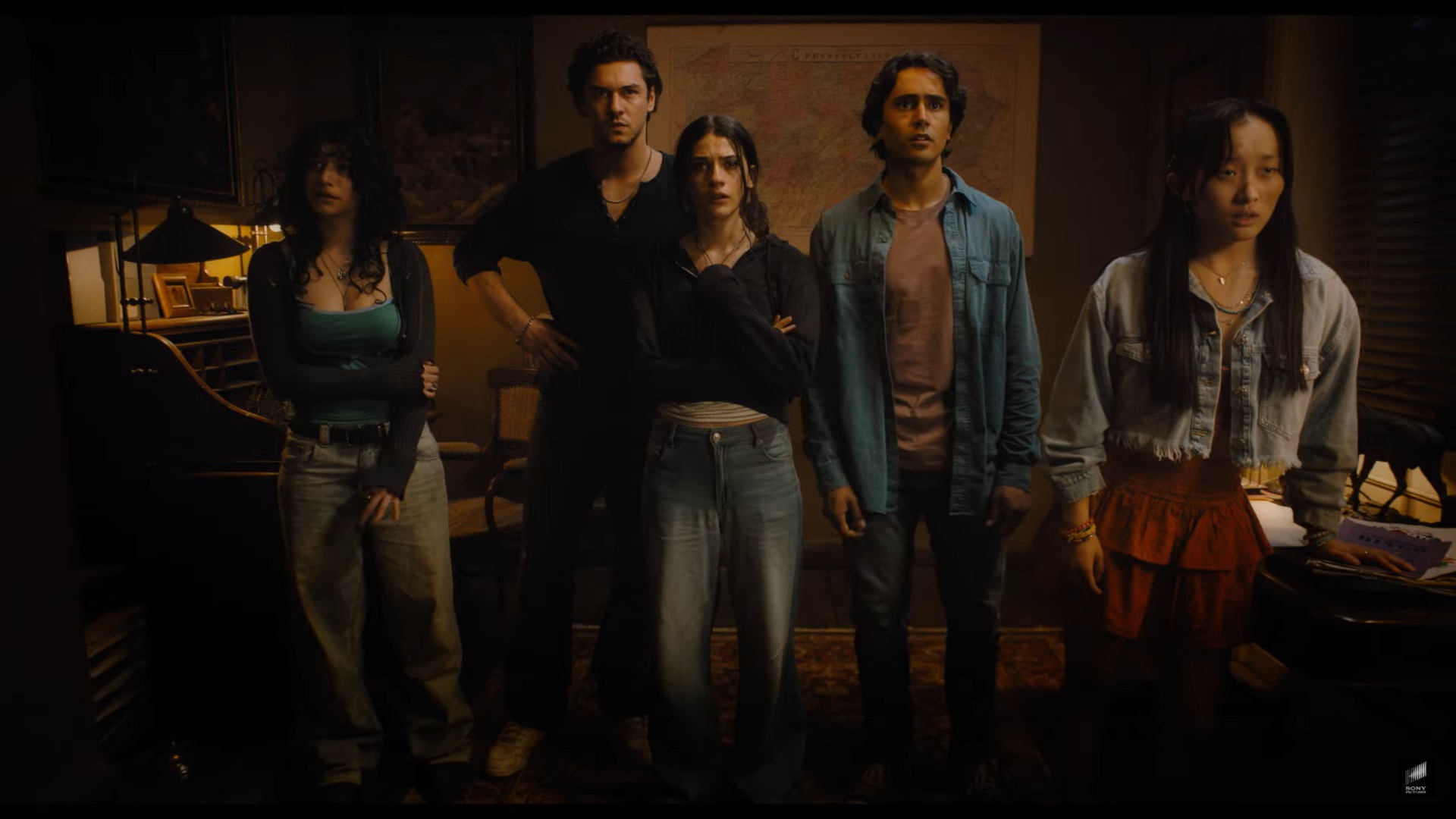
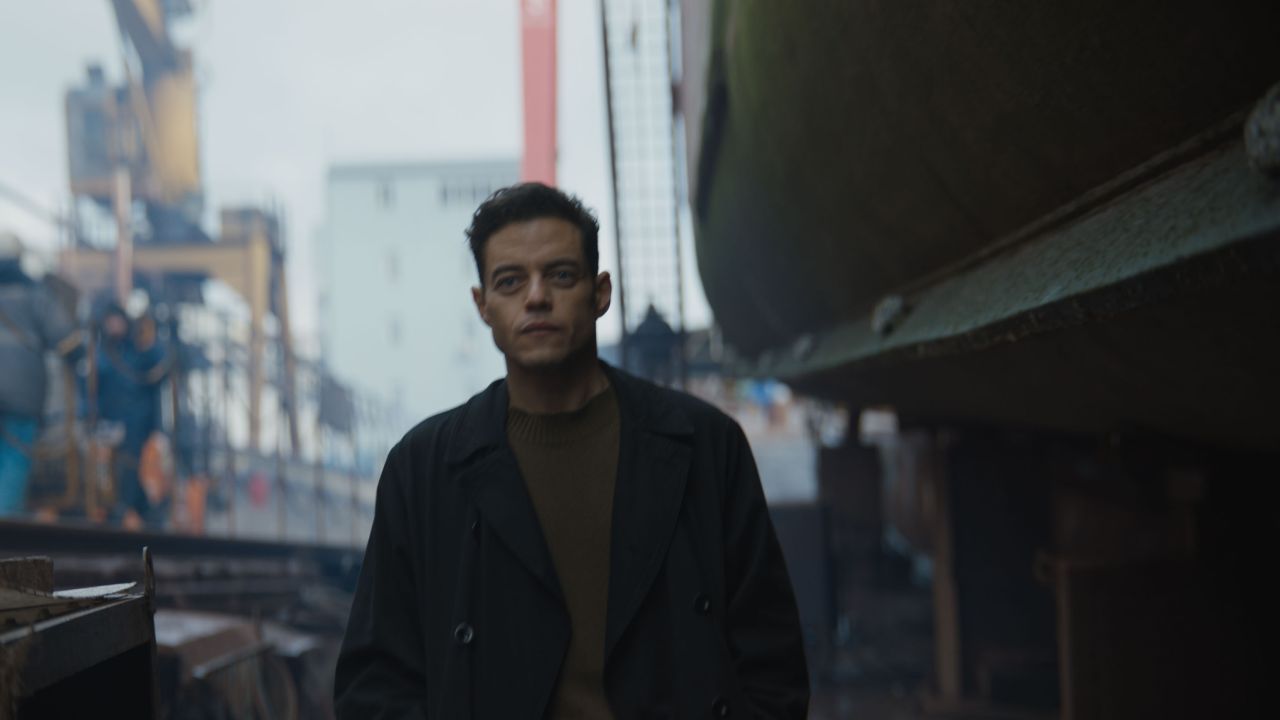
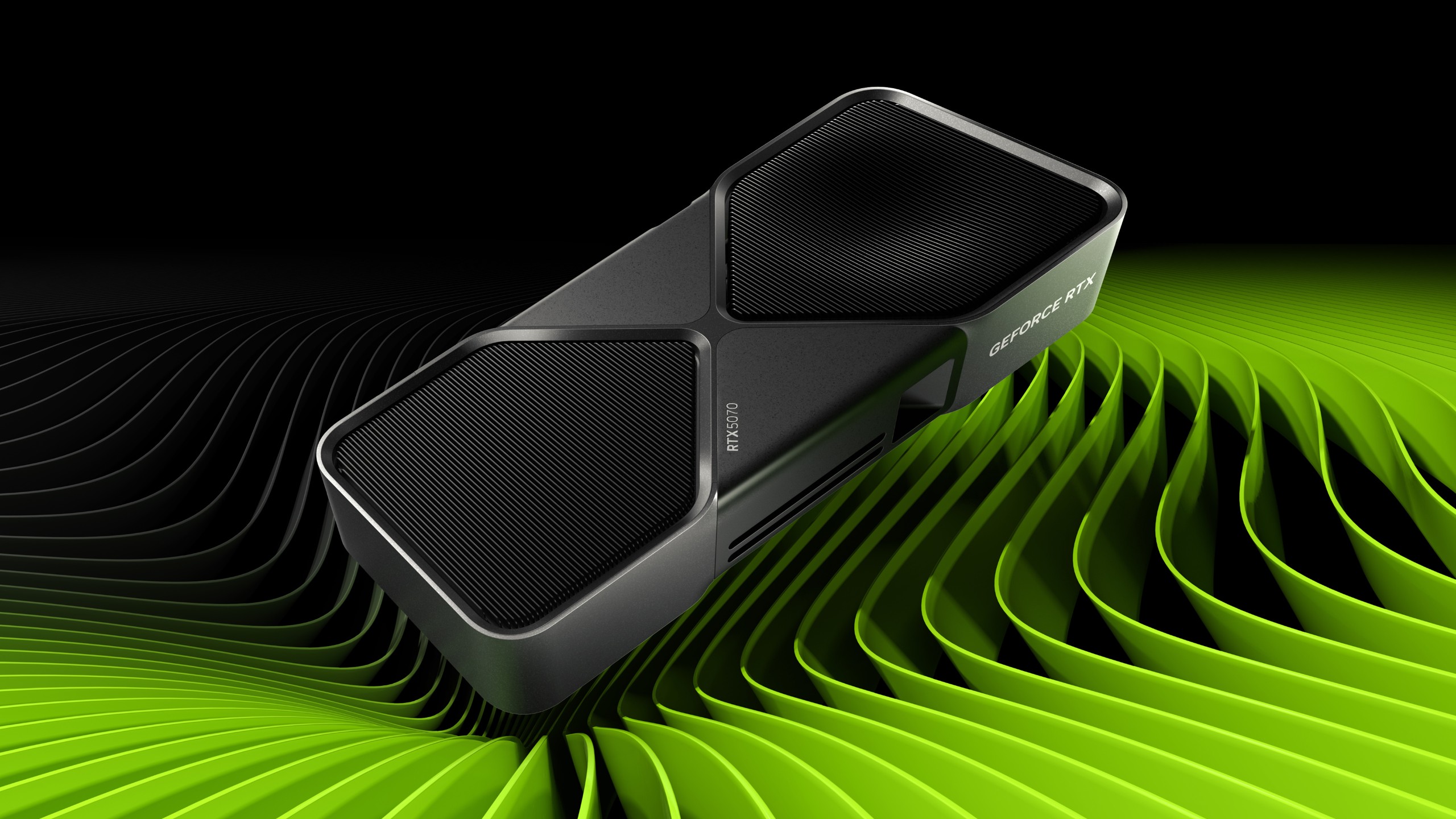
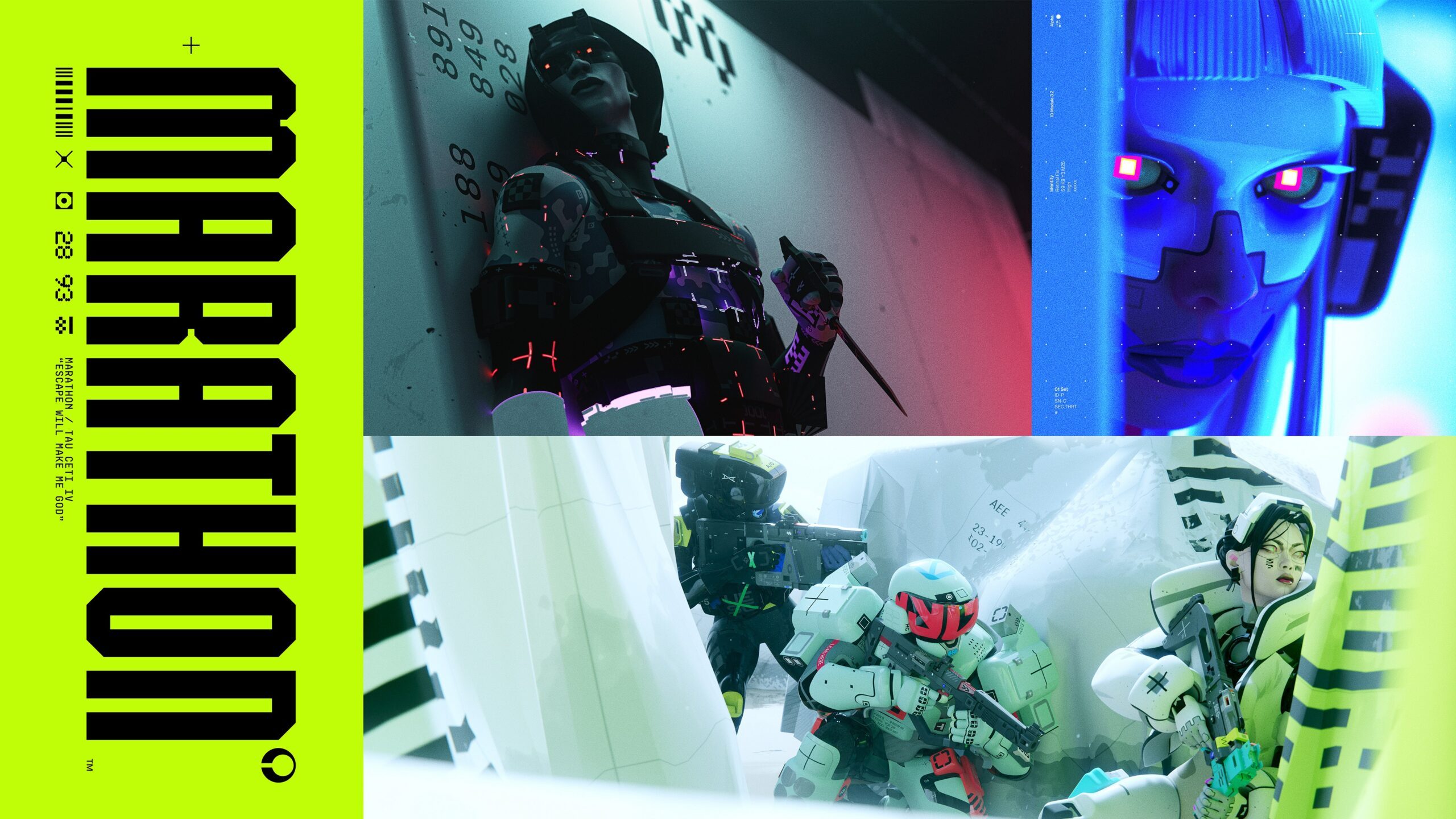
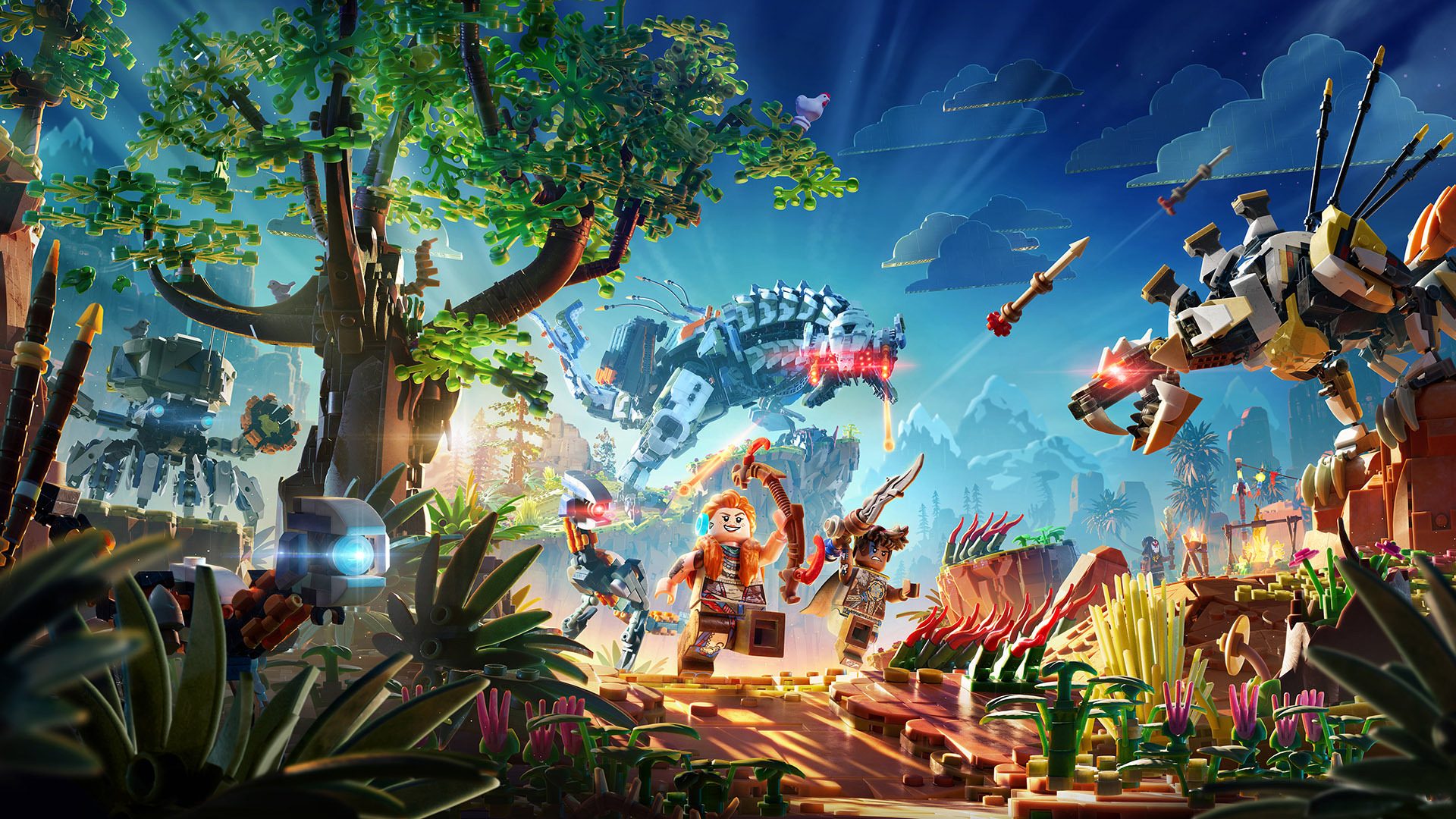
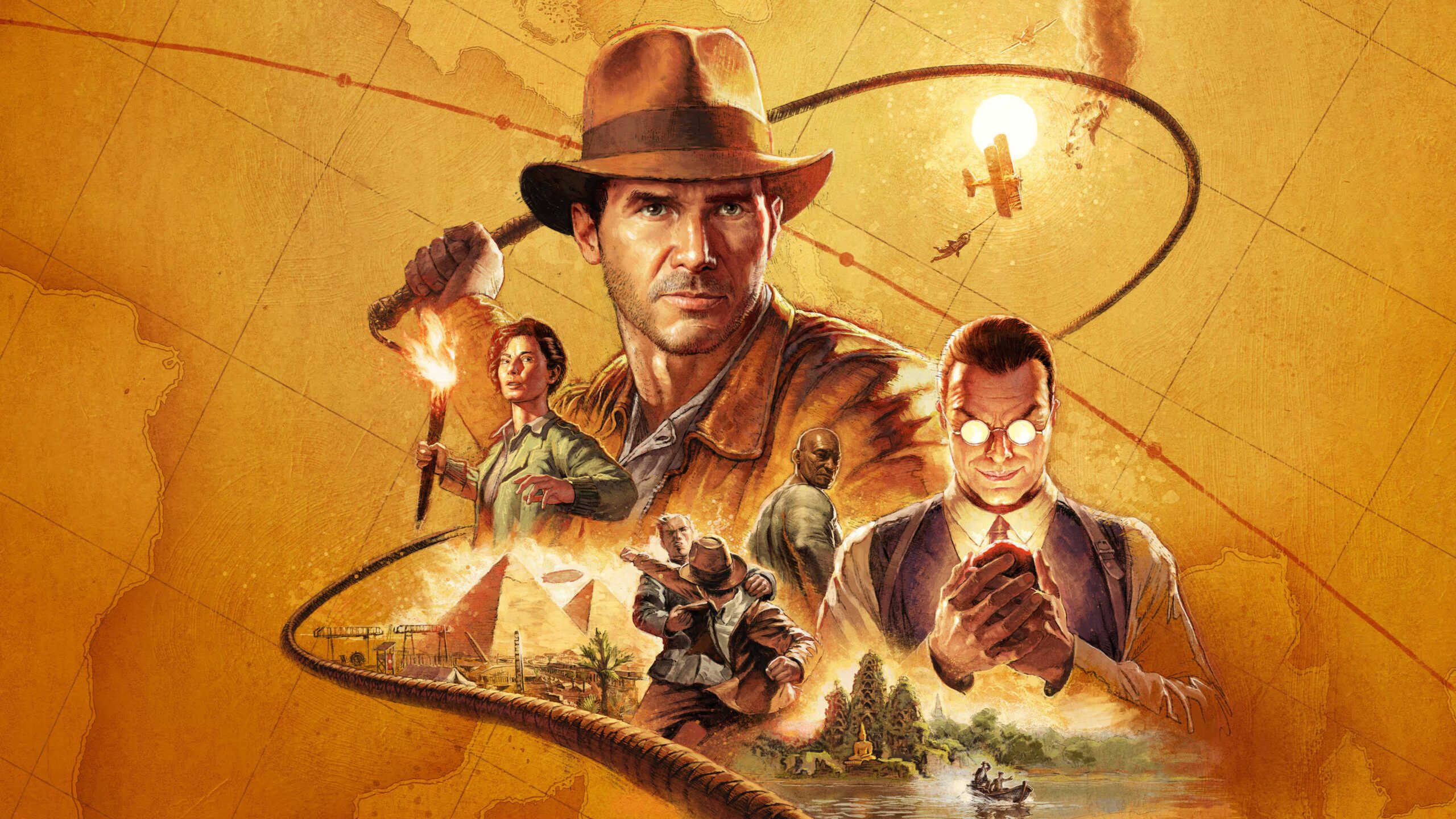
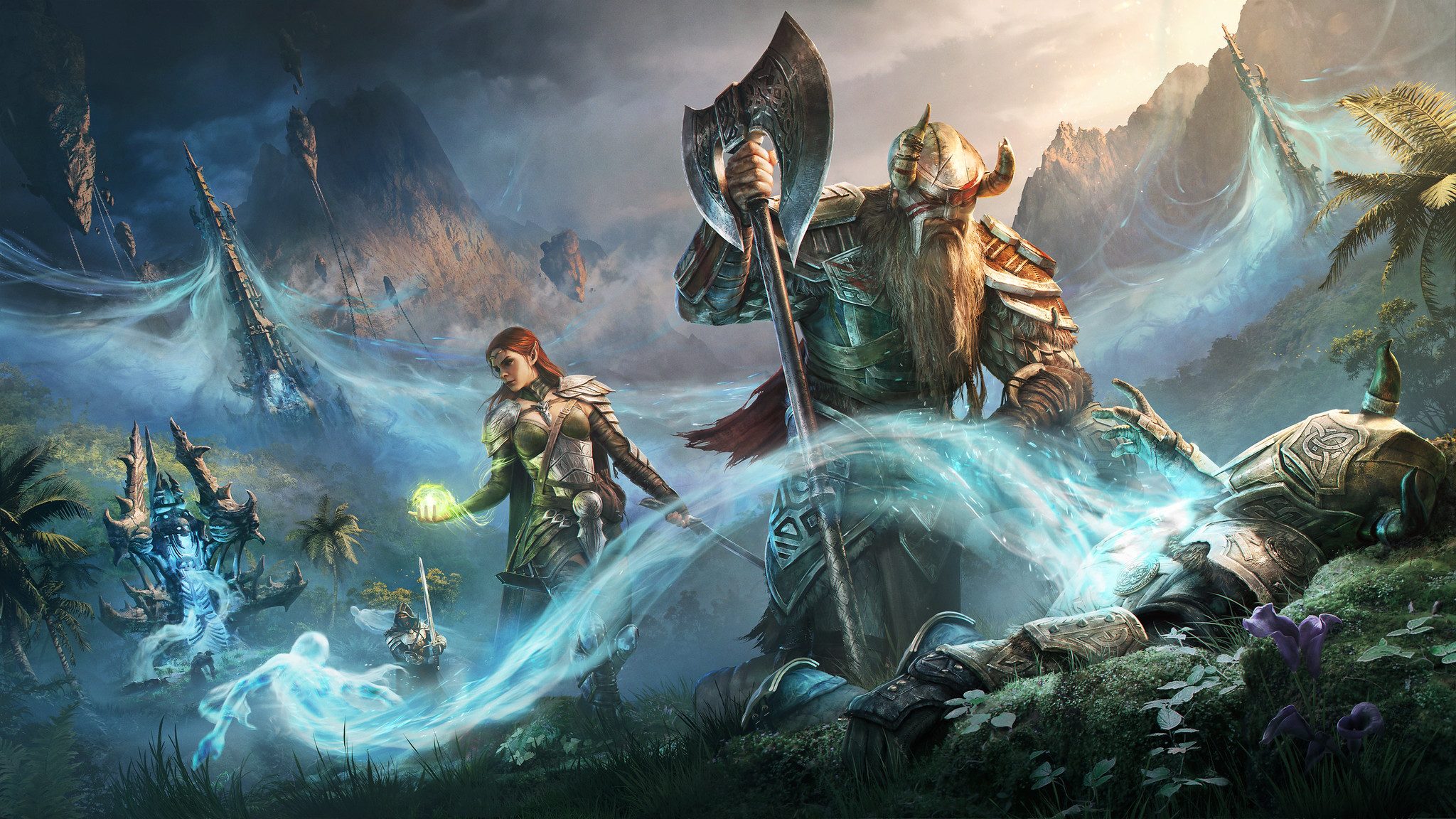





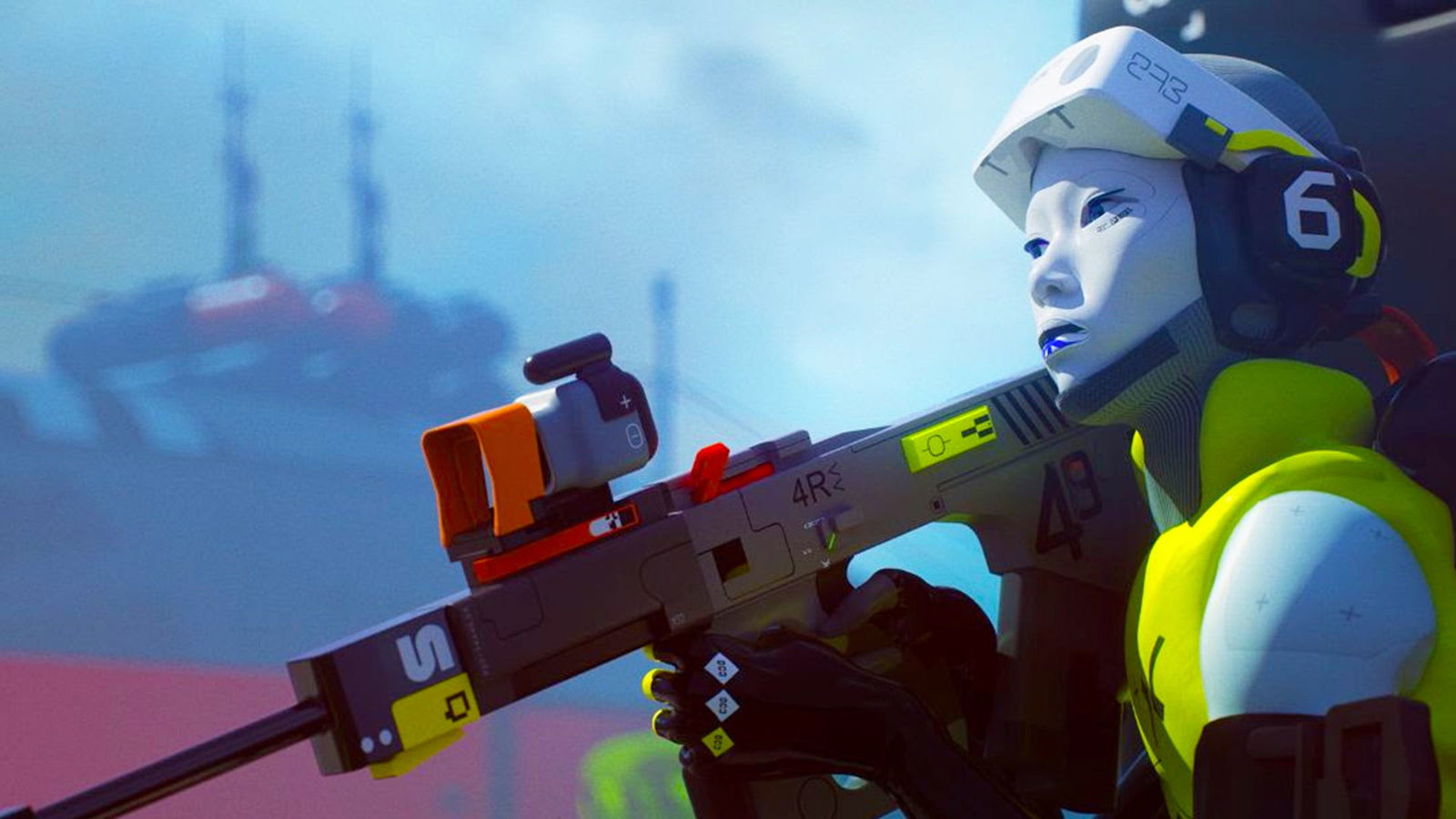
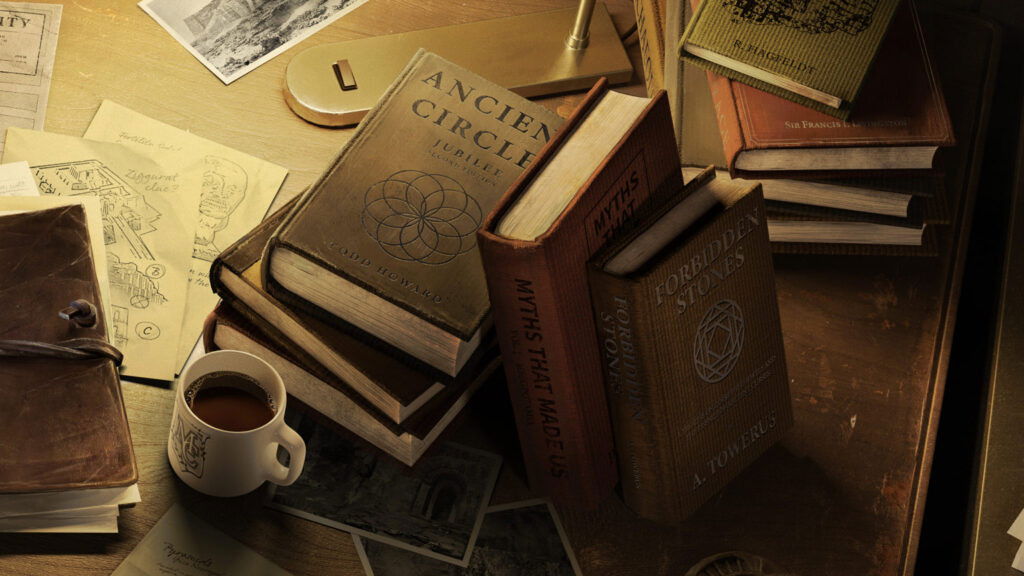
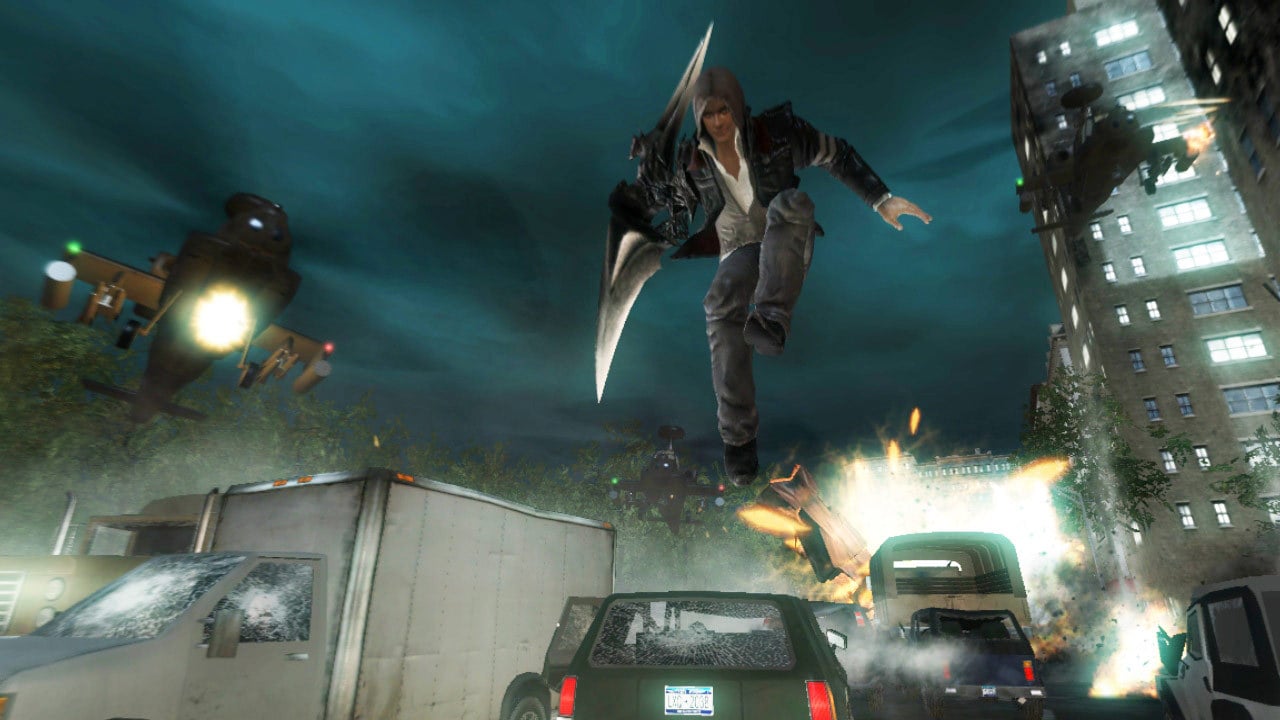

















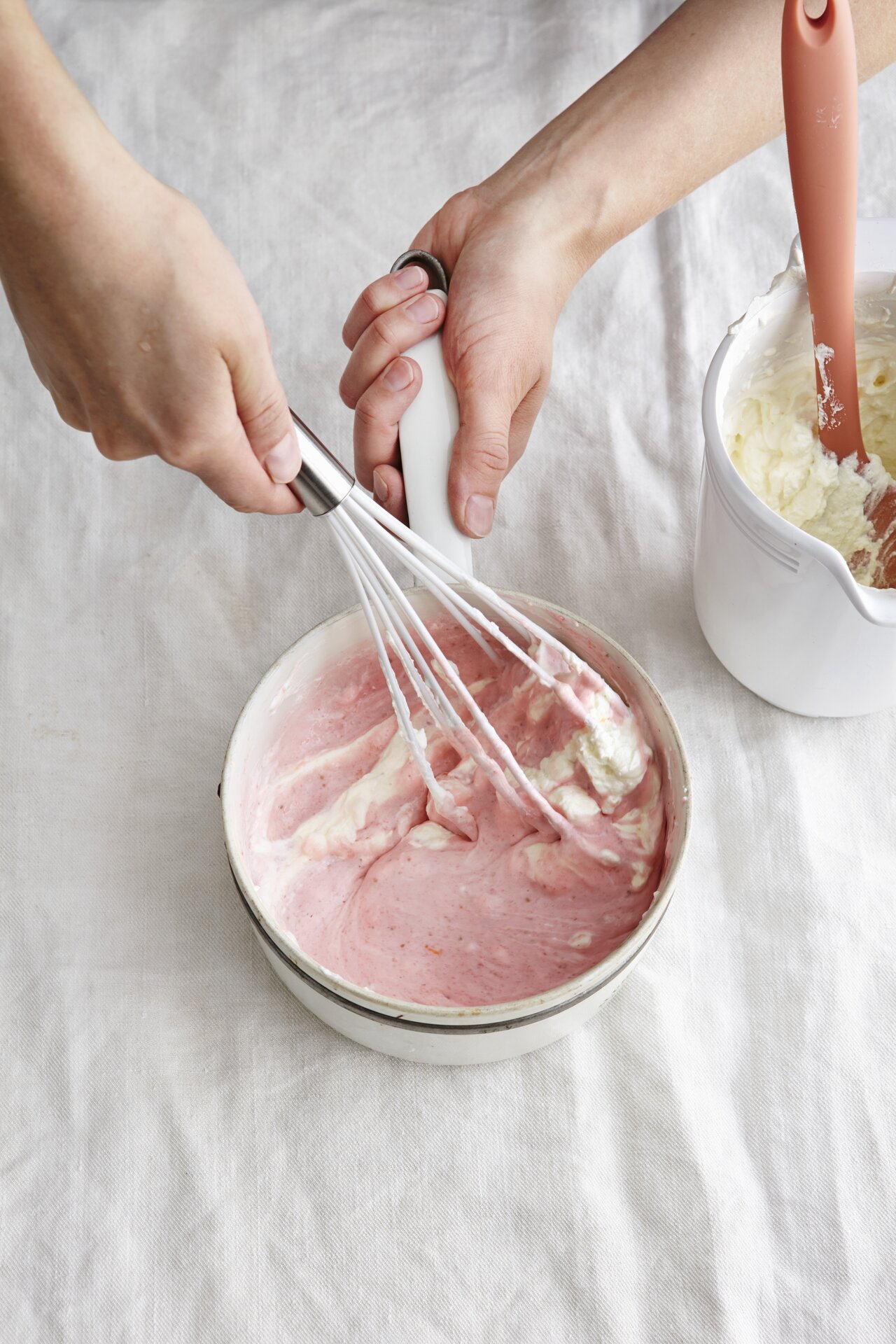
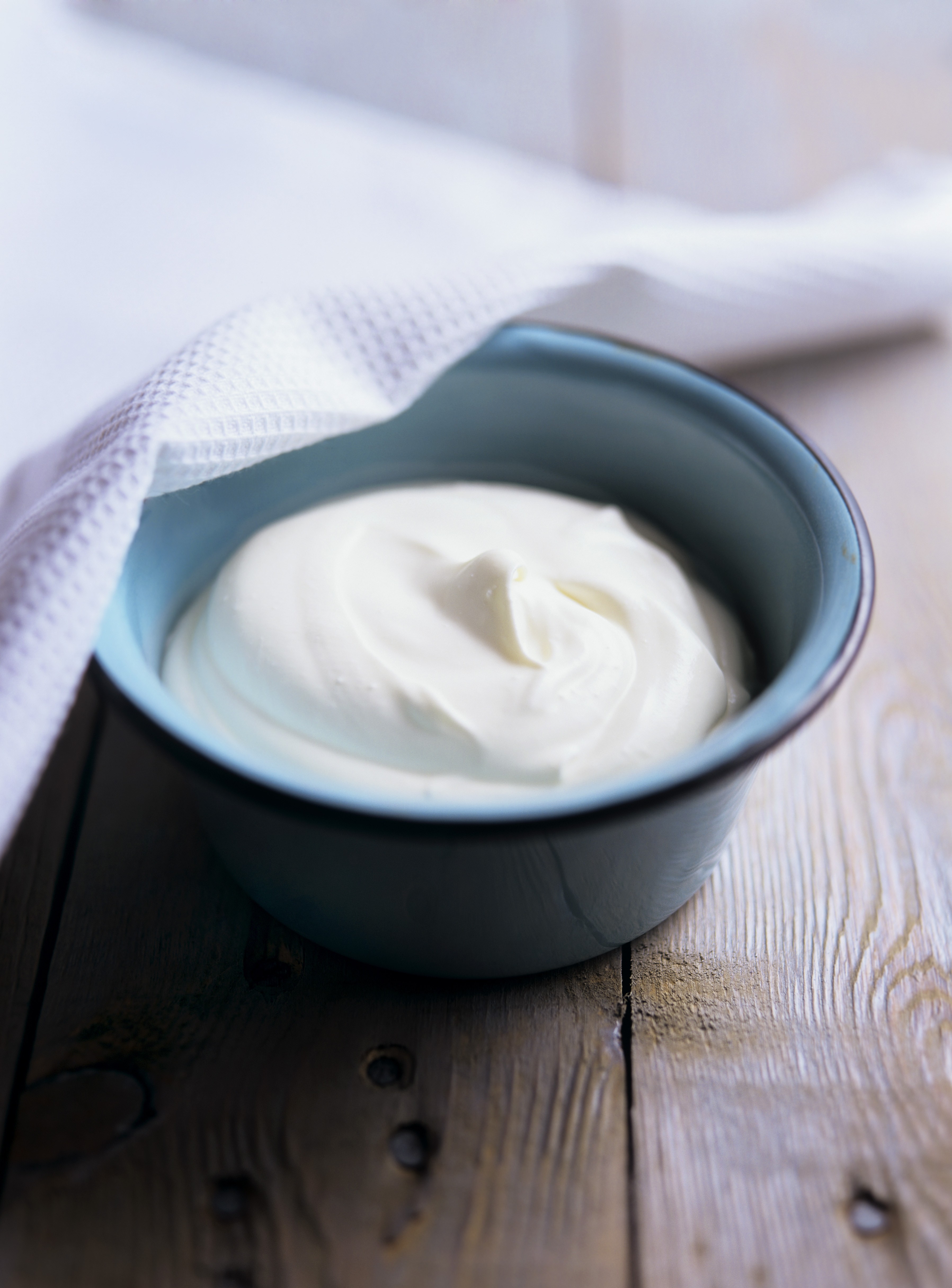
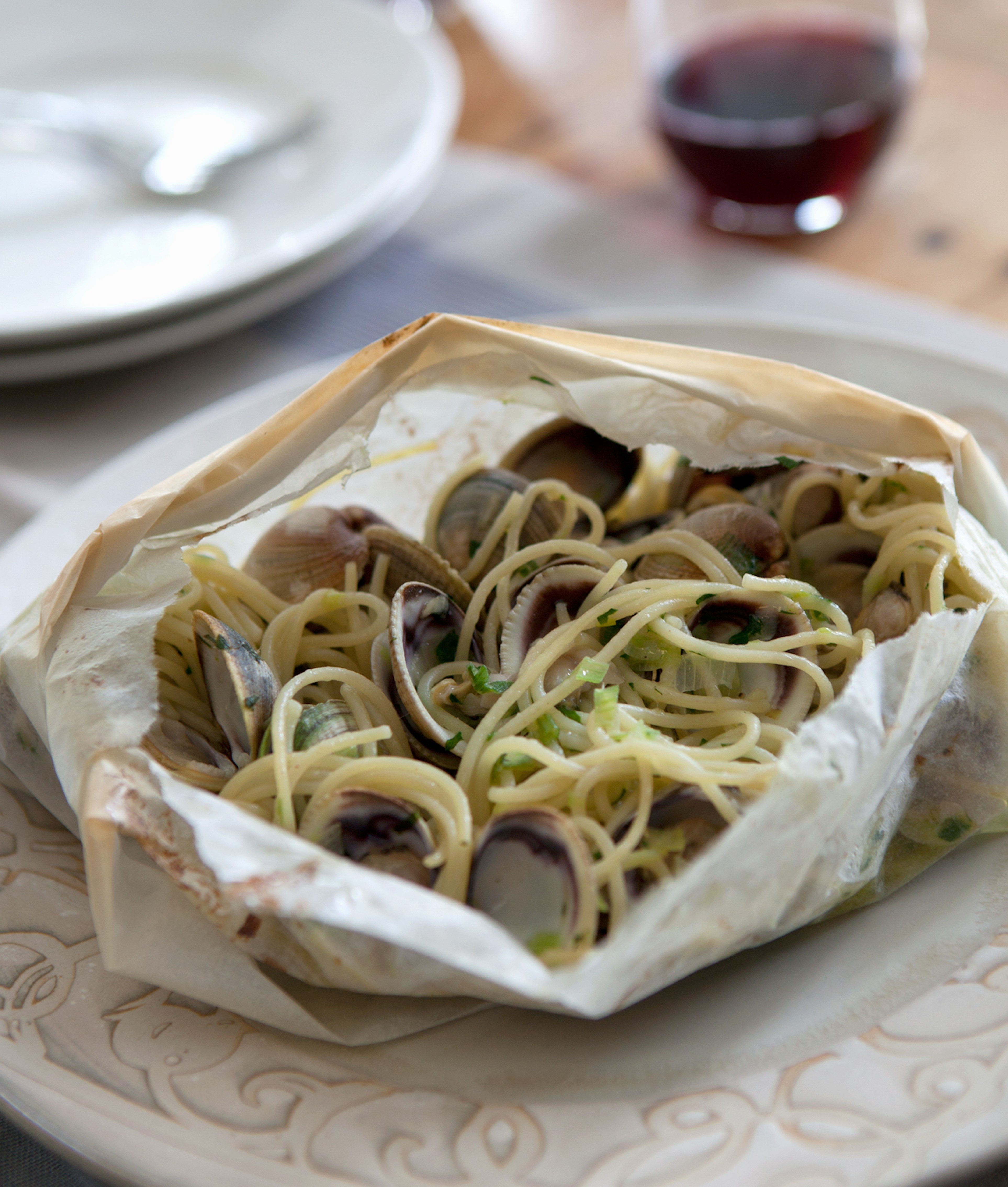



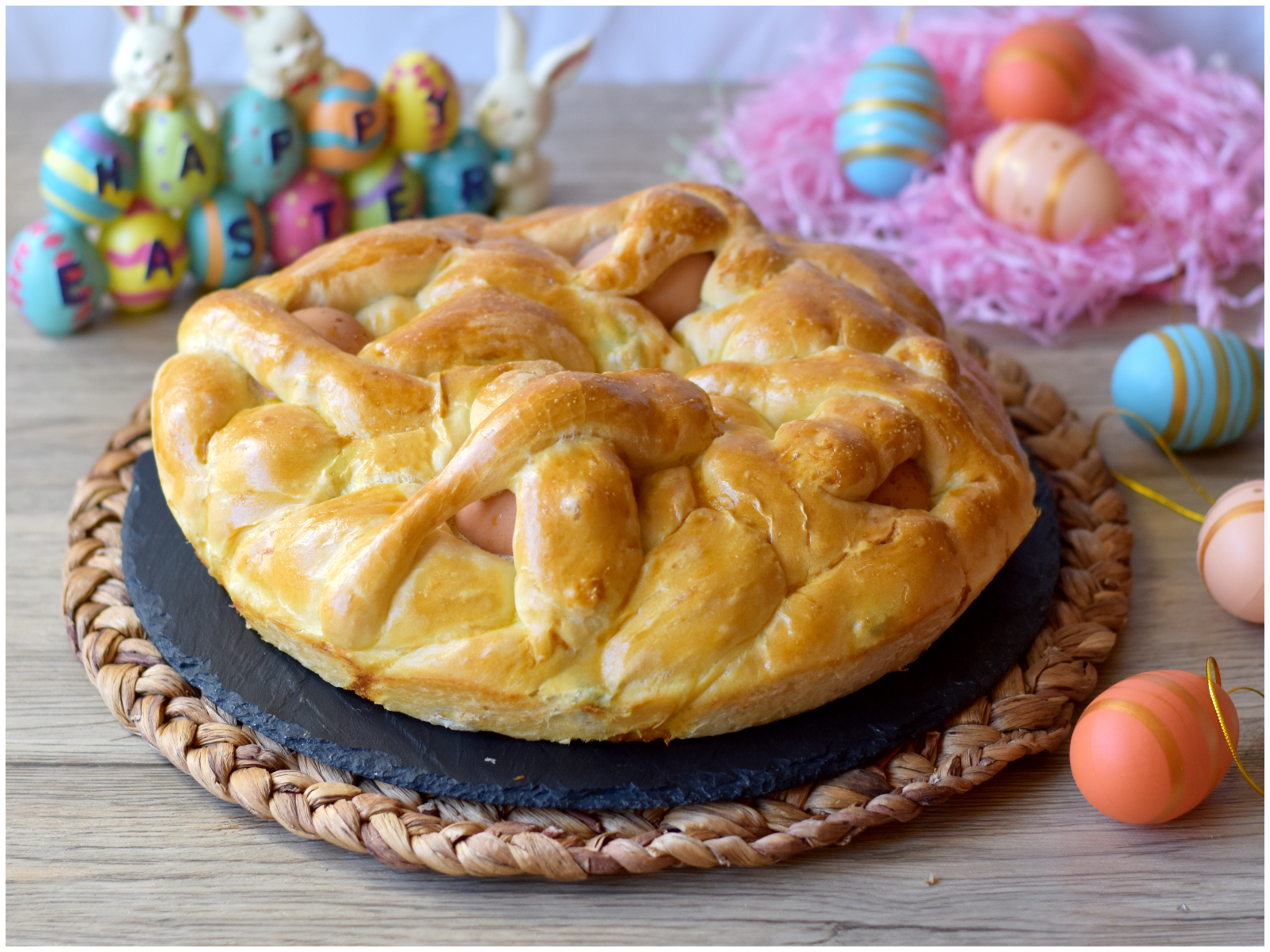
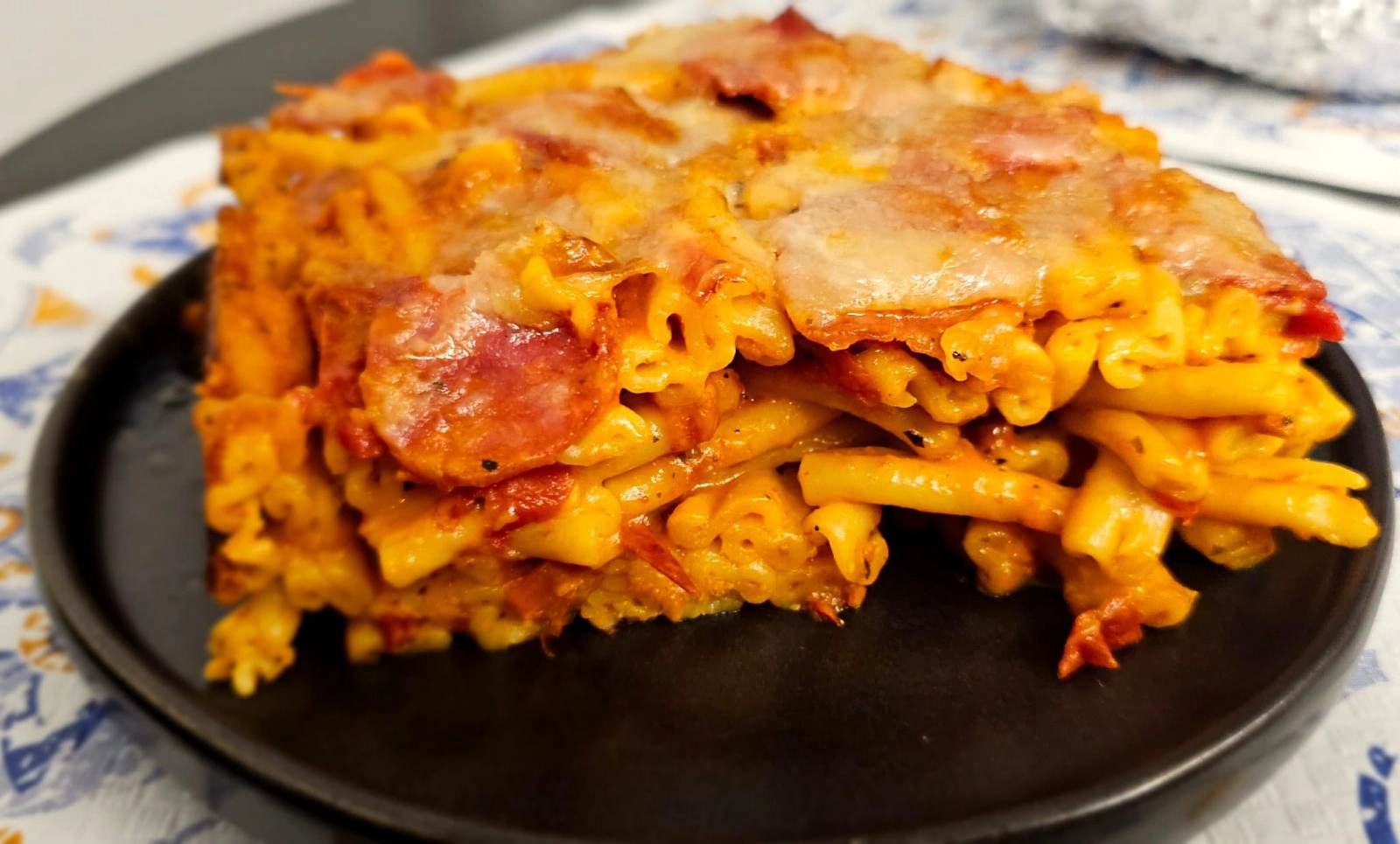

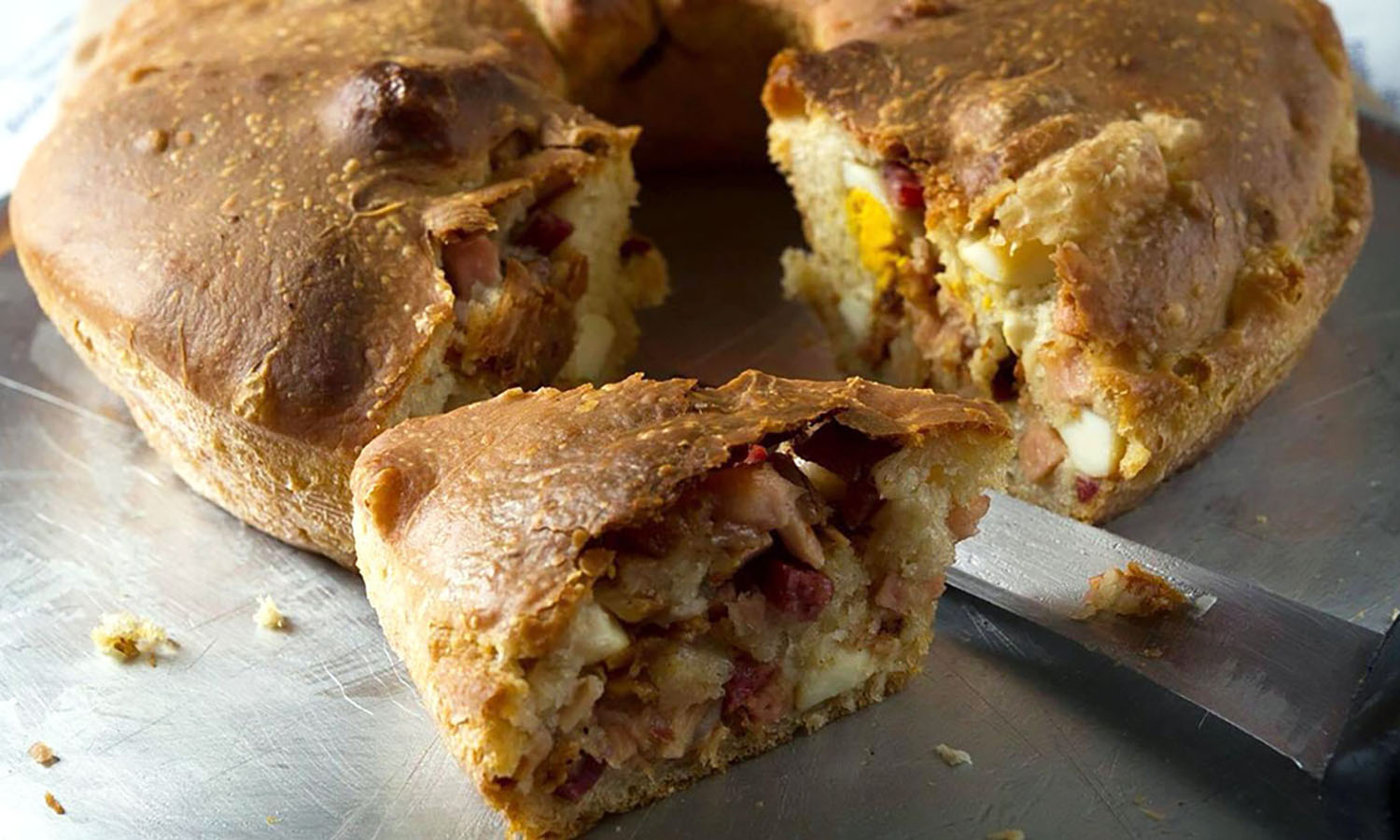
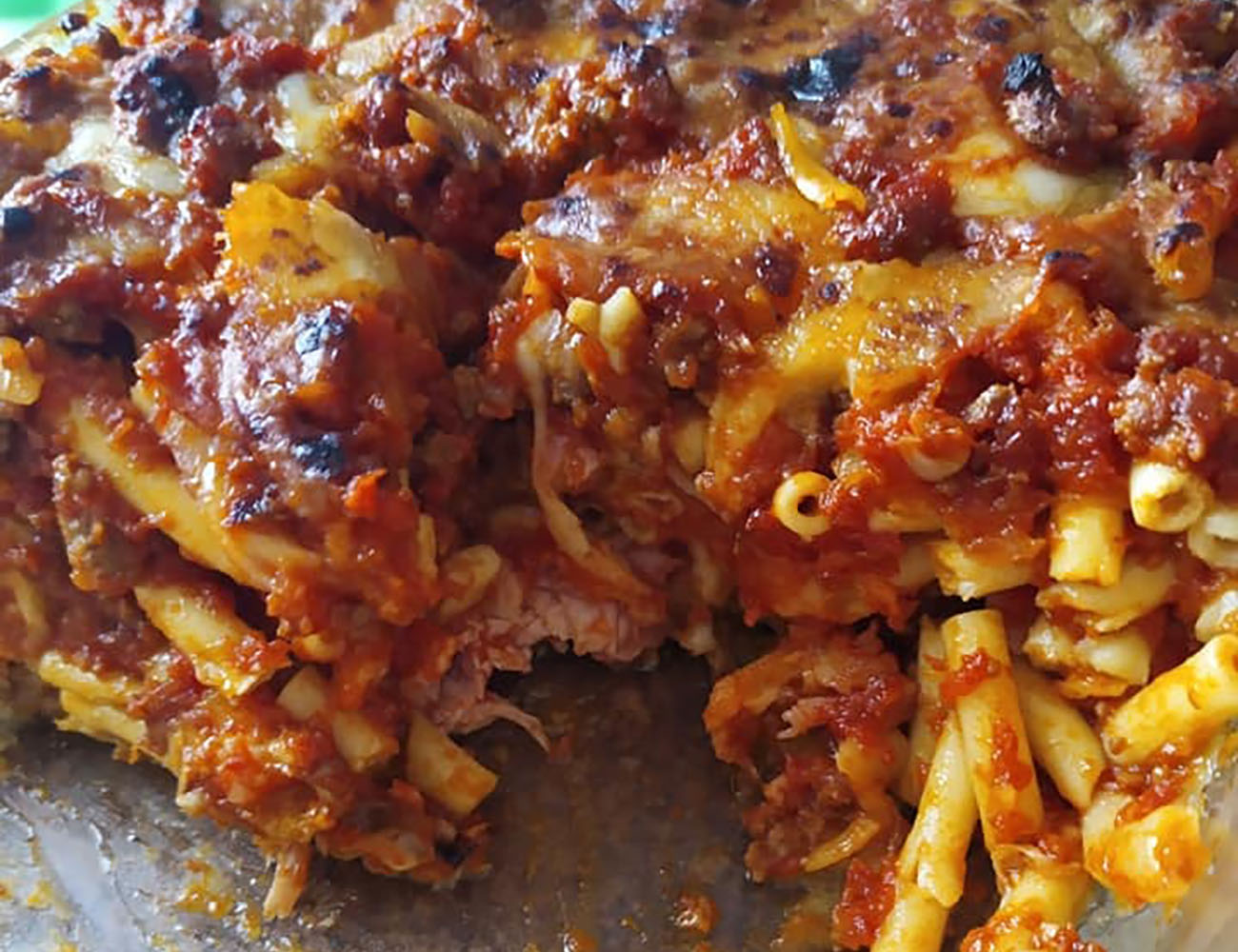




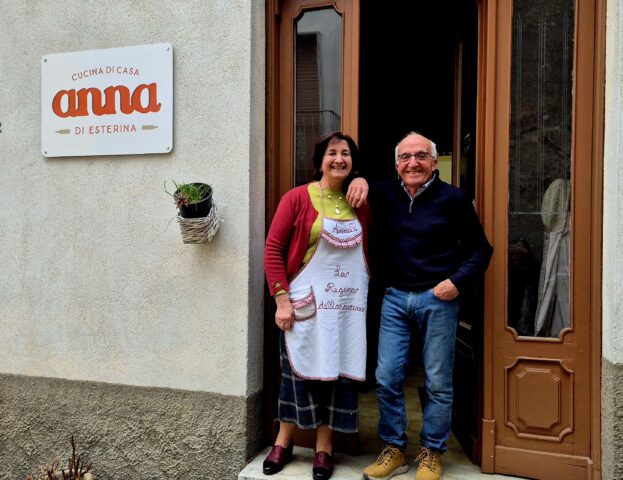
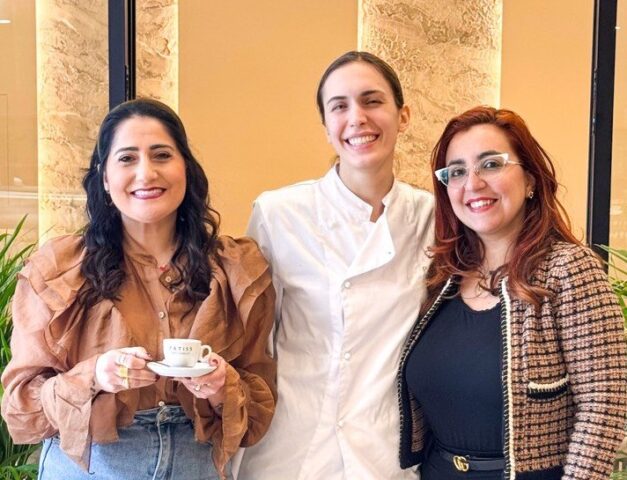
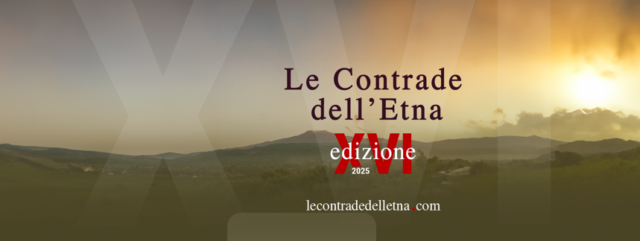
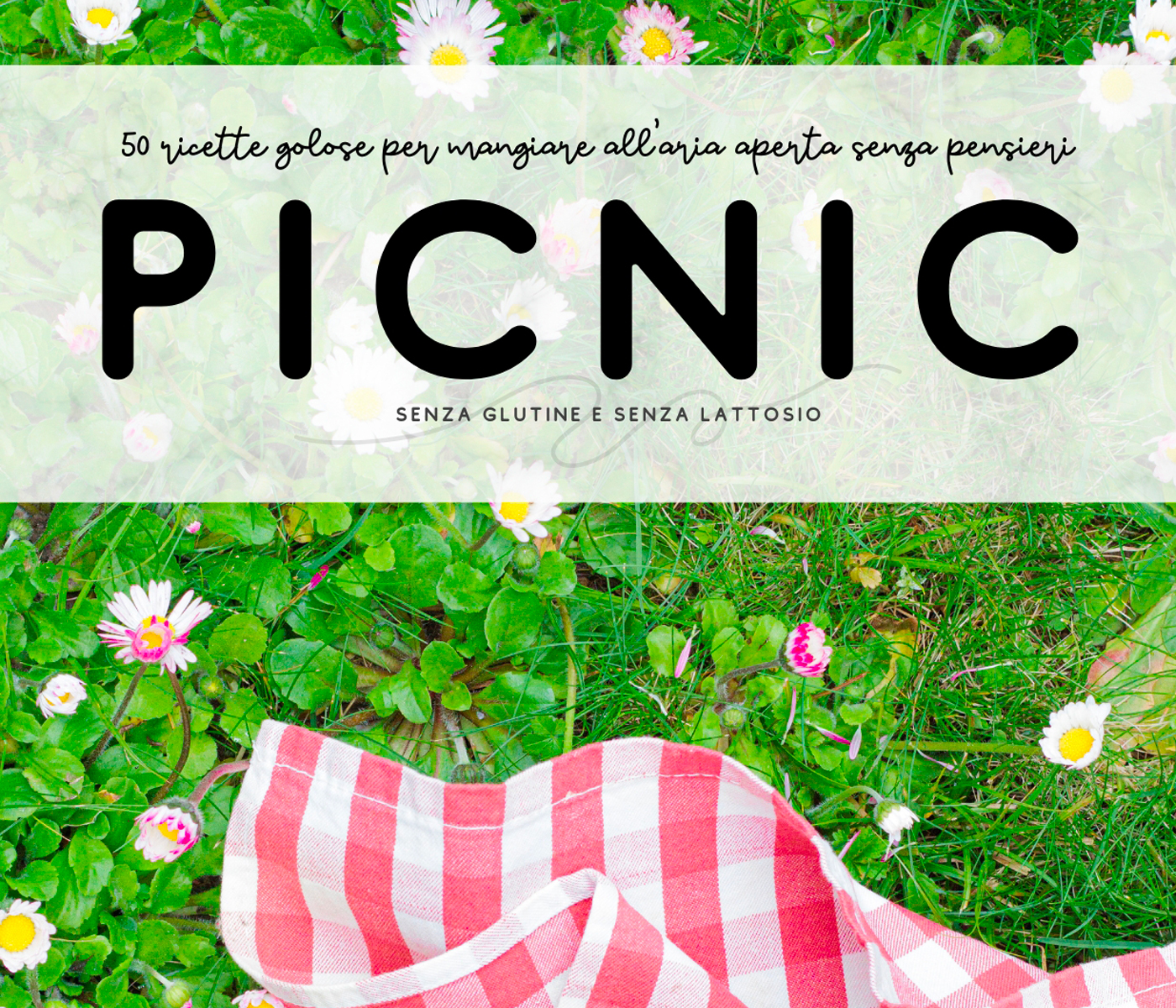
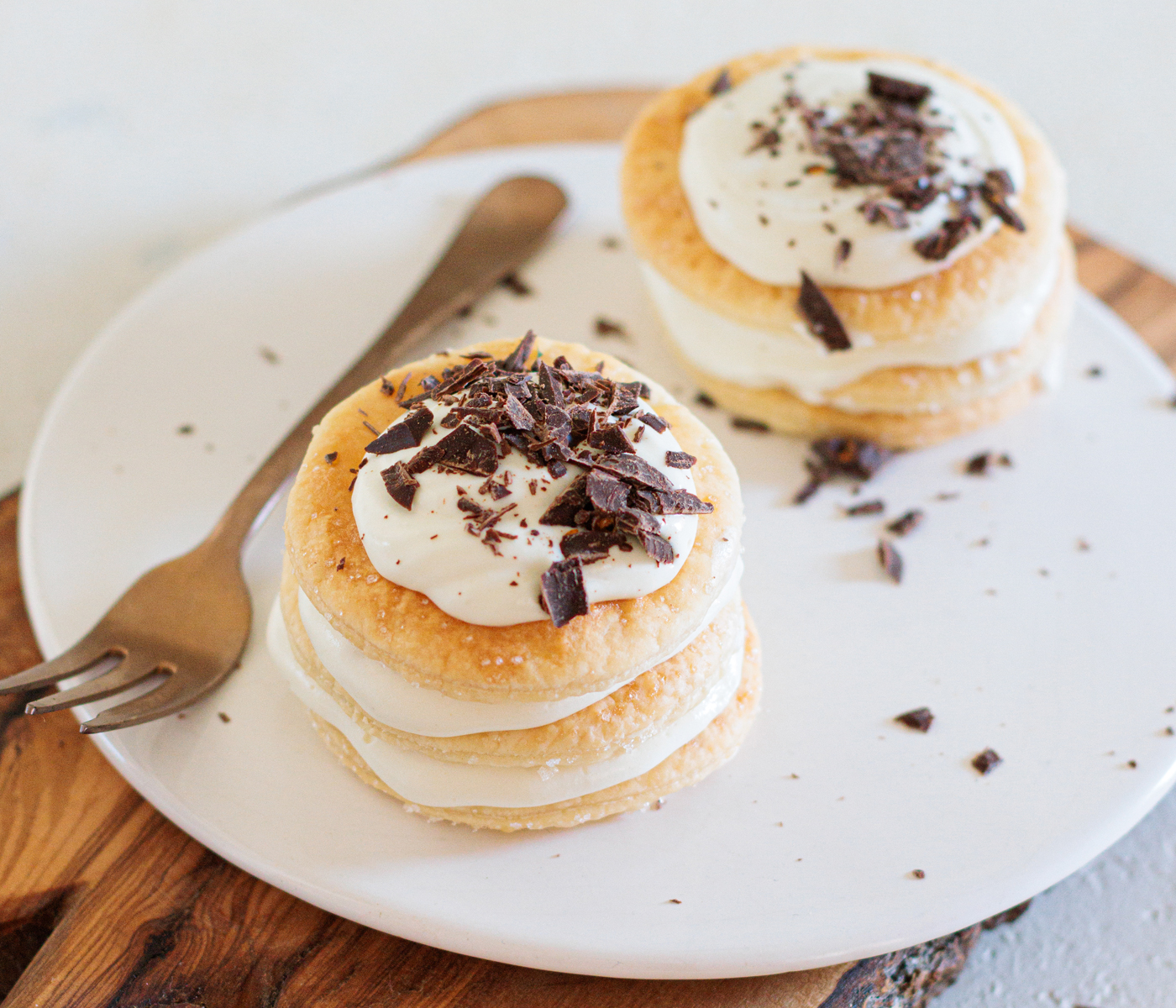



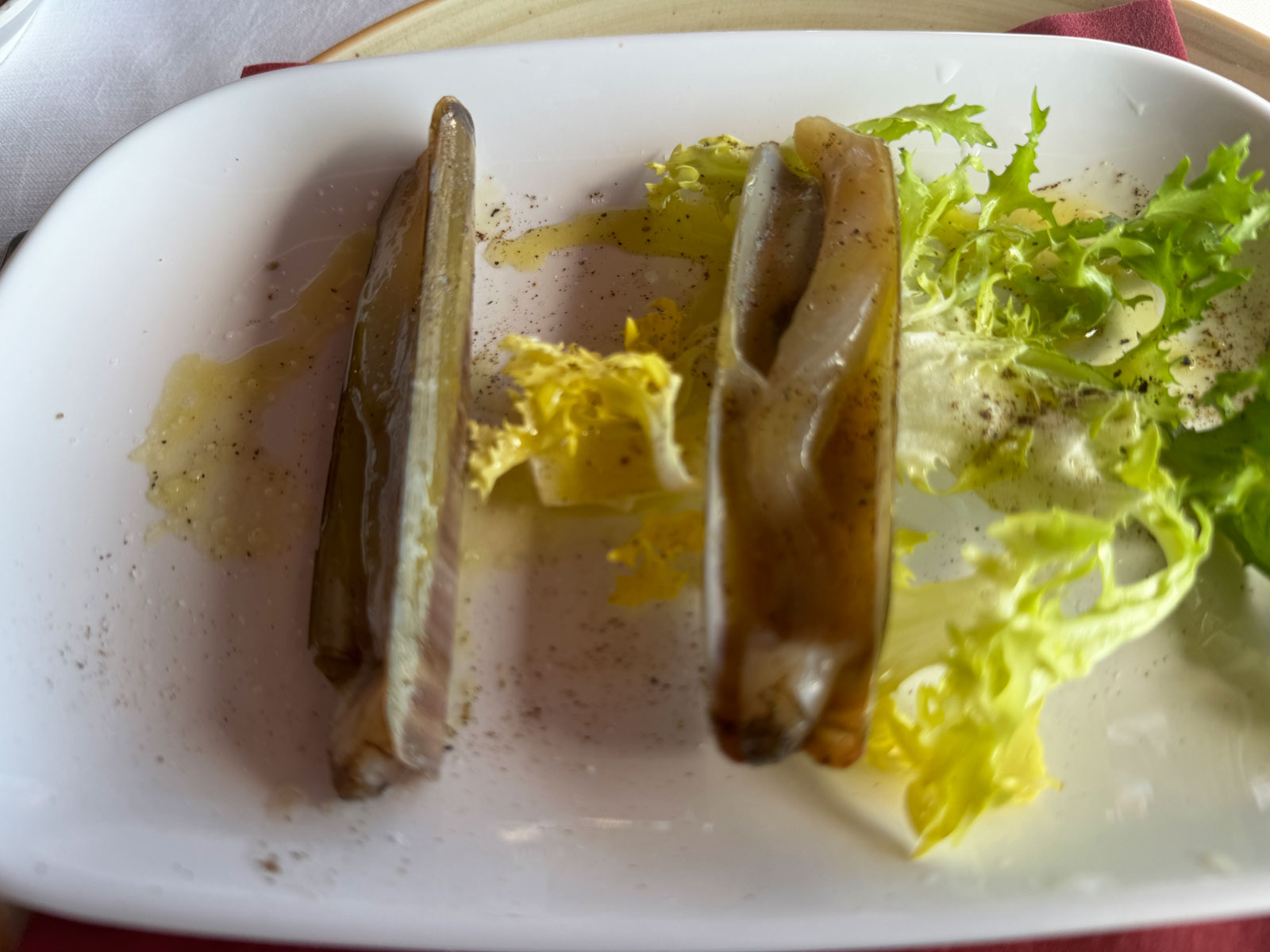

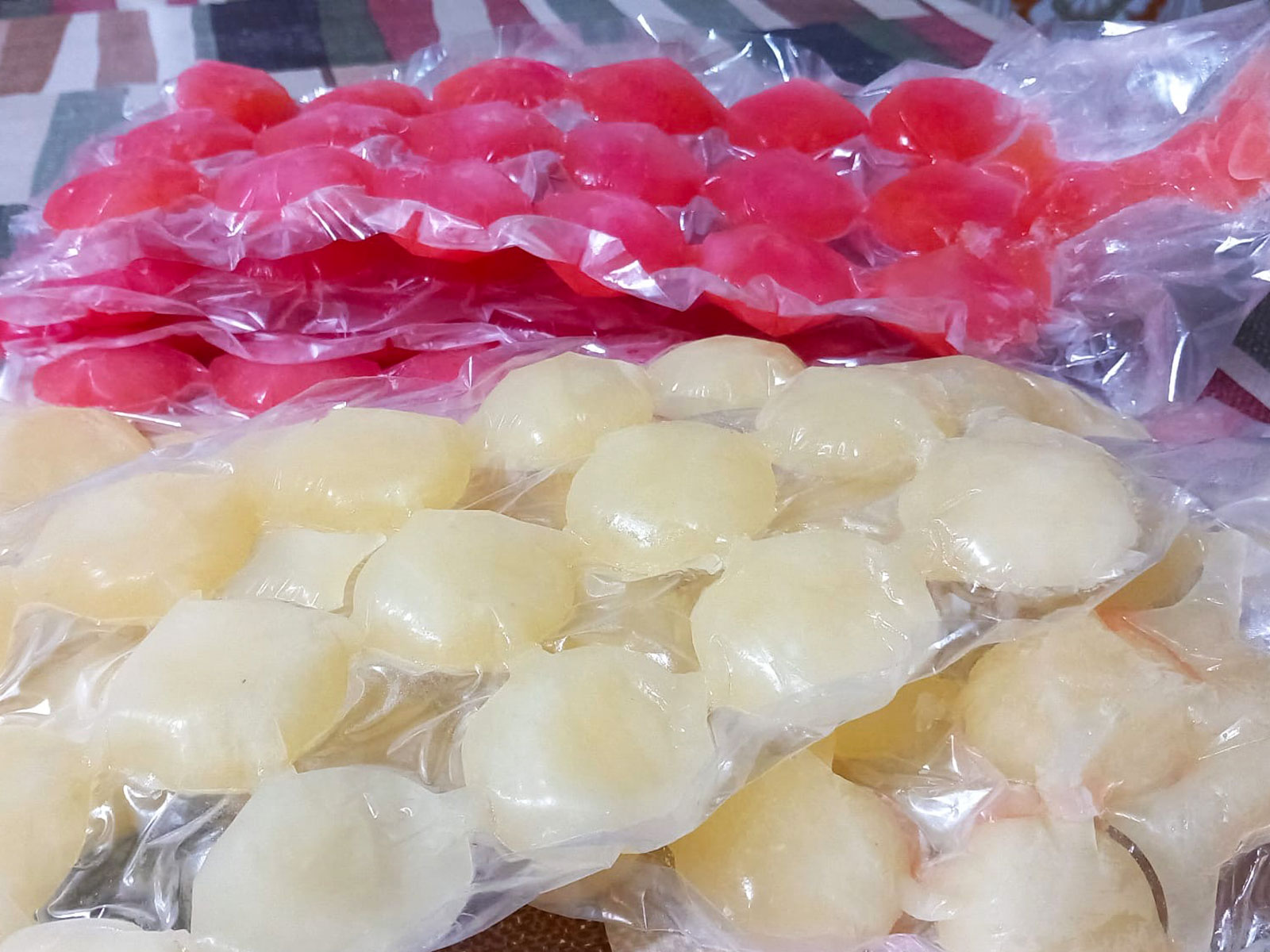




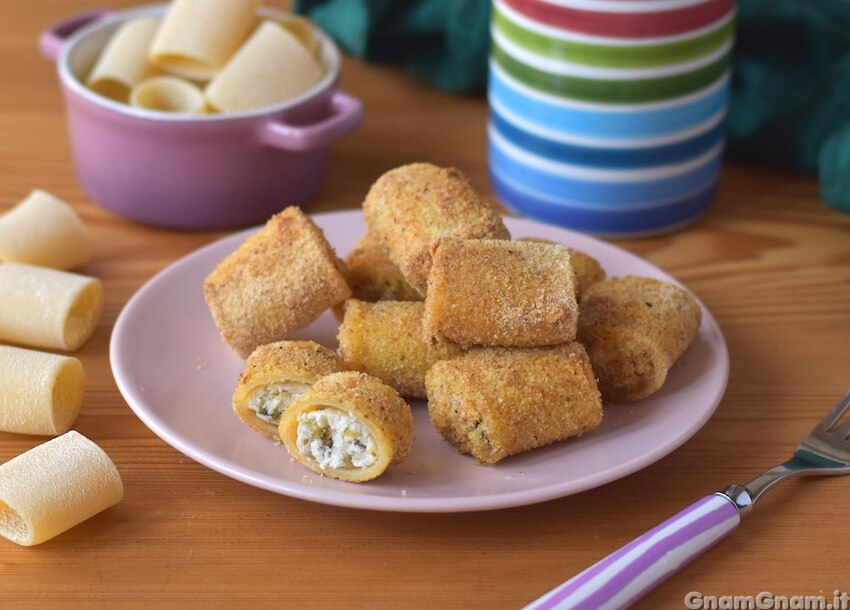
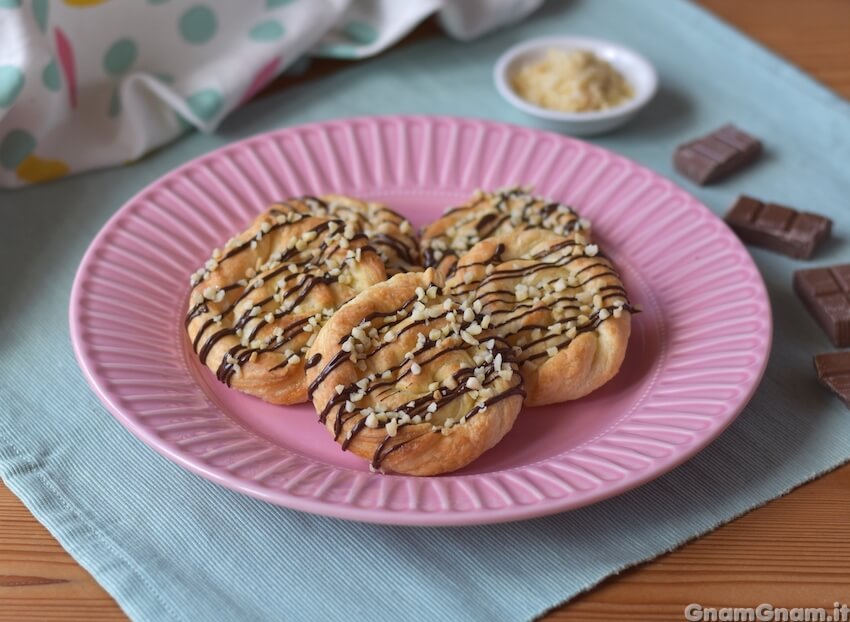

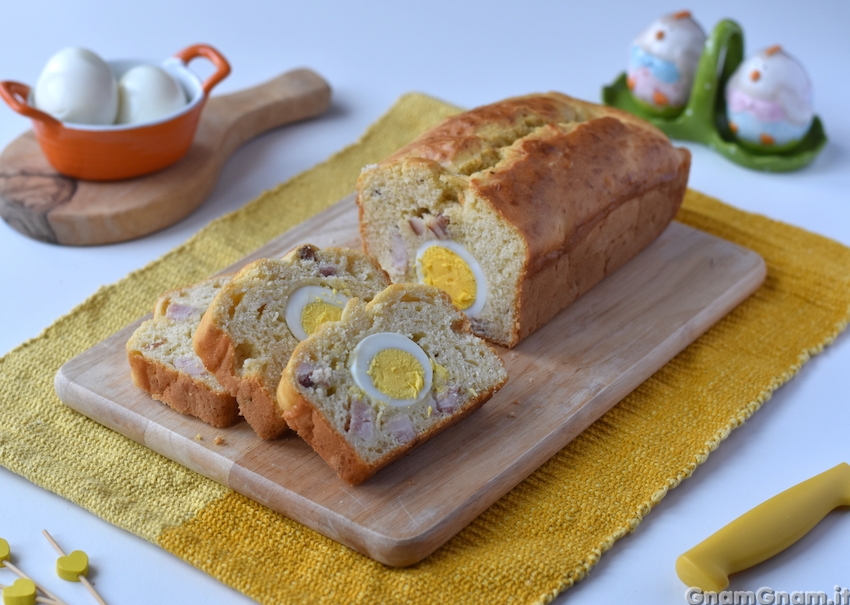




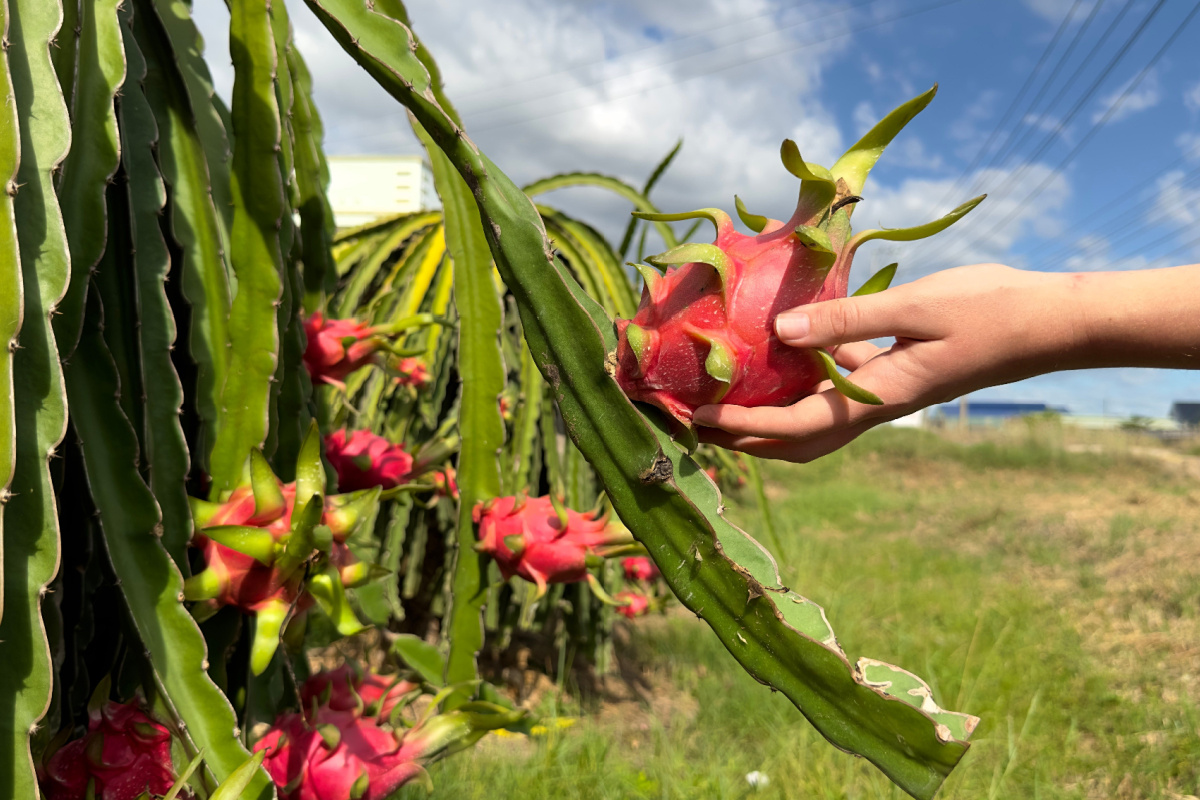
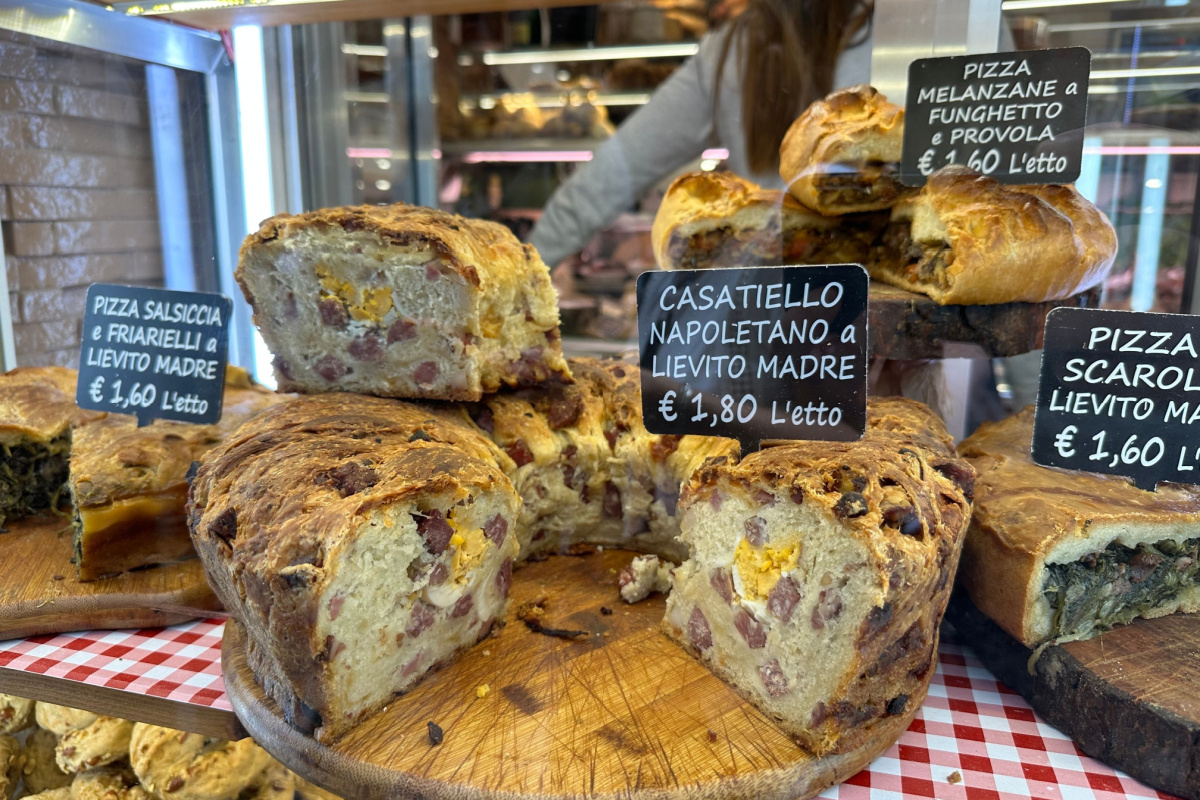
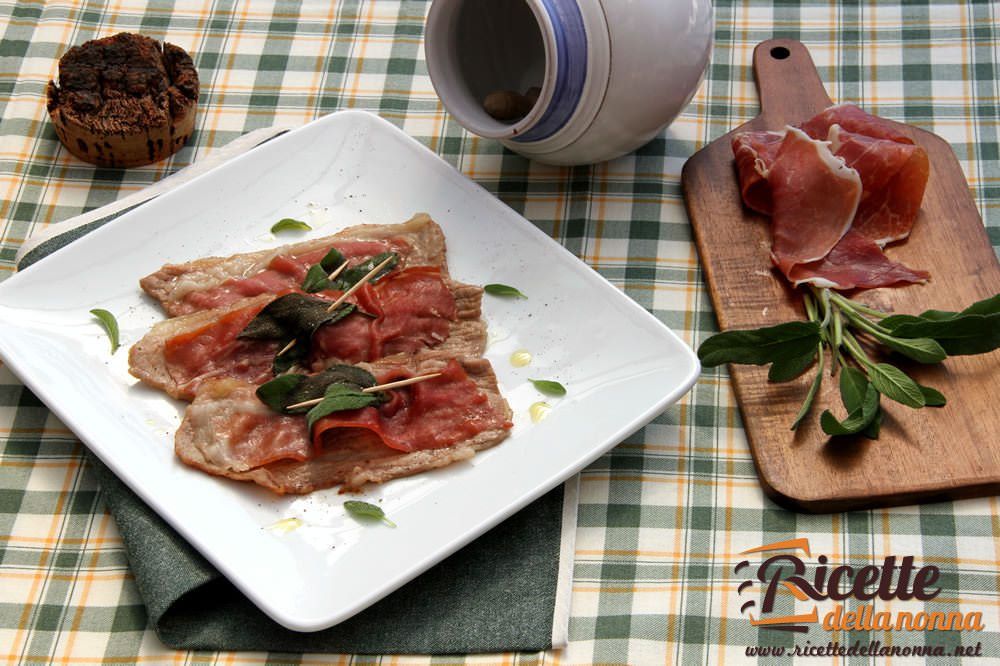
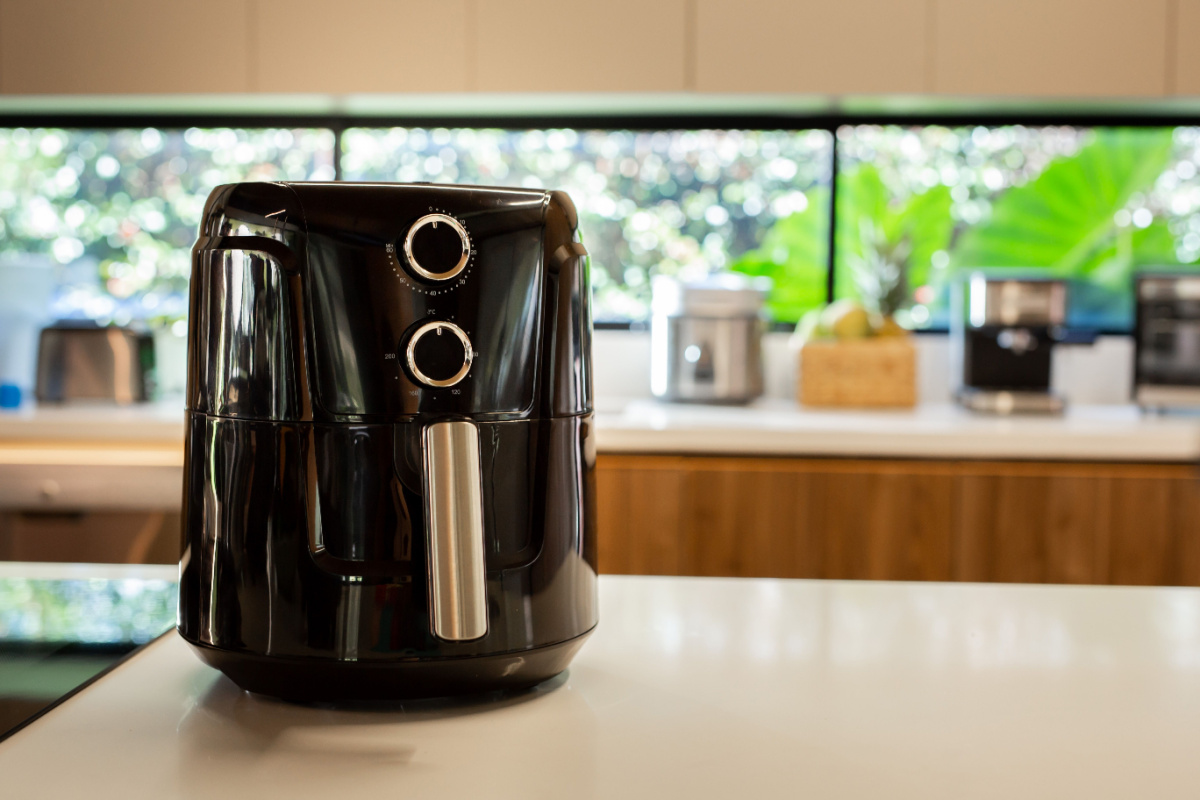


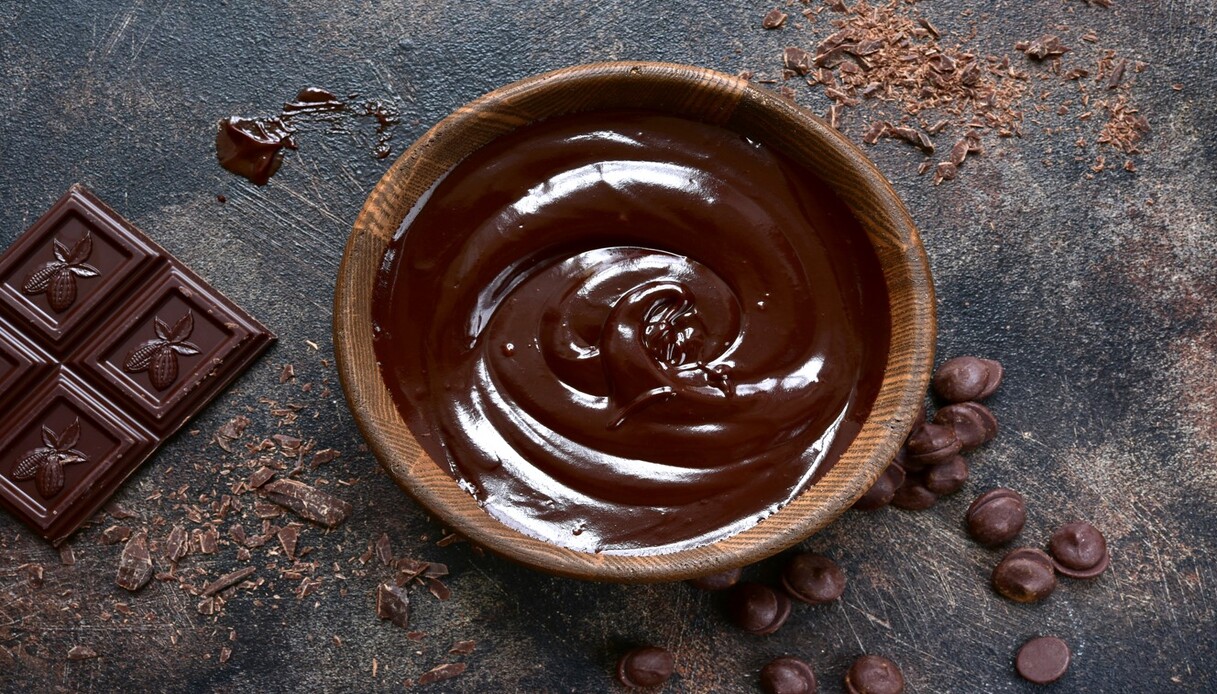

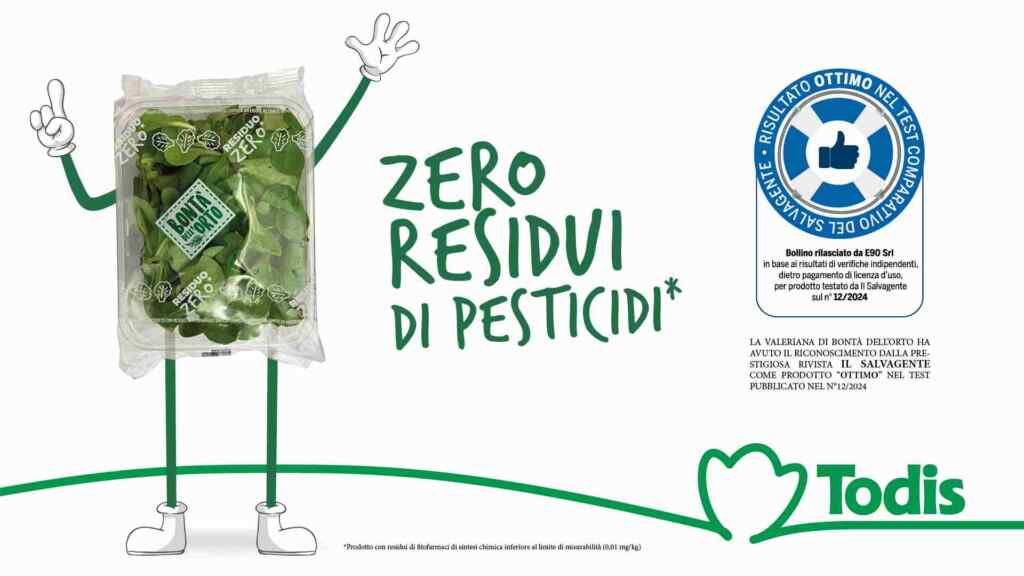








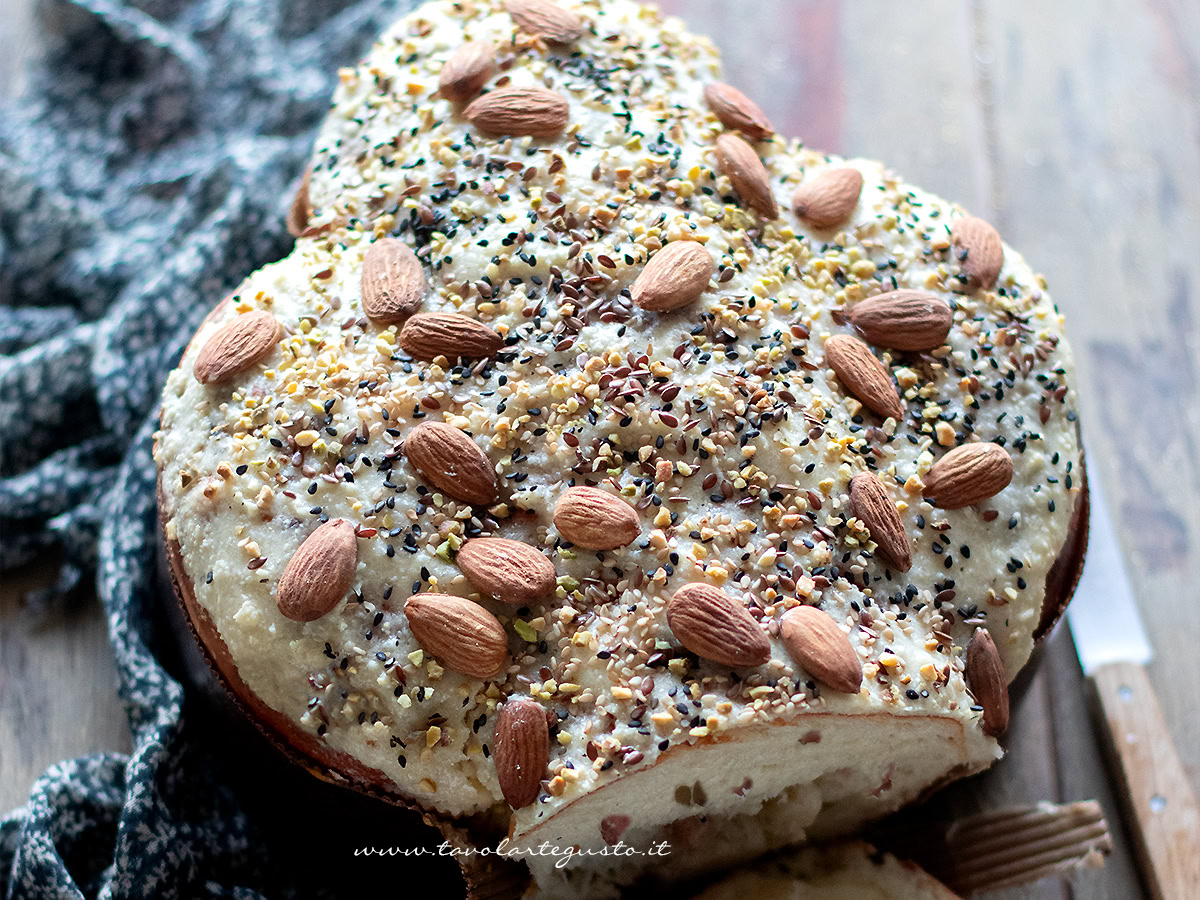

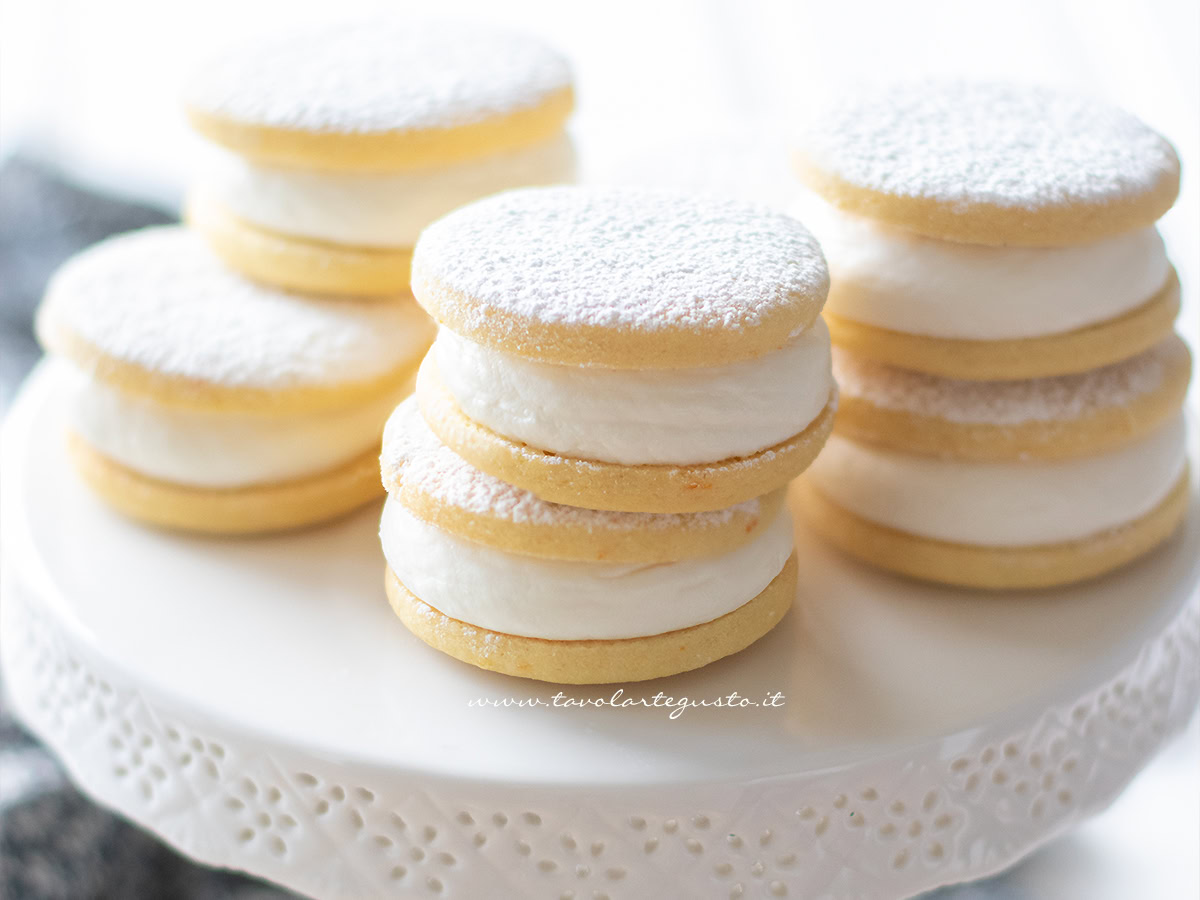








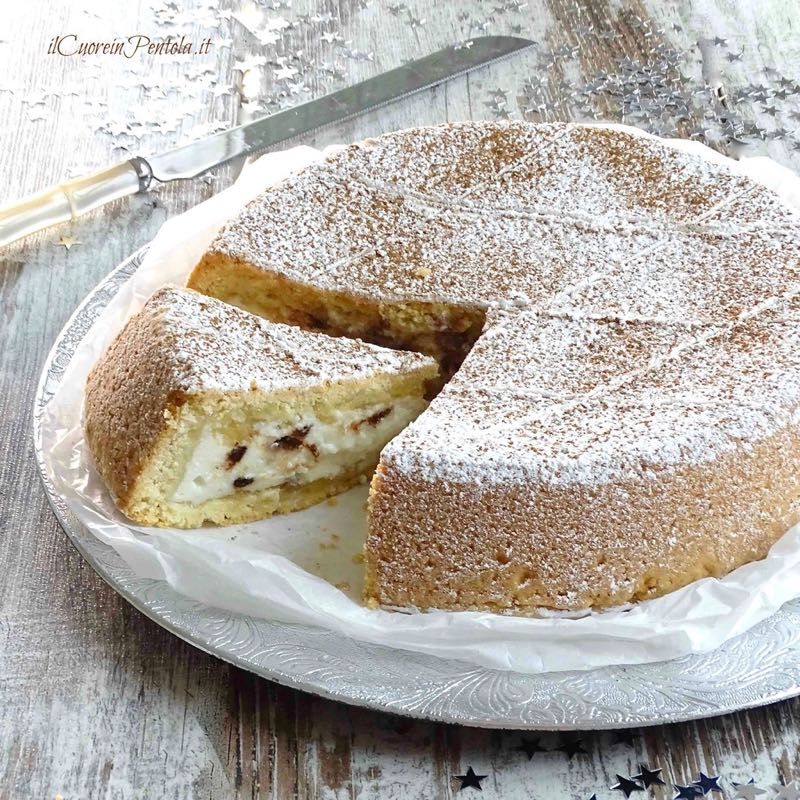
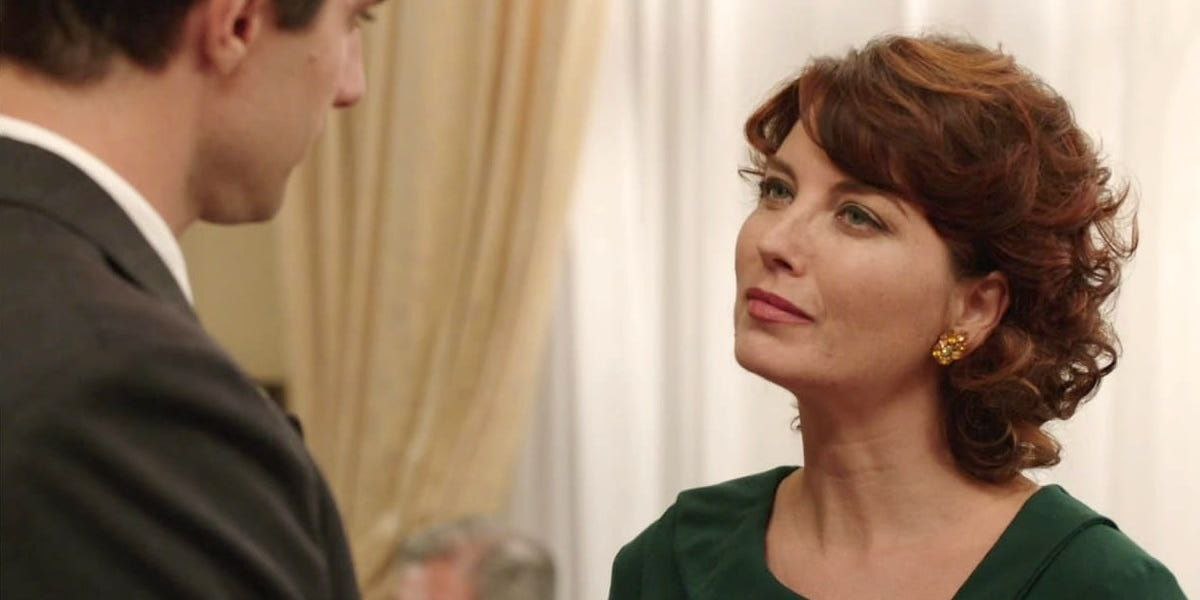
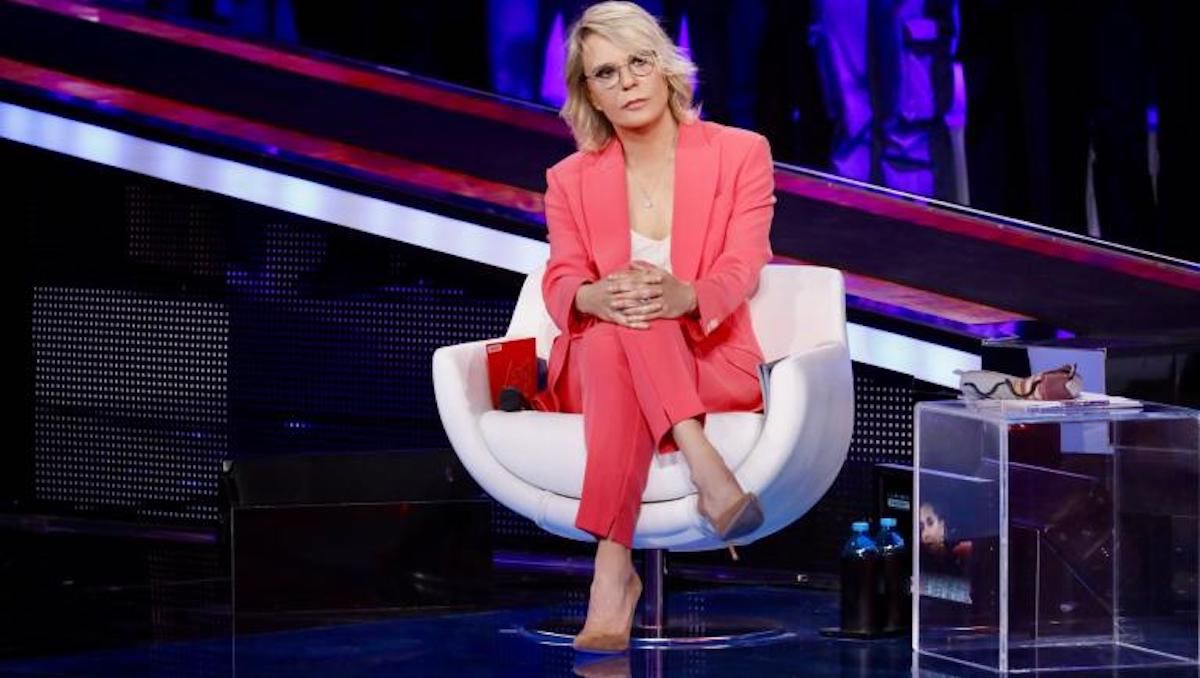
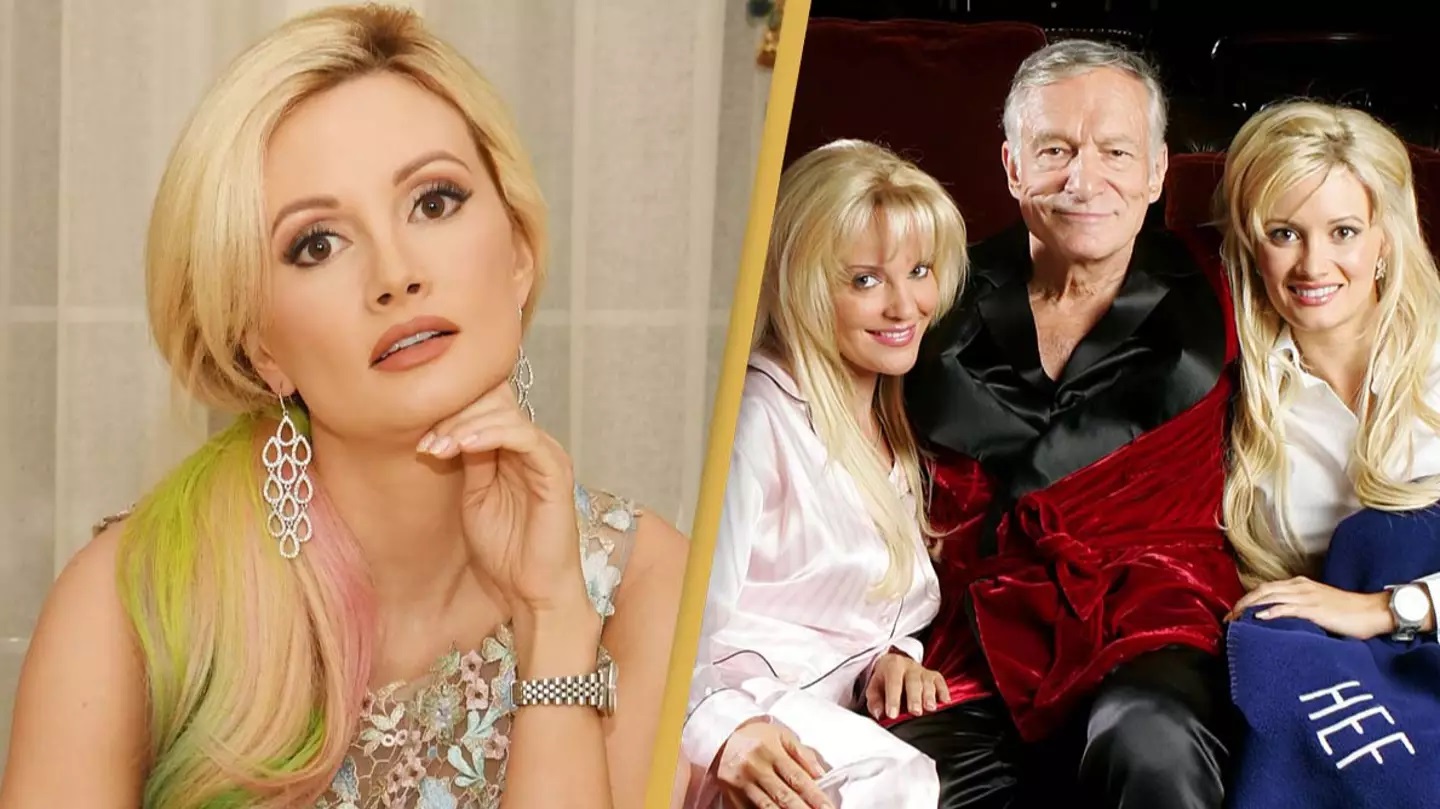
![Casa Bianca: ritratto di Obama sostituito con uno dell’attentato a Trump [FOTO]](https://www.lascimmiapensa.com/wp-content/uploads/2025/04/image-147.png)




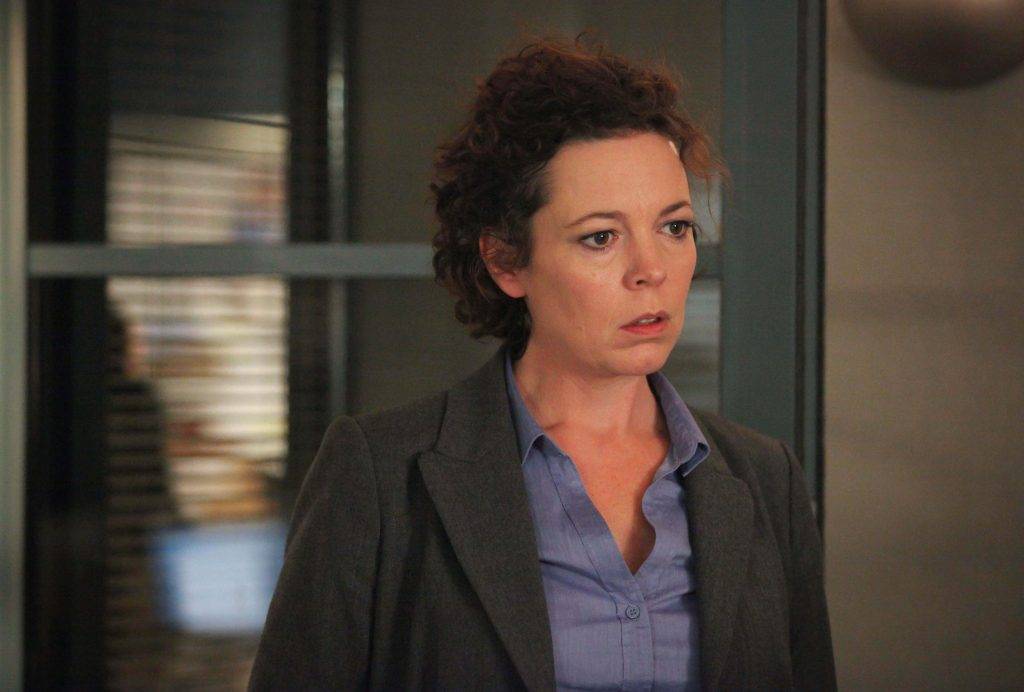
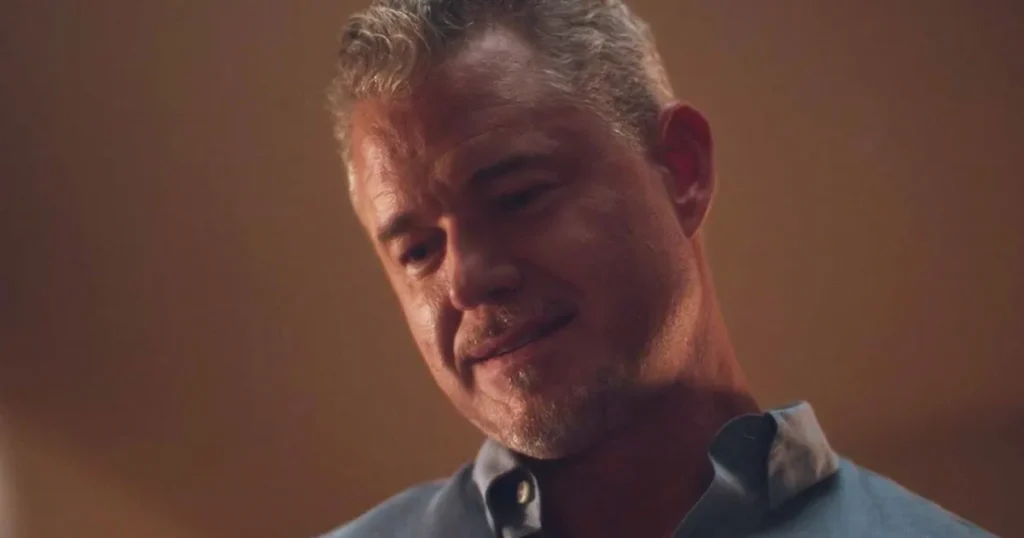
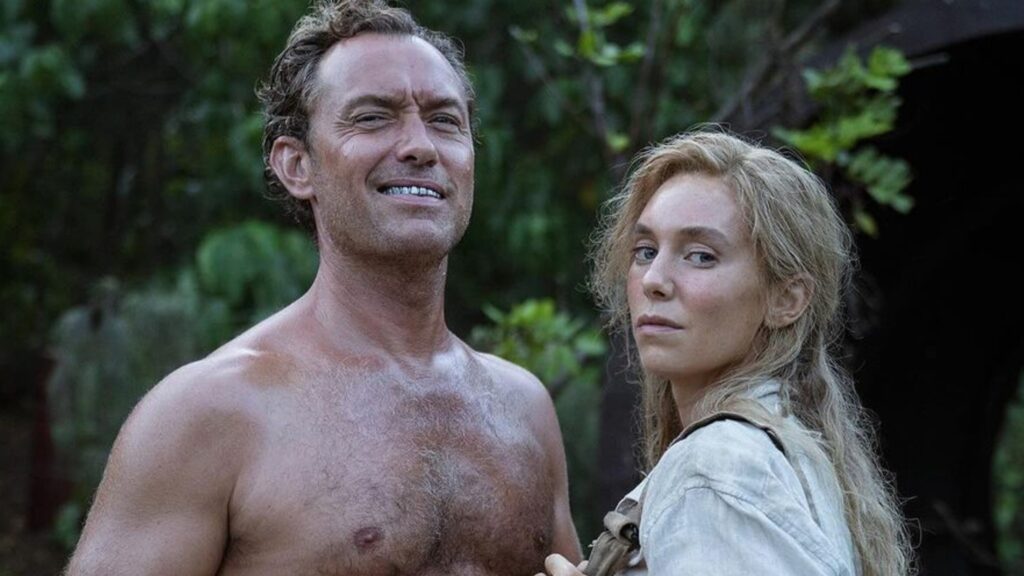
![I metalupi di Game of Thrones esistono davvero: una start-up li ha riportati in vita dopo più di 10.000 anni [FOTO]](https://www.hallofseries.com/wp-content/uploads/2025/04/Jon-Snow-e-il-metalupo-Spettro-Game-of-Thrones-1024x576.png?#)




